I see you are a 'seeker of knowledge.' Here are some movies, documentaries, docudramas, and television shows to help you embrace the painful truth of reality. These films are not to be seen but digested, as in becoming part of your consciousness. So, don't just 'watch them,' think through them, rewind and play those scenes that challenge your understanding of reality, but, most importantly, discuss them with others. 'This is your last chance. After this, there is no turning back.' You cannot unlearn, what you learned from these films. These films will help you see 'how deep the rabbit hole goes.' You have been warned.
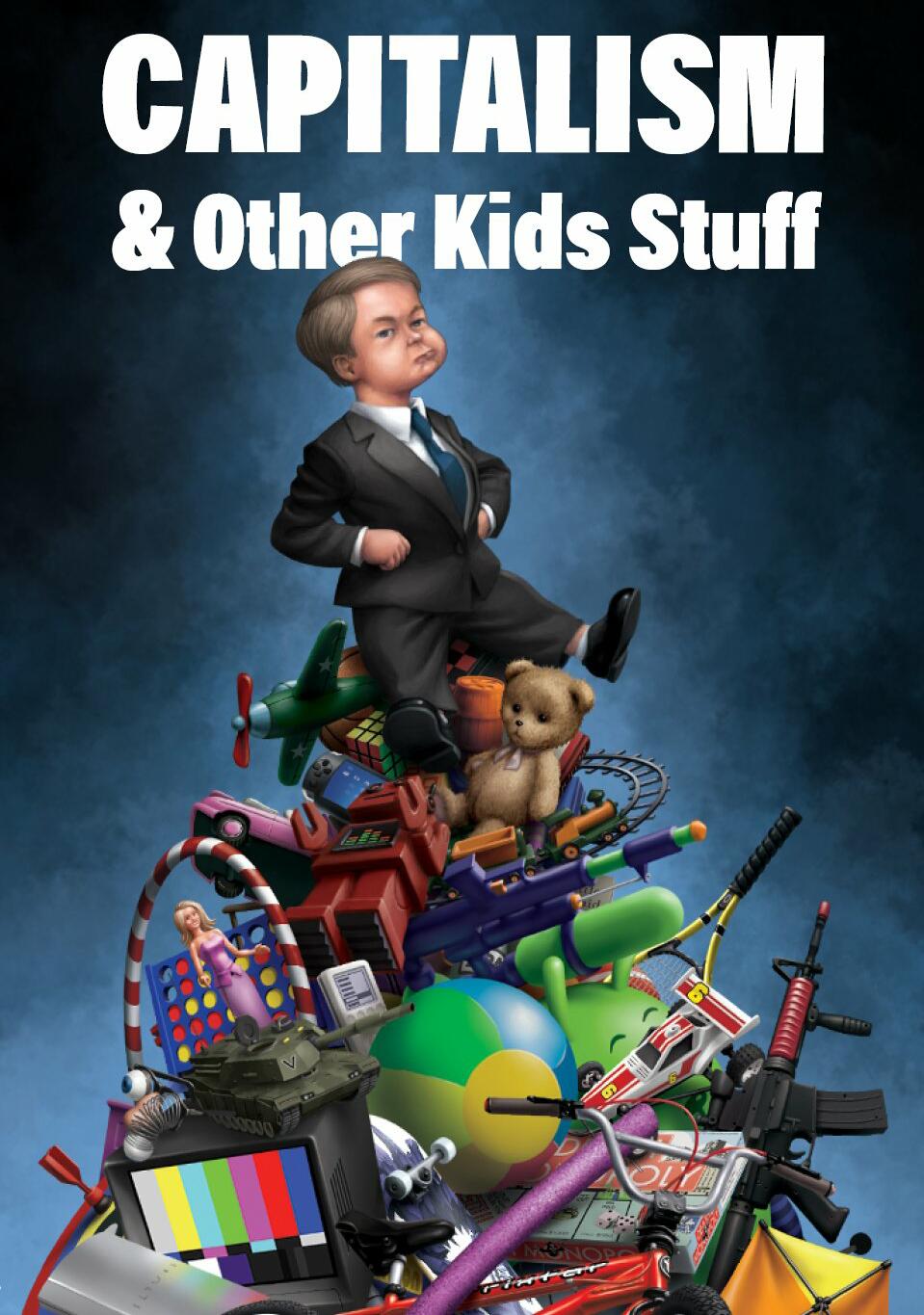
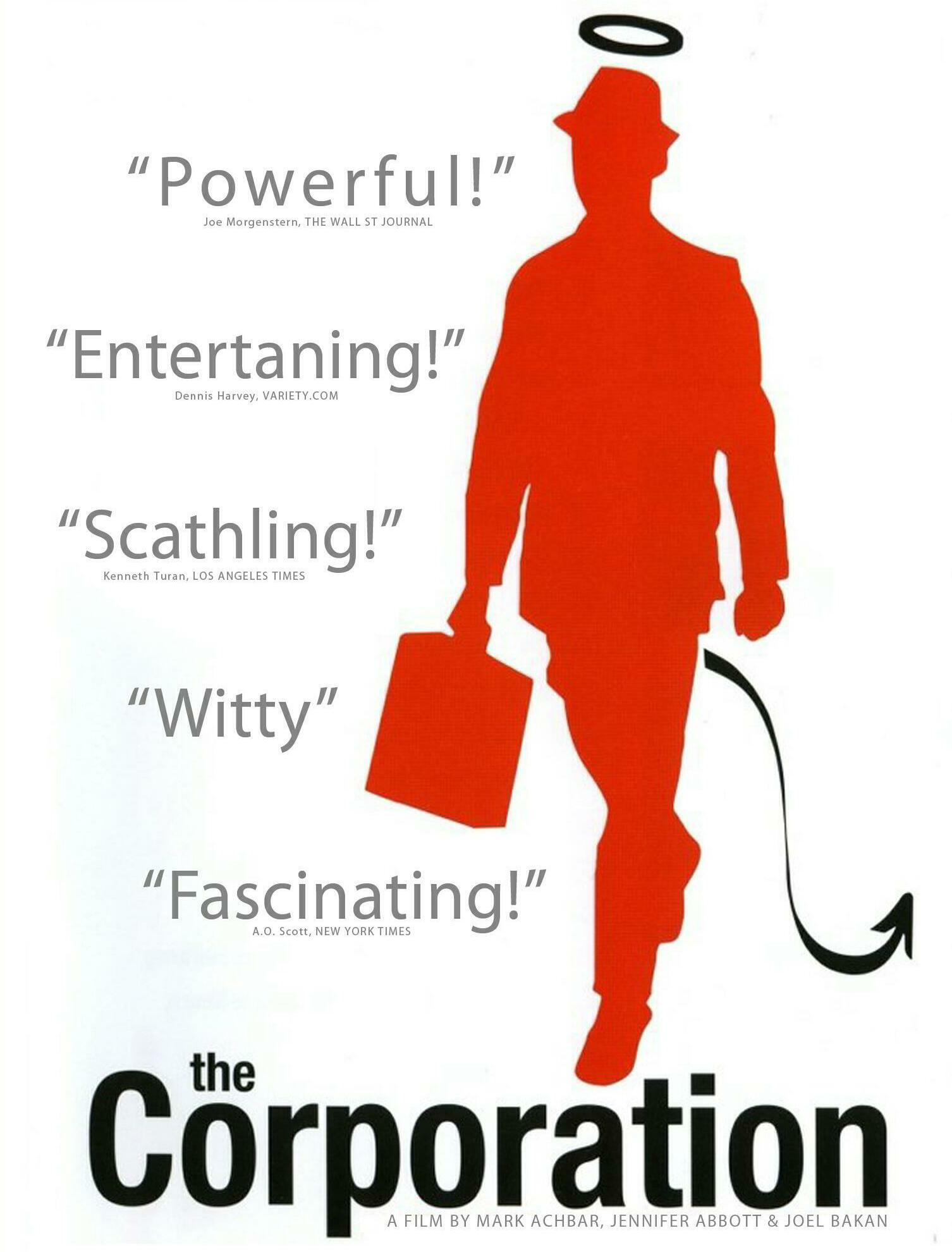
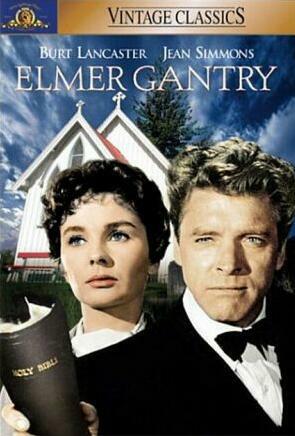
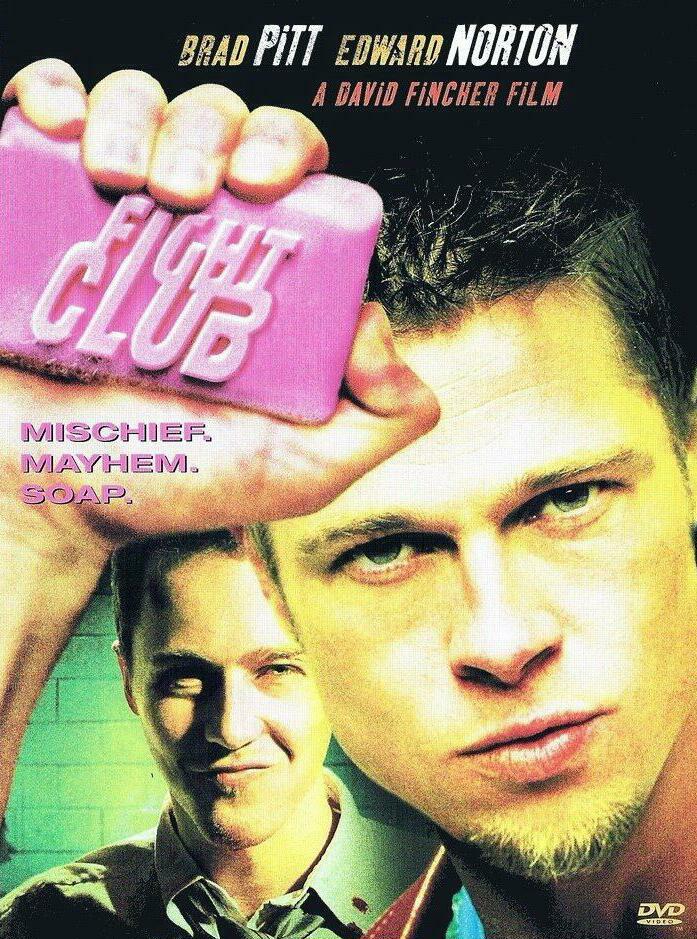

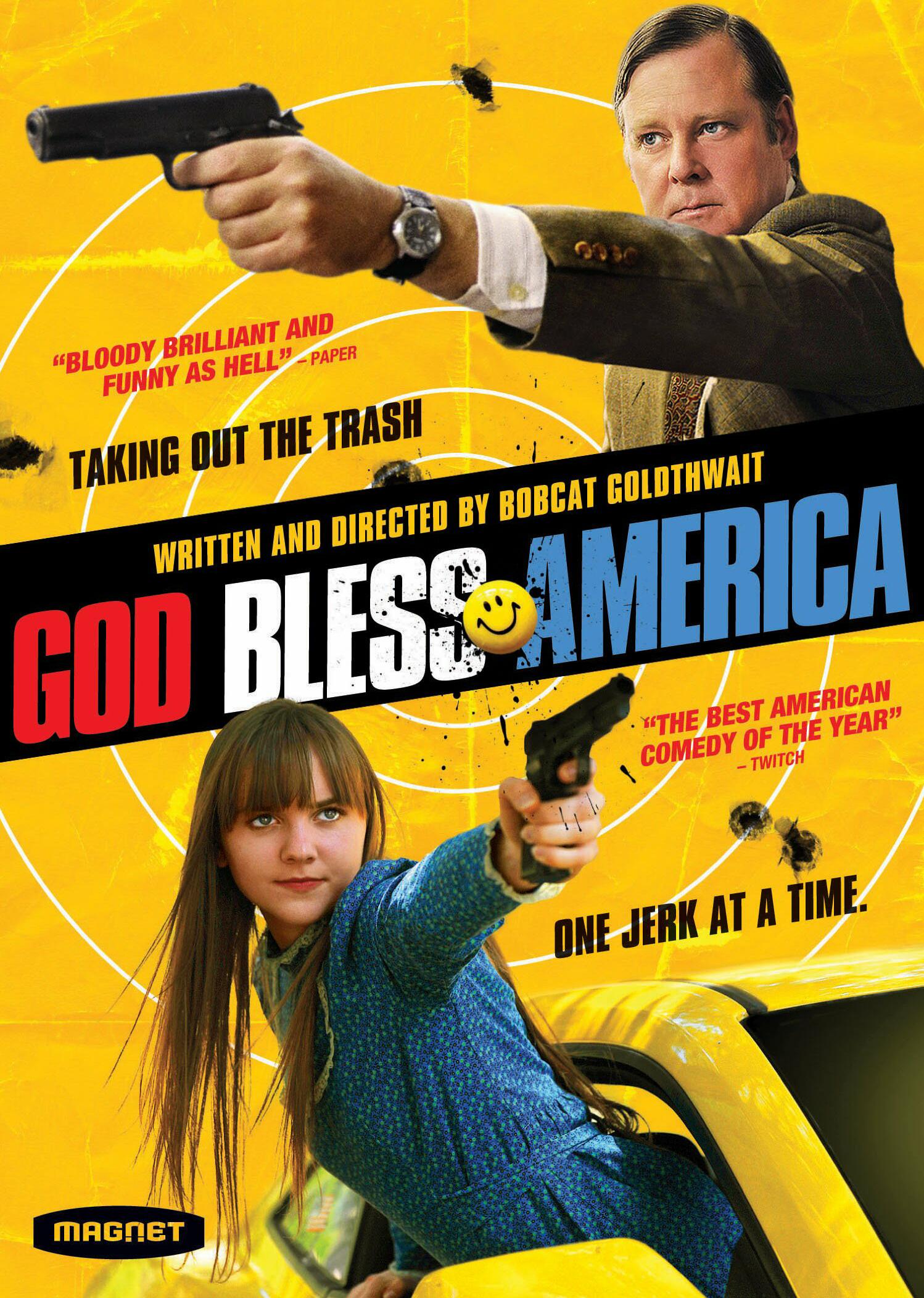

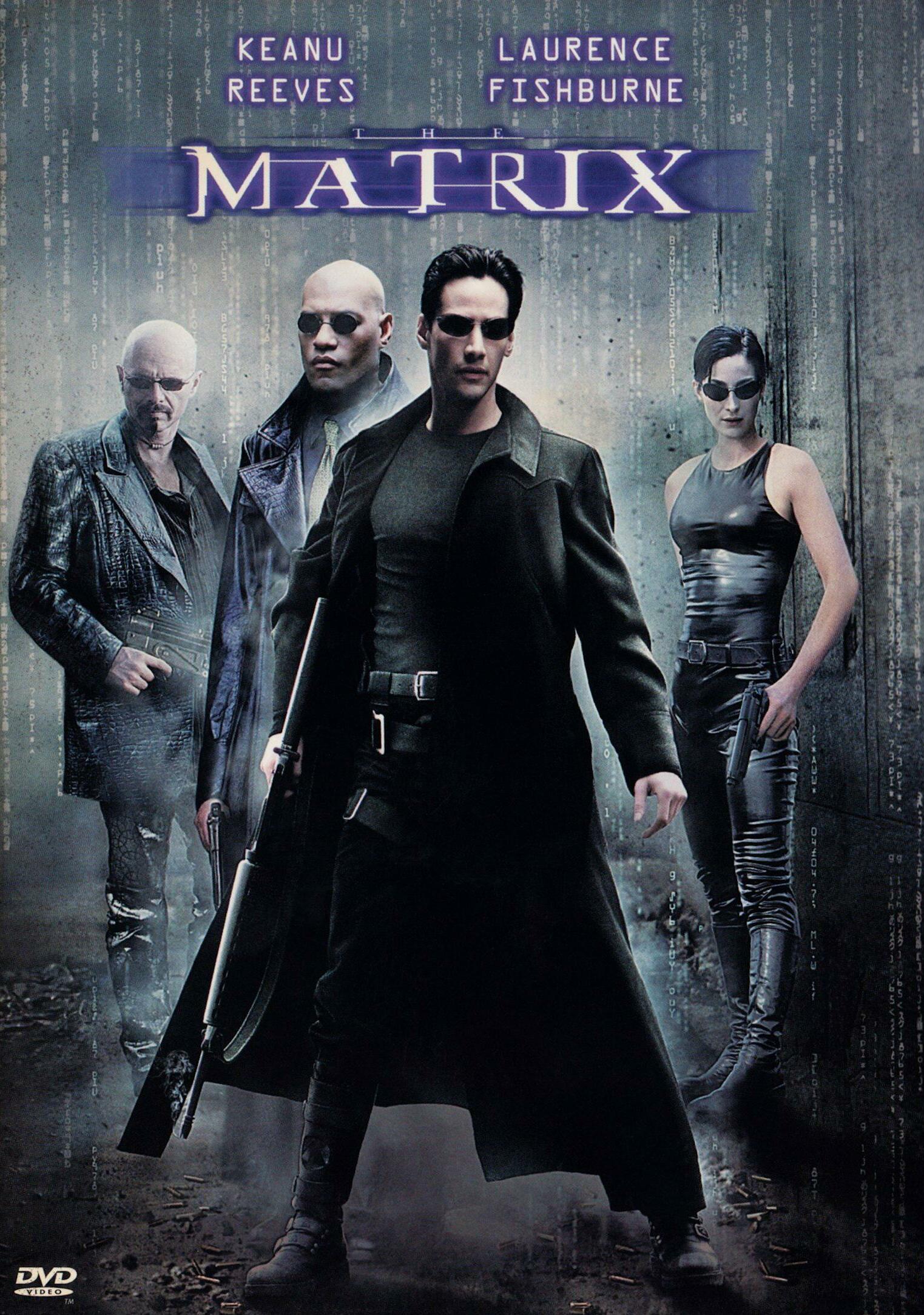
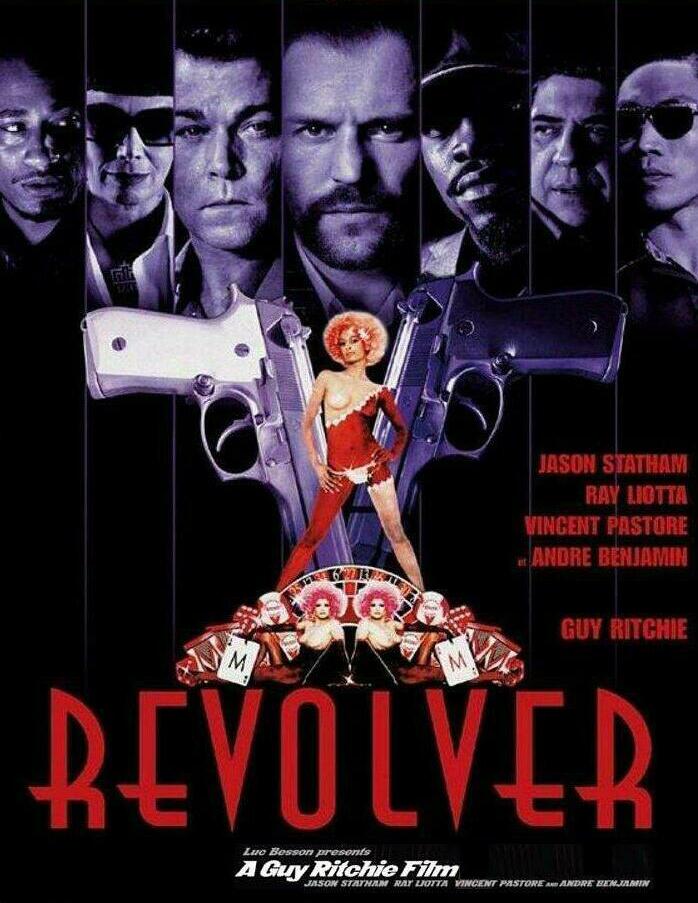


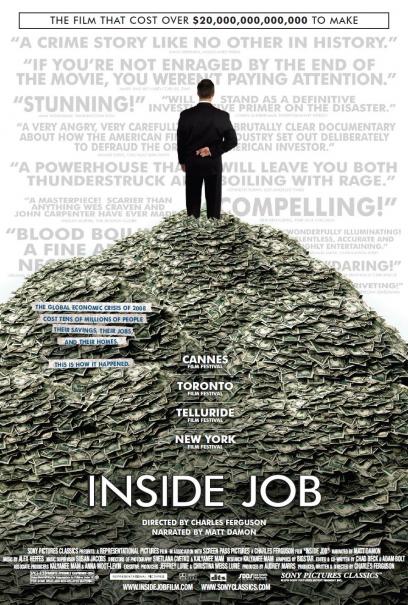
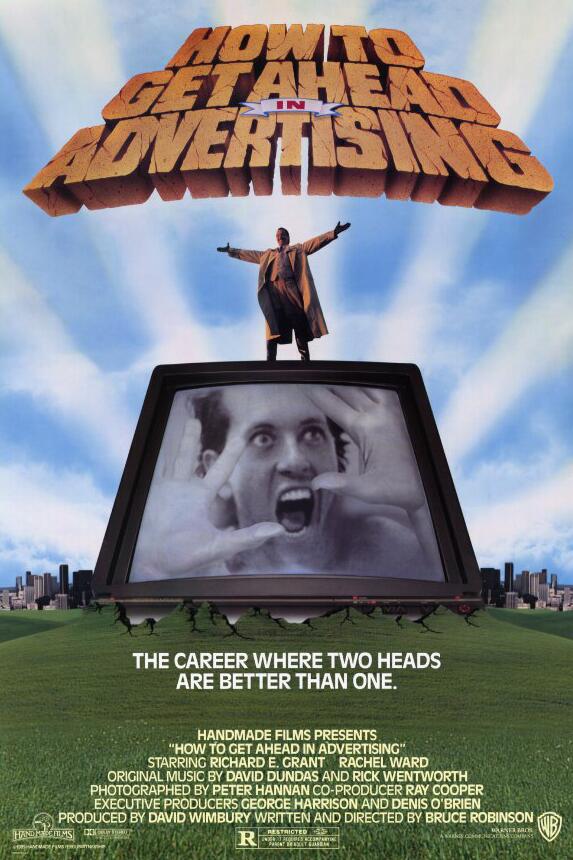

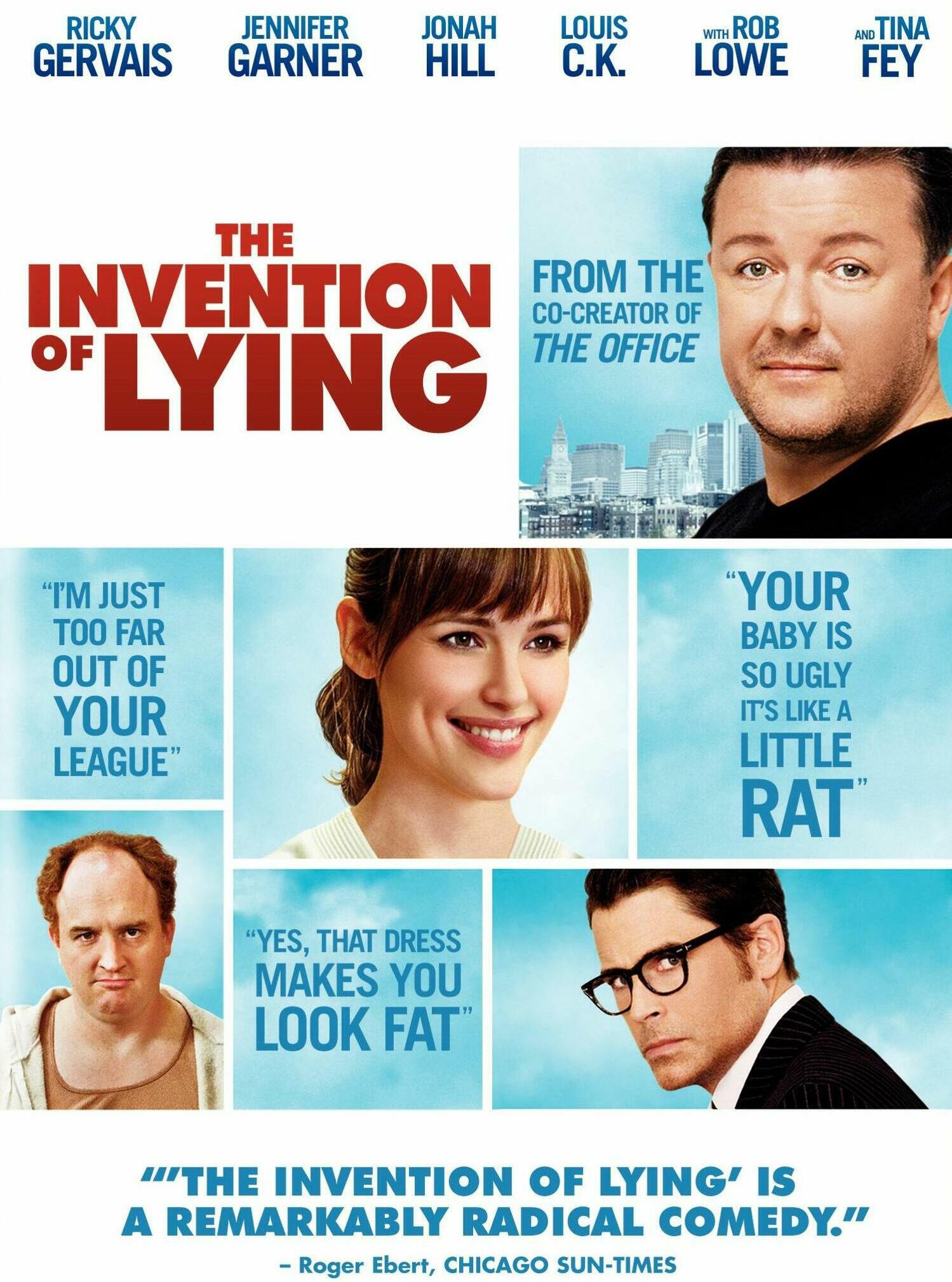
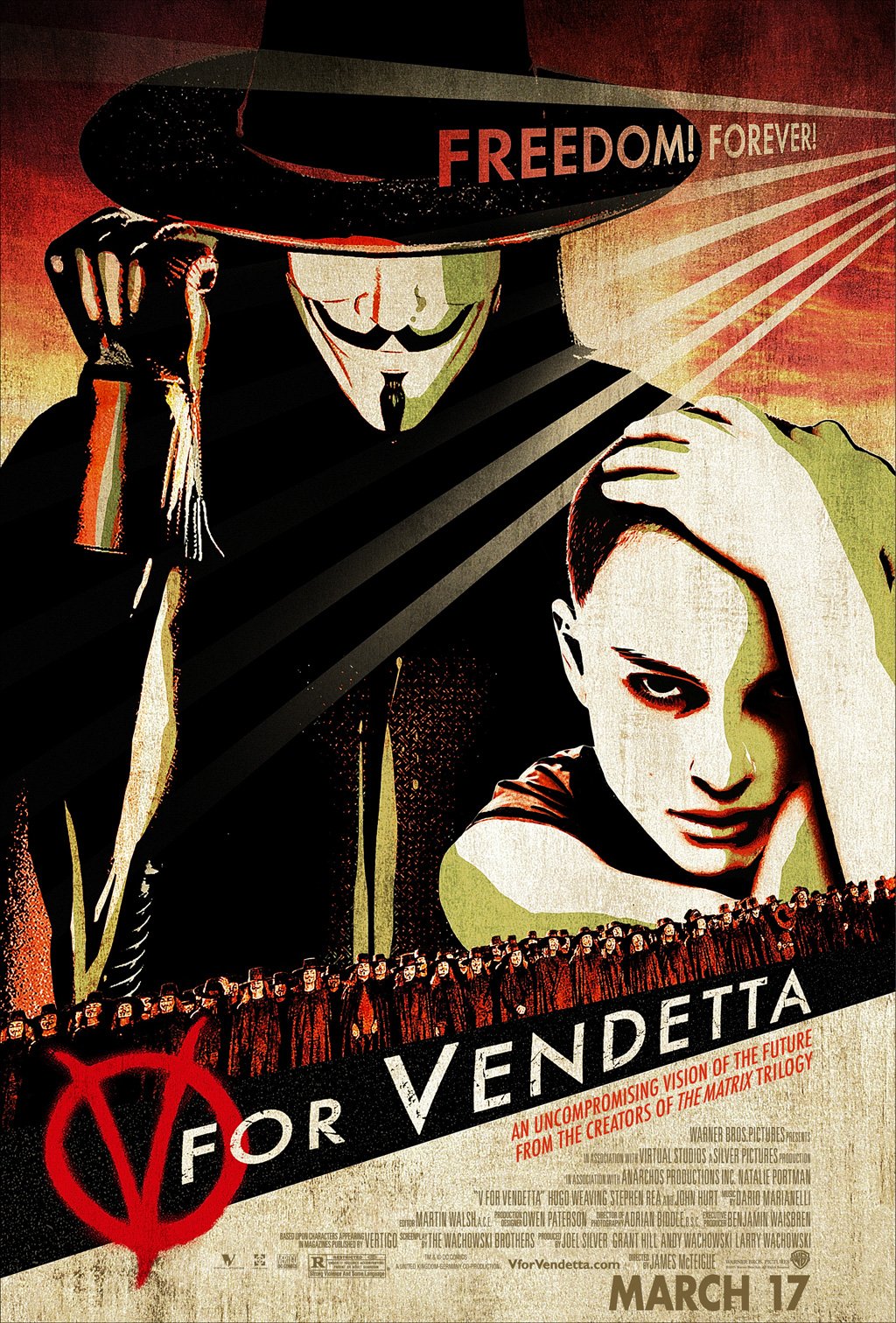
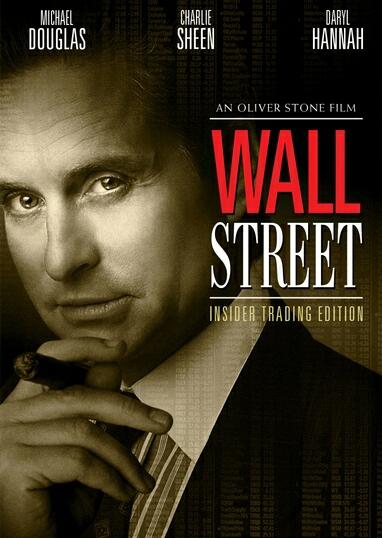
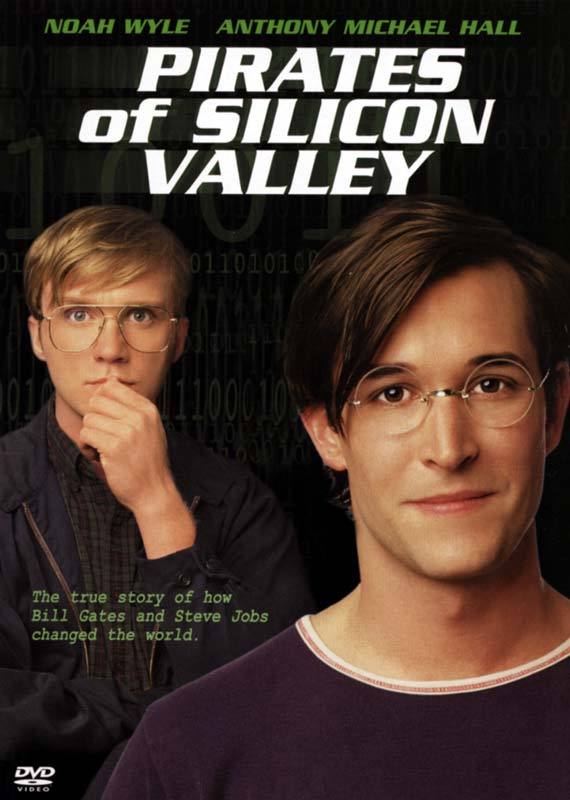
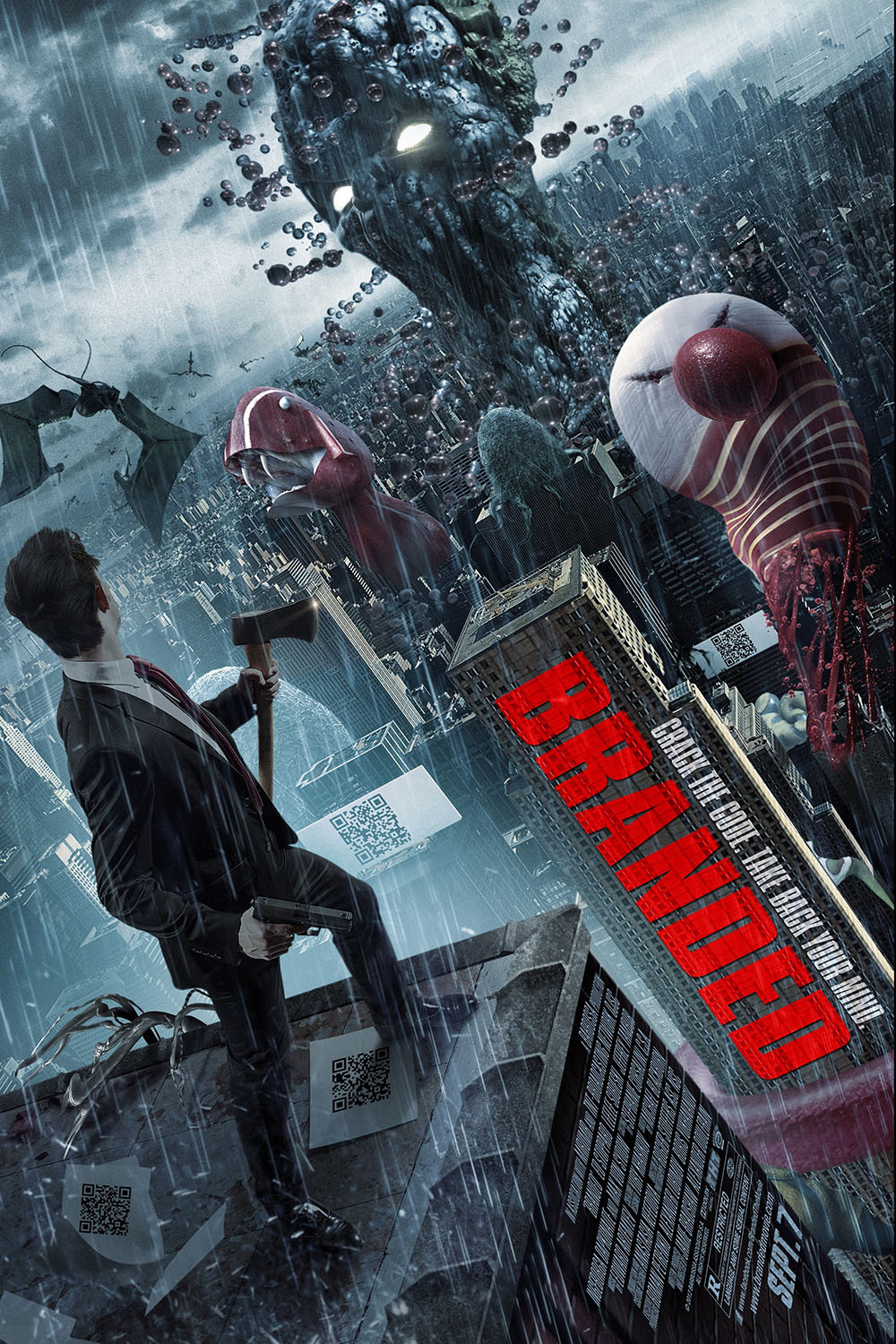
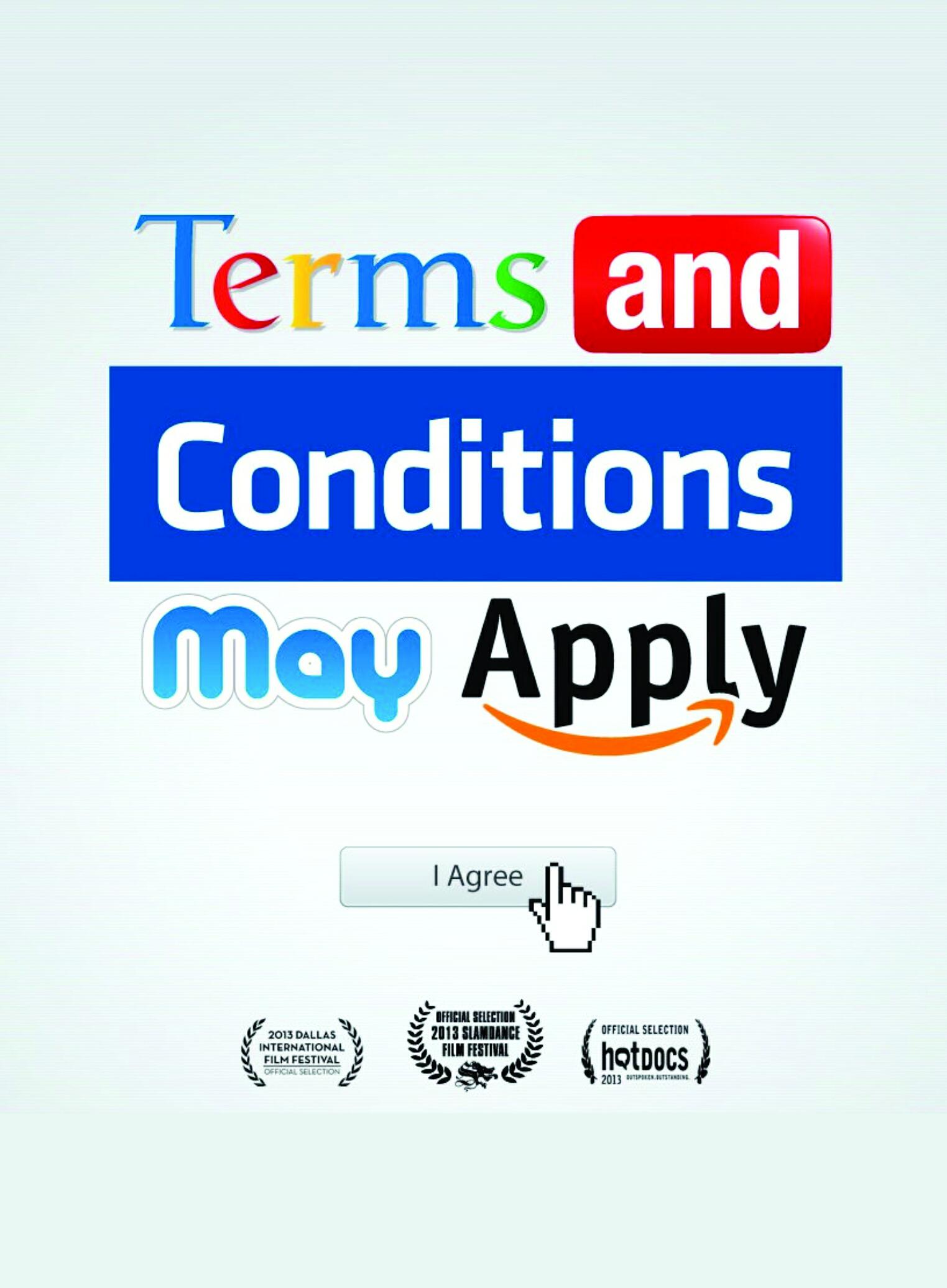
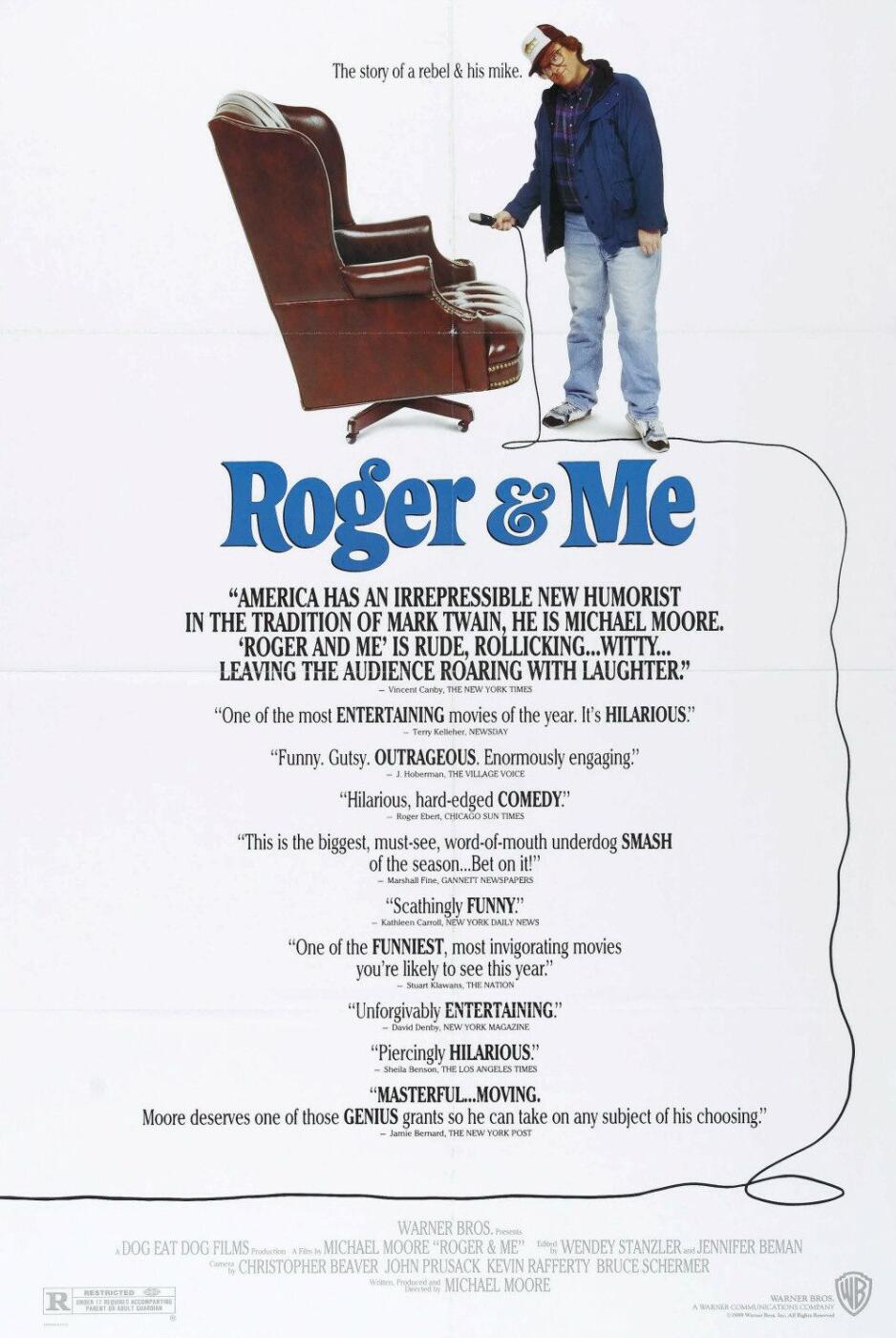
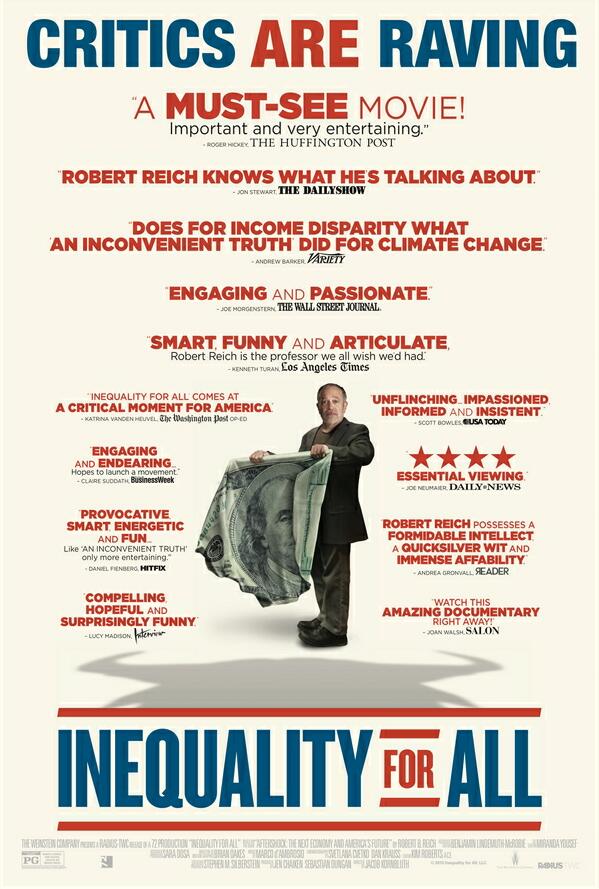


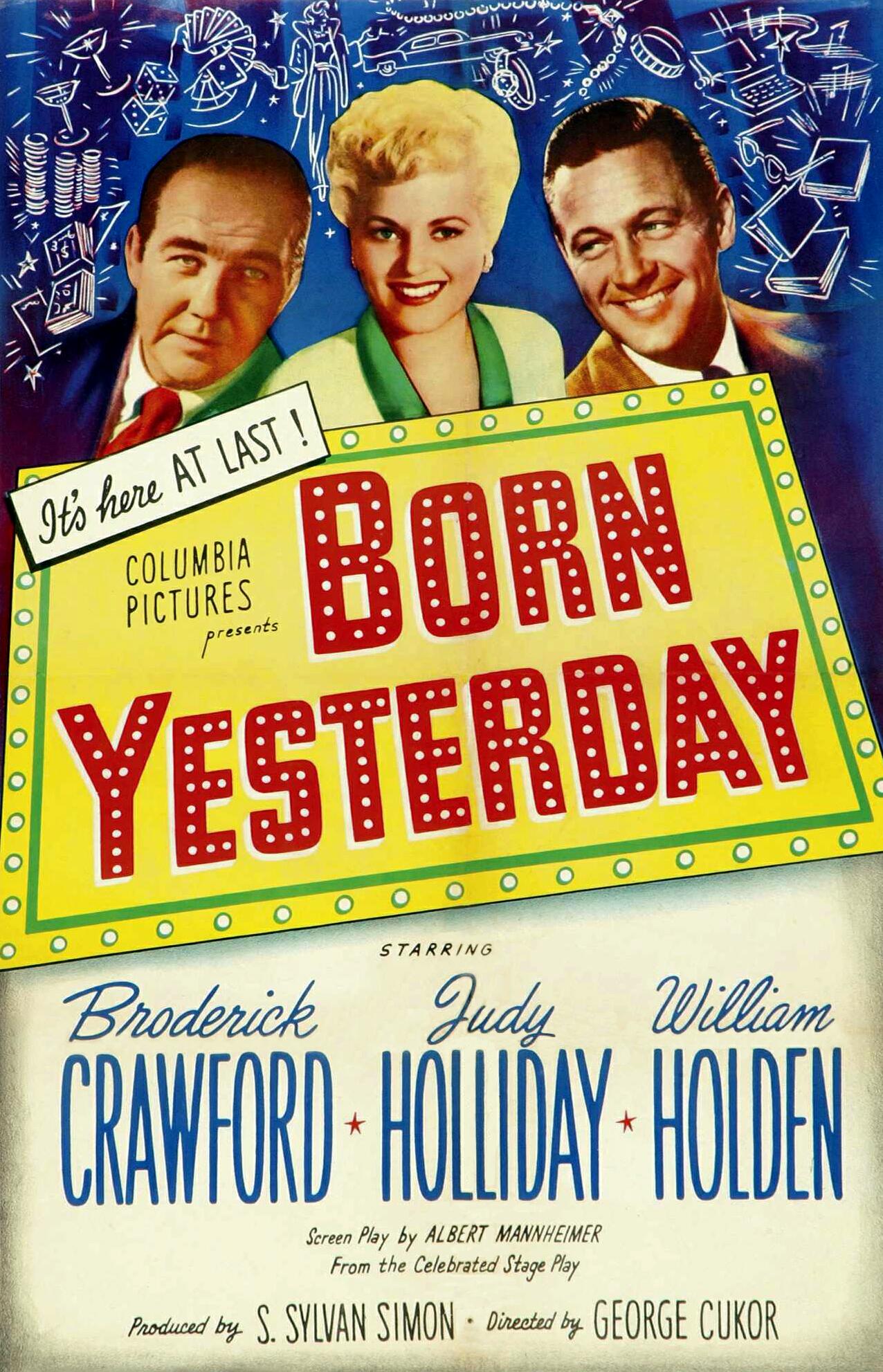

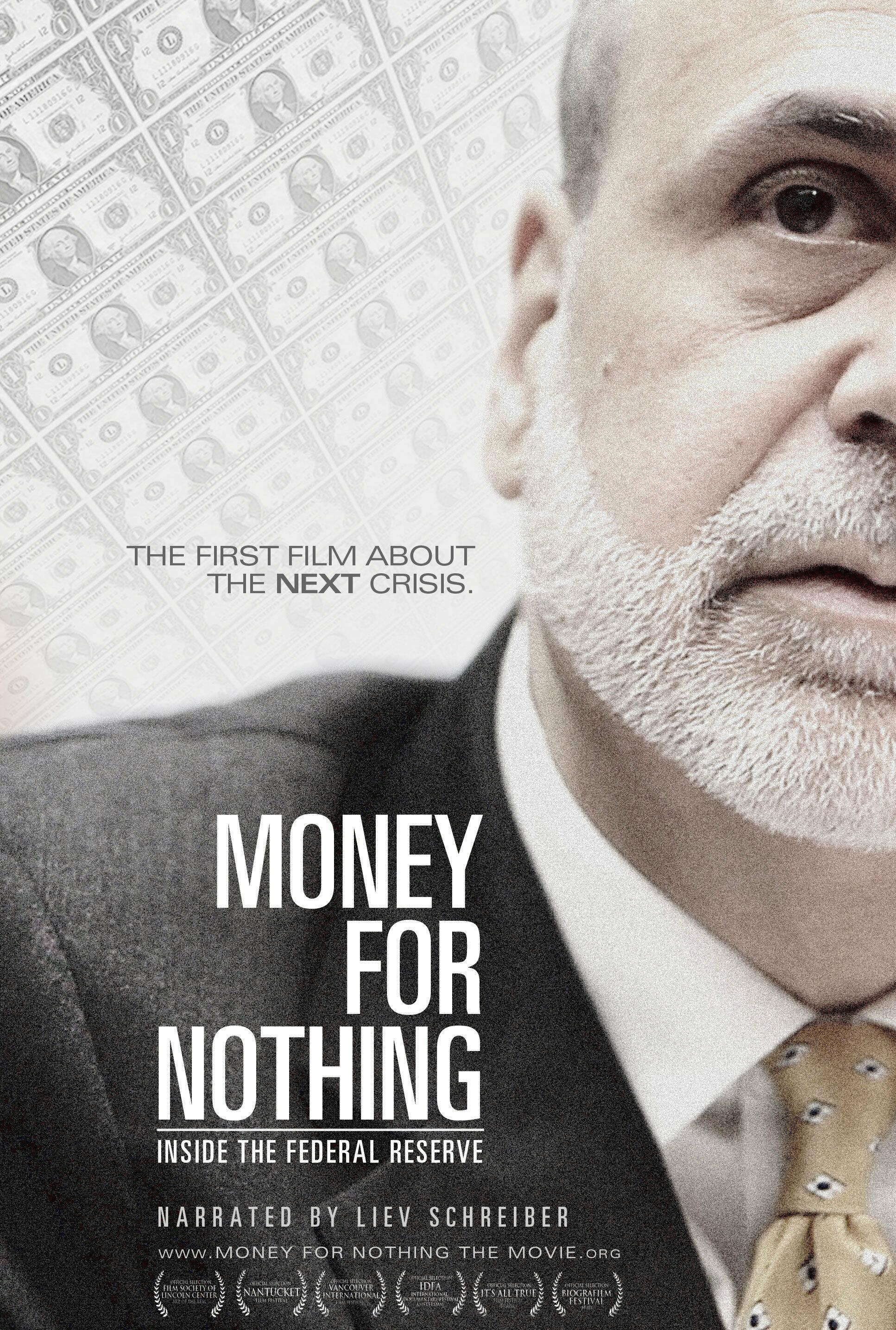
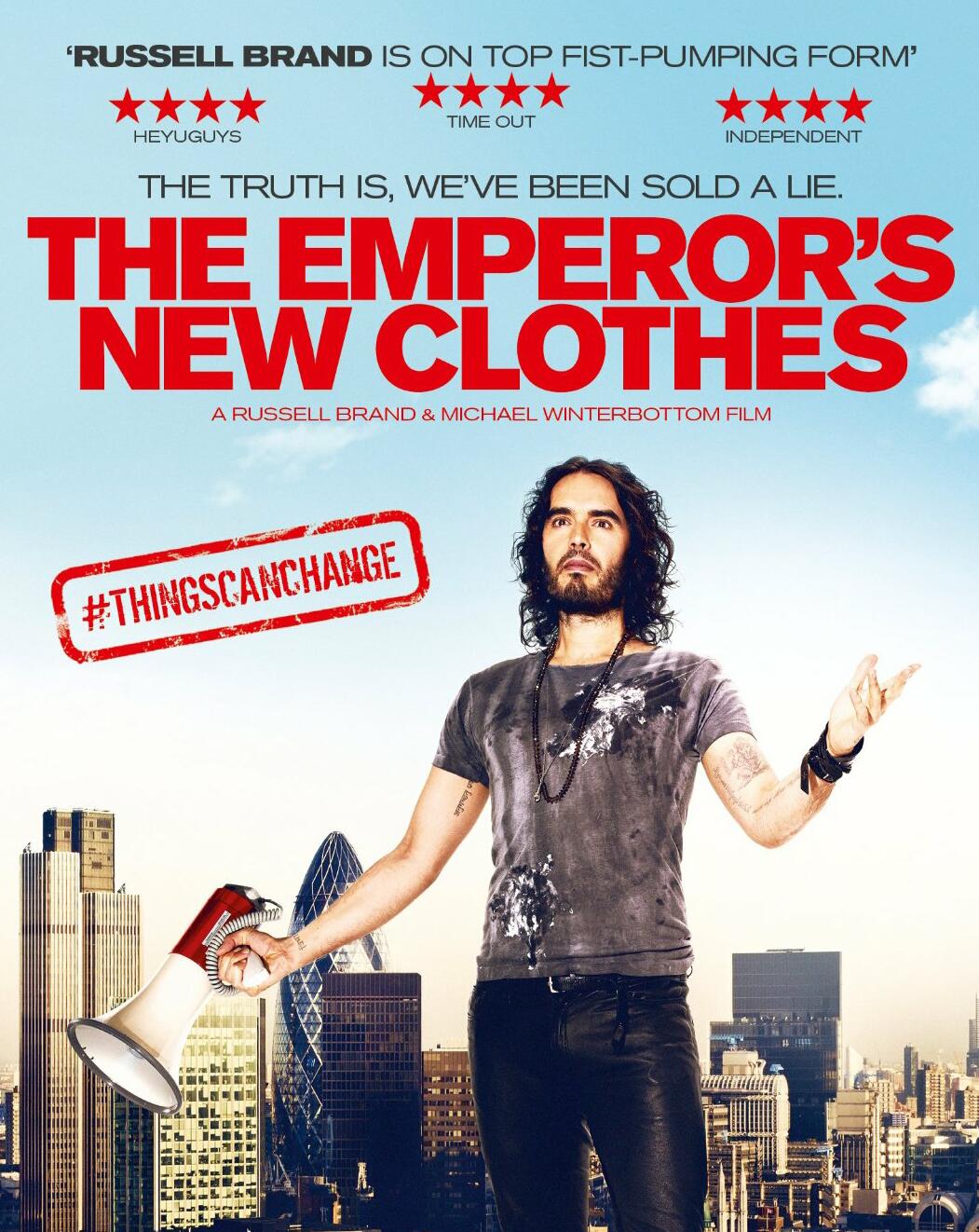


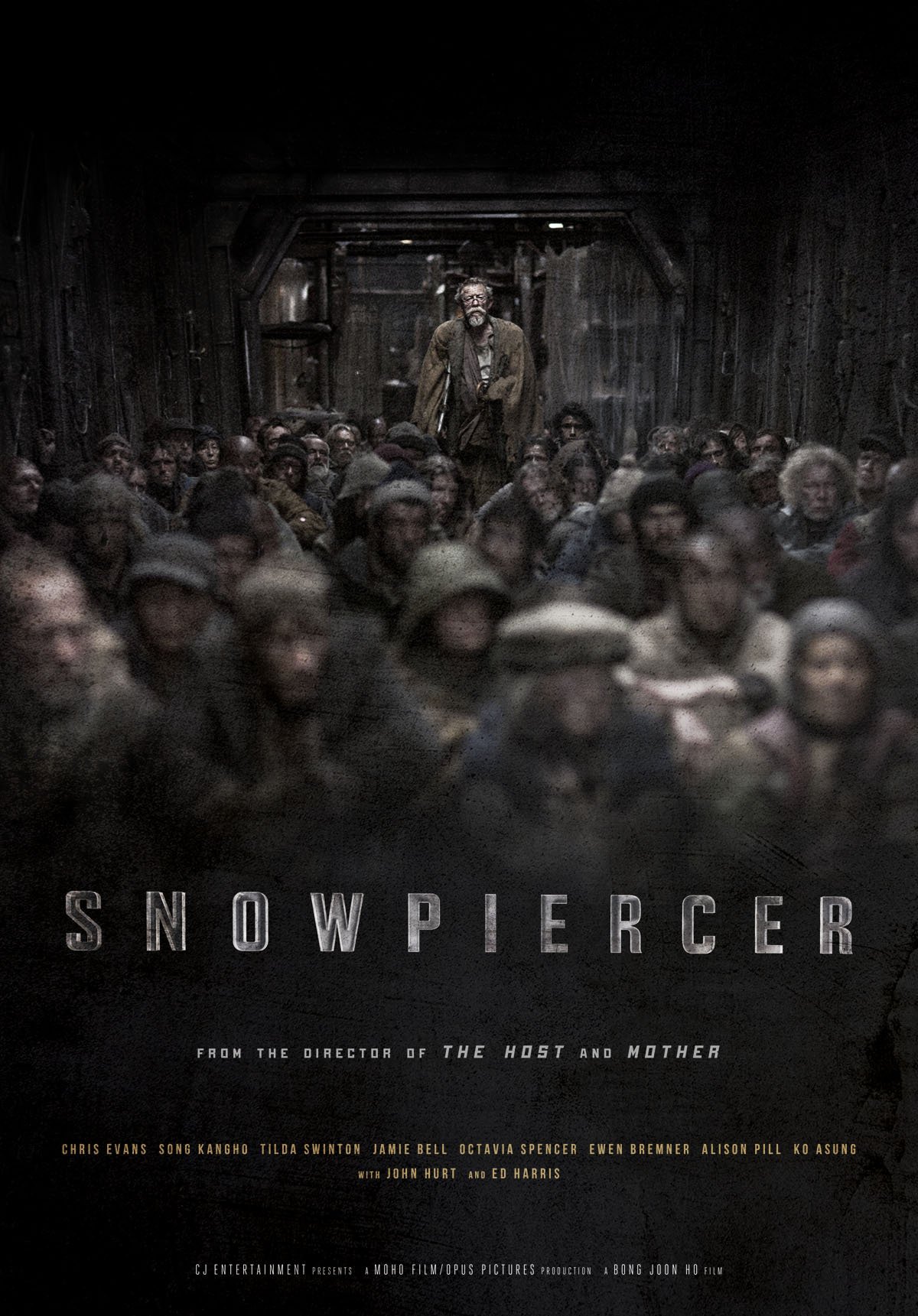

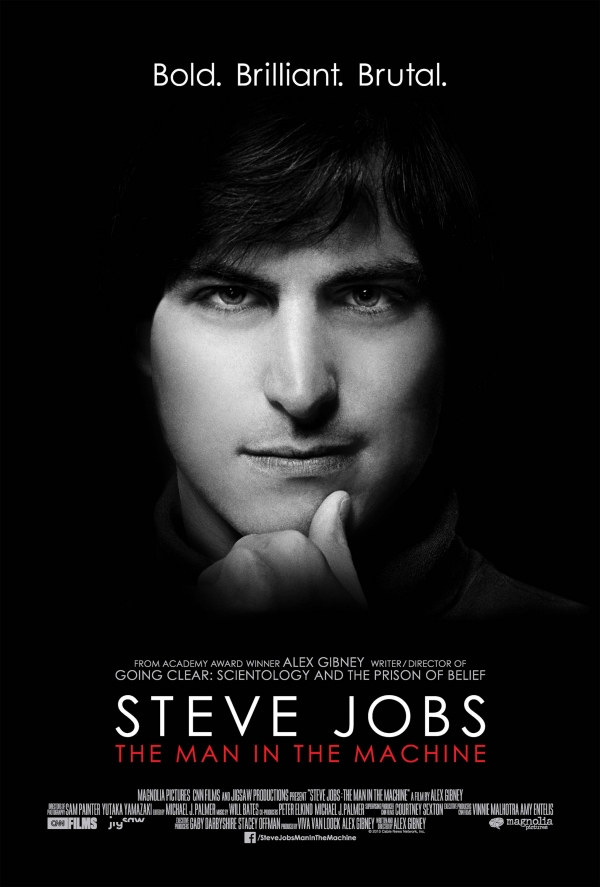
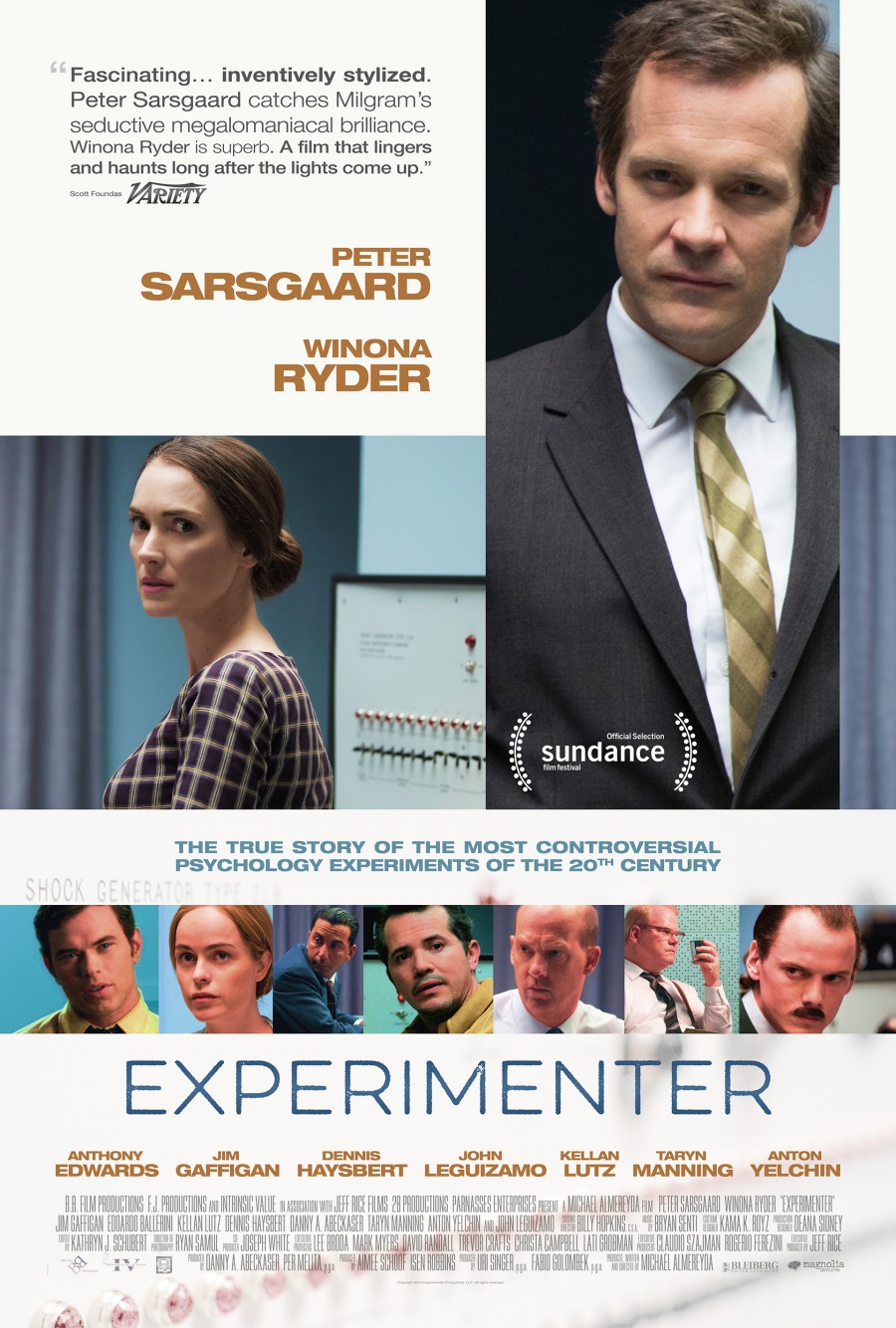
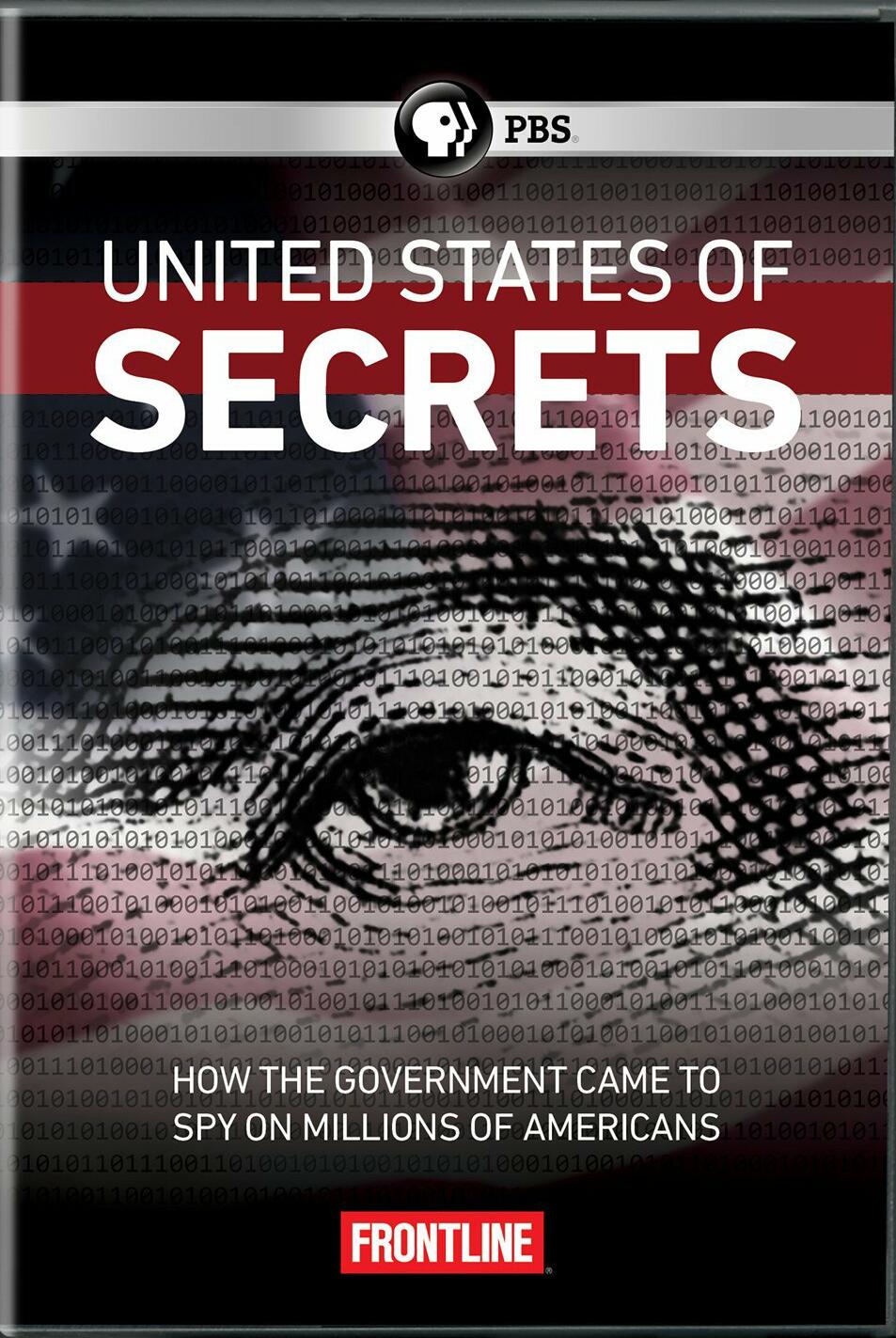
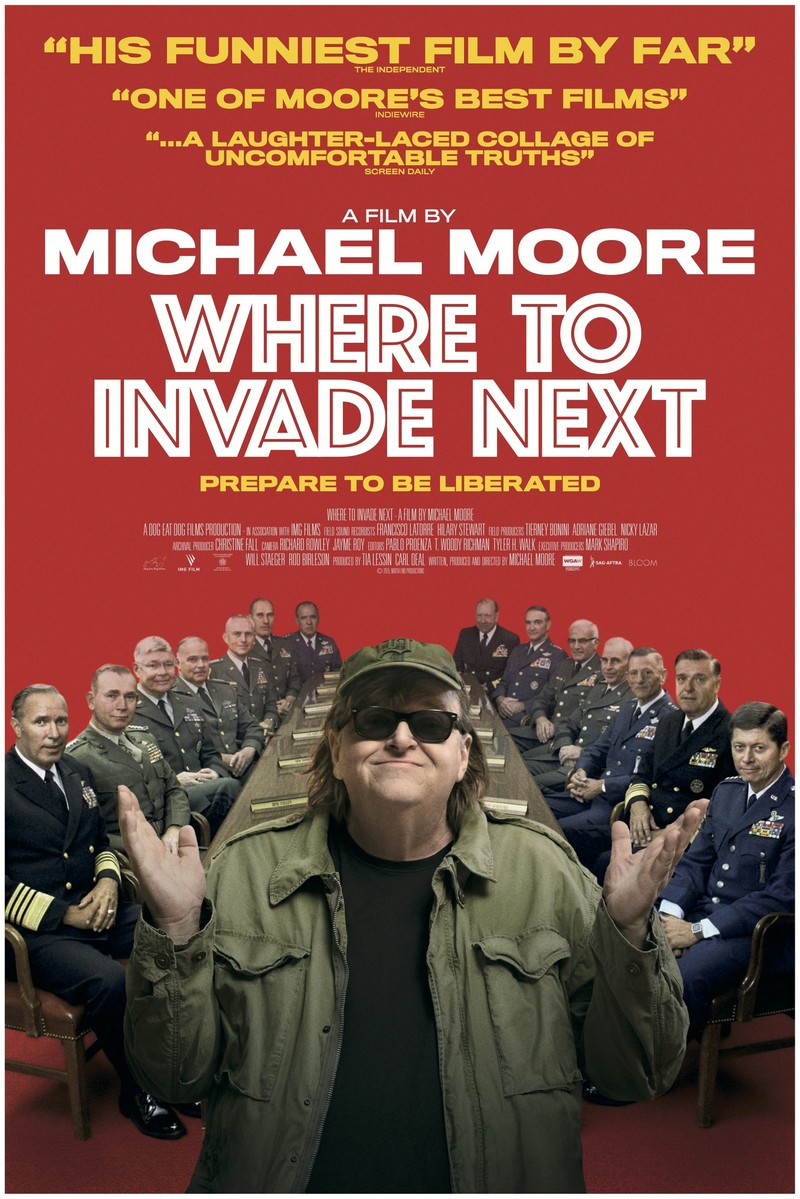
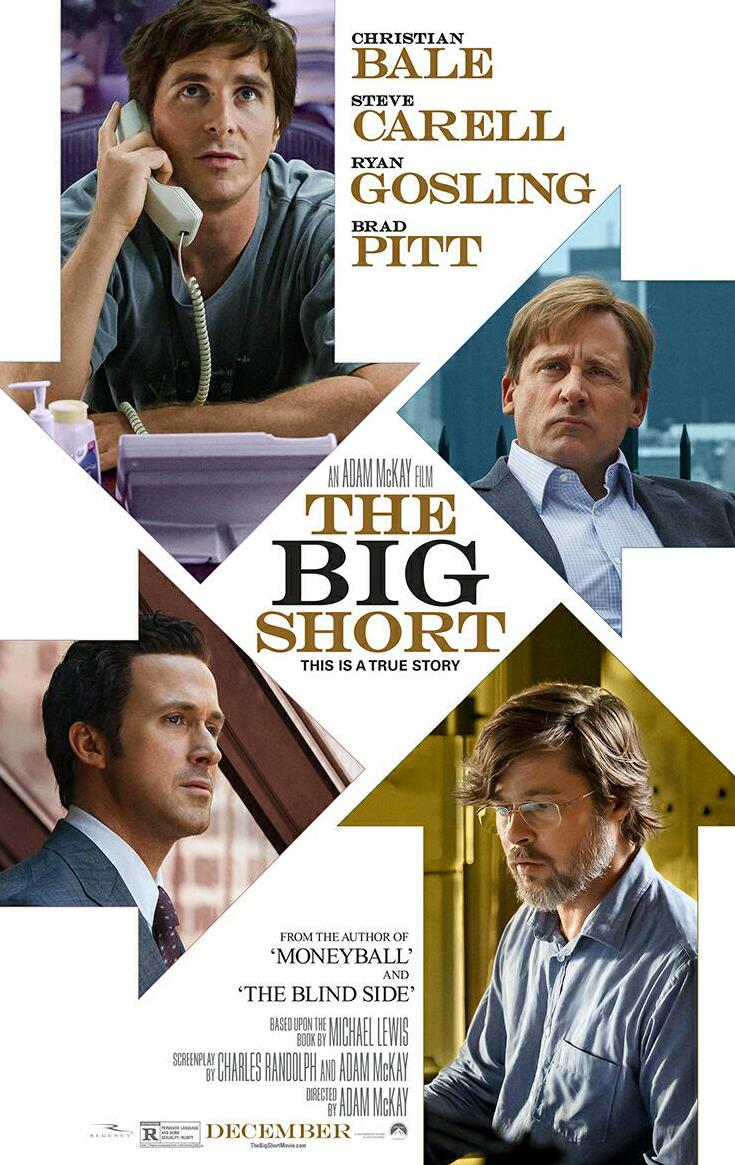
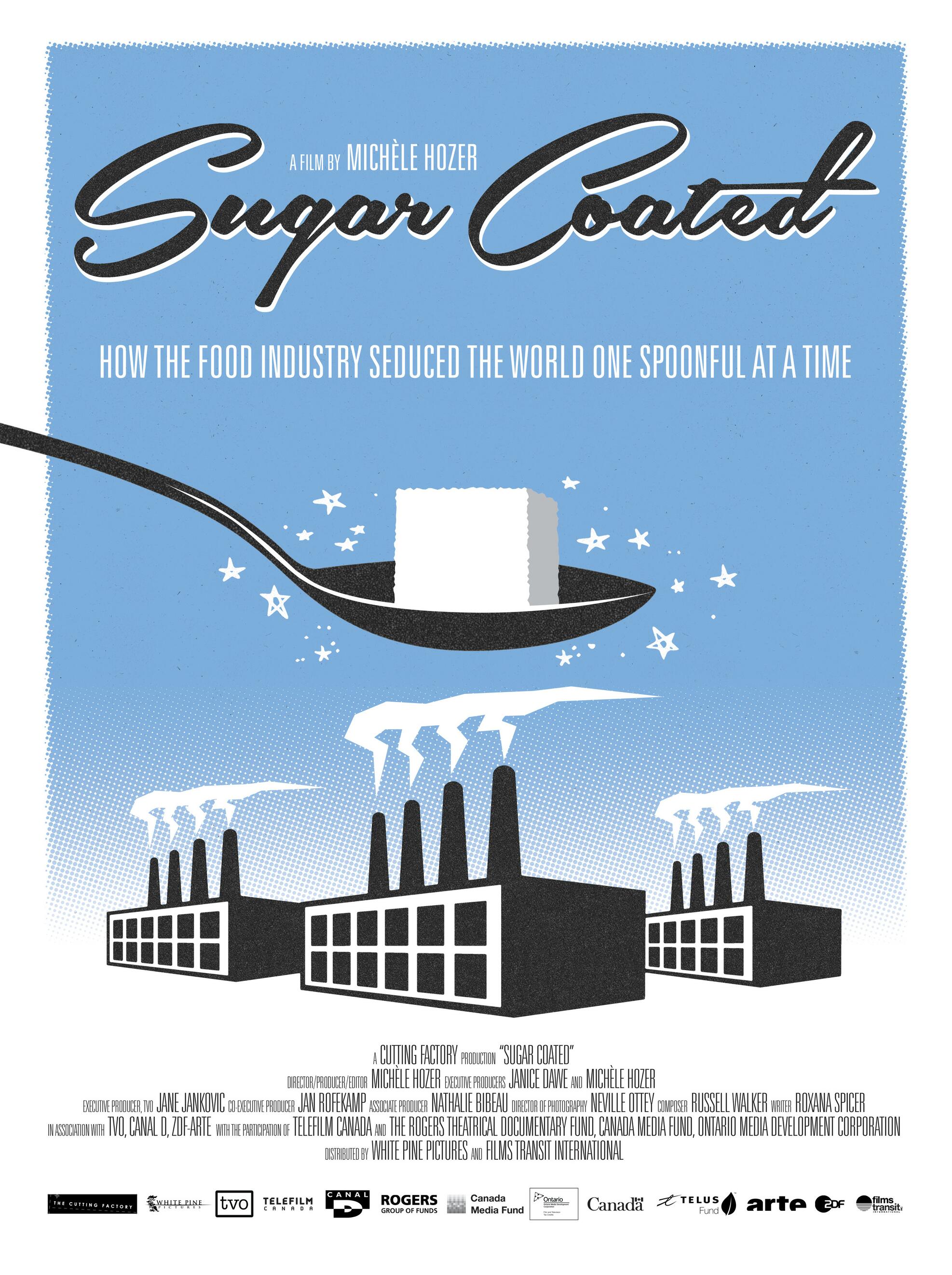
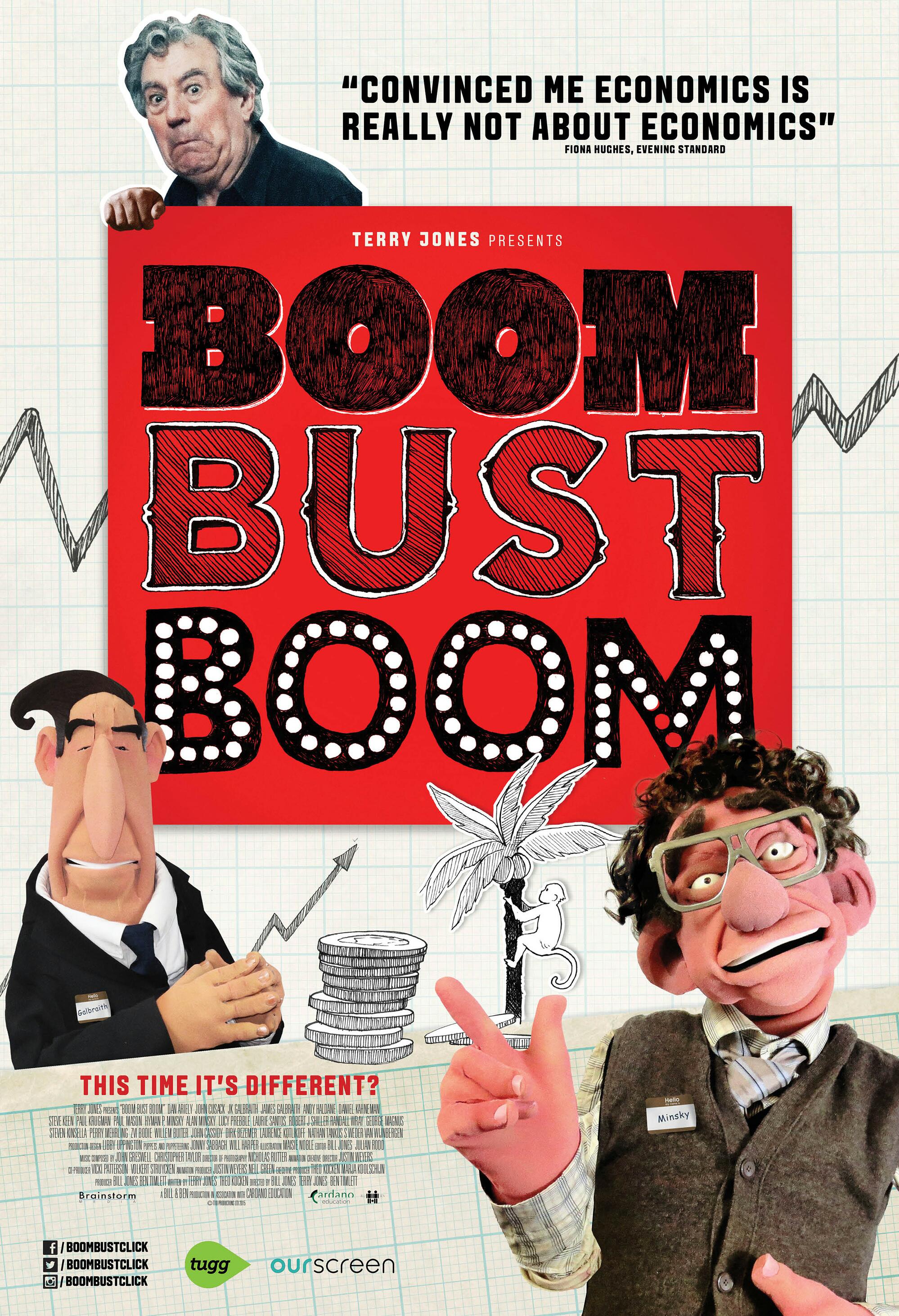
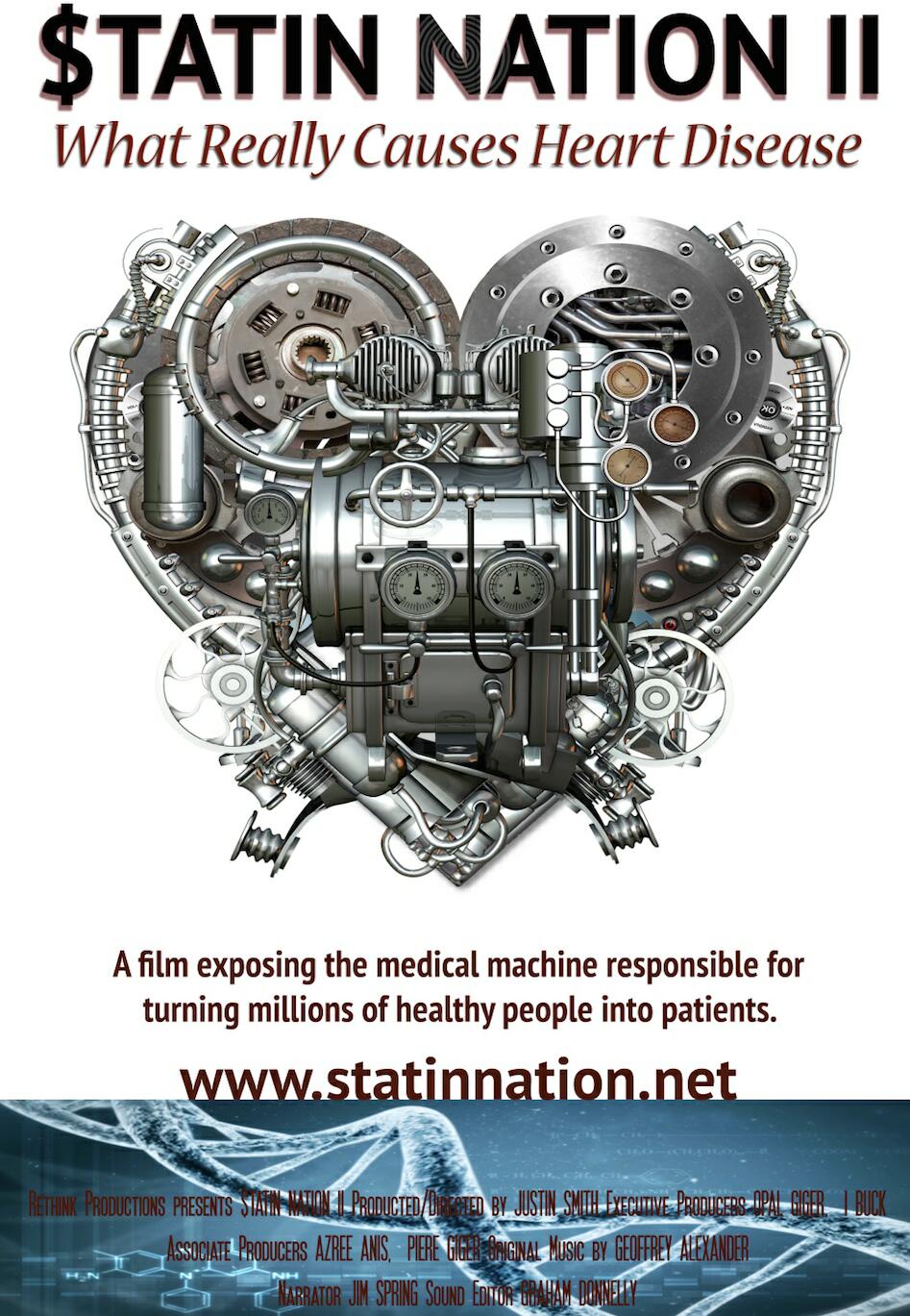
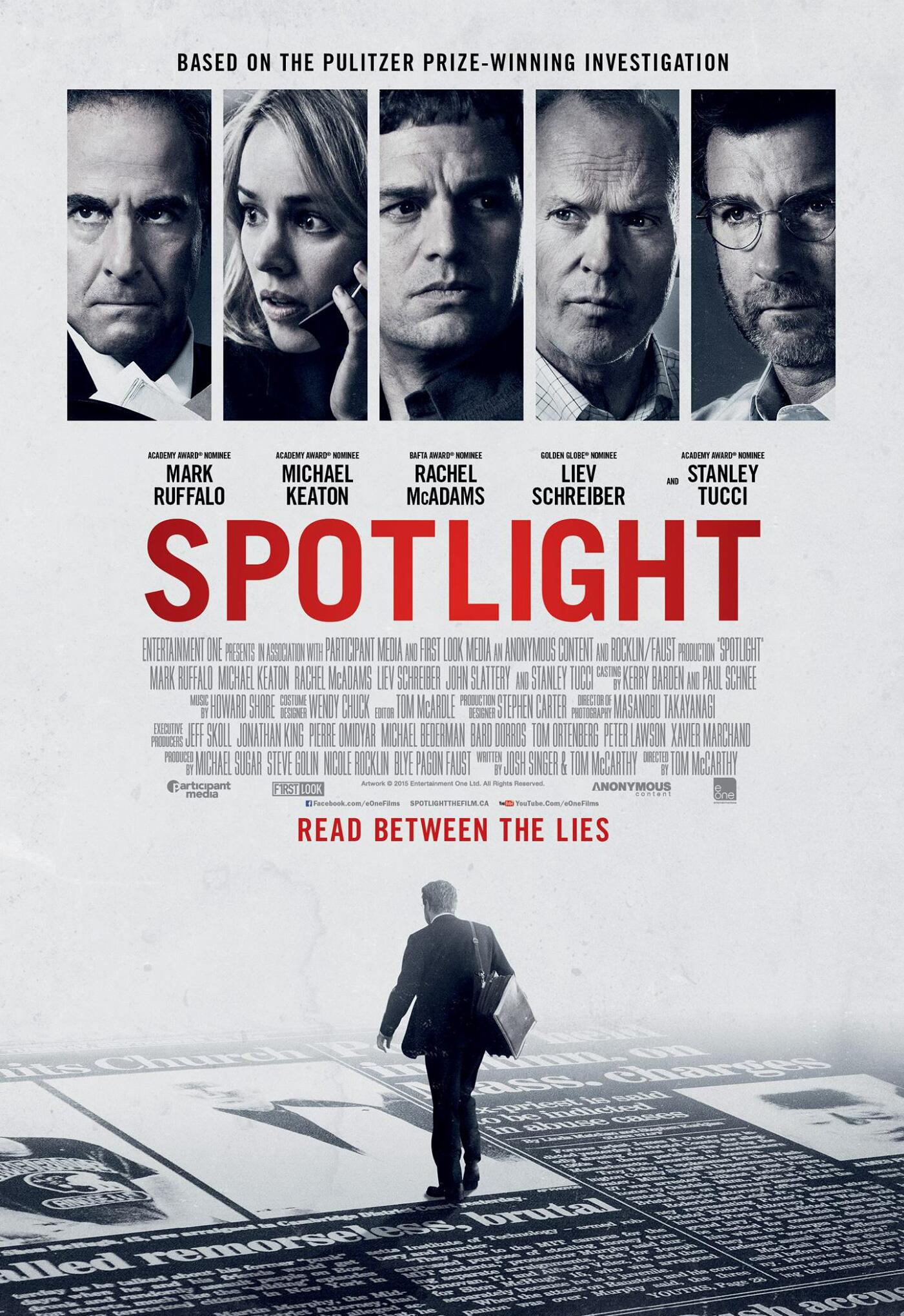

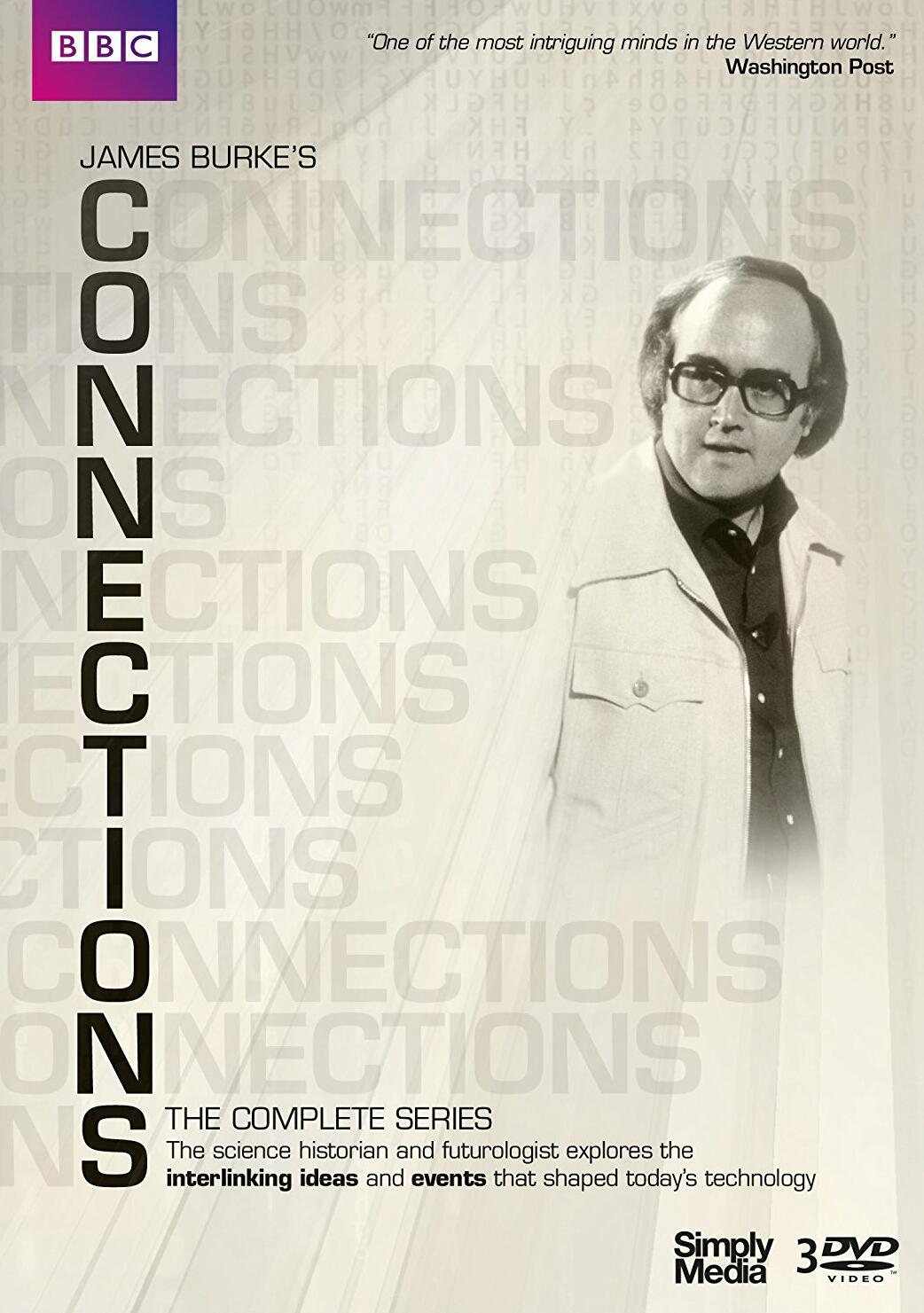
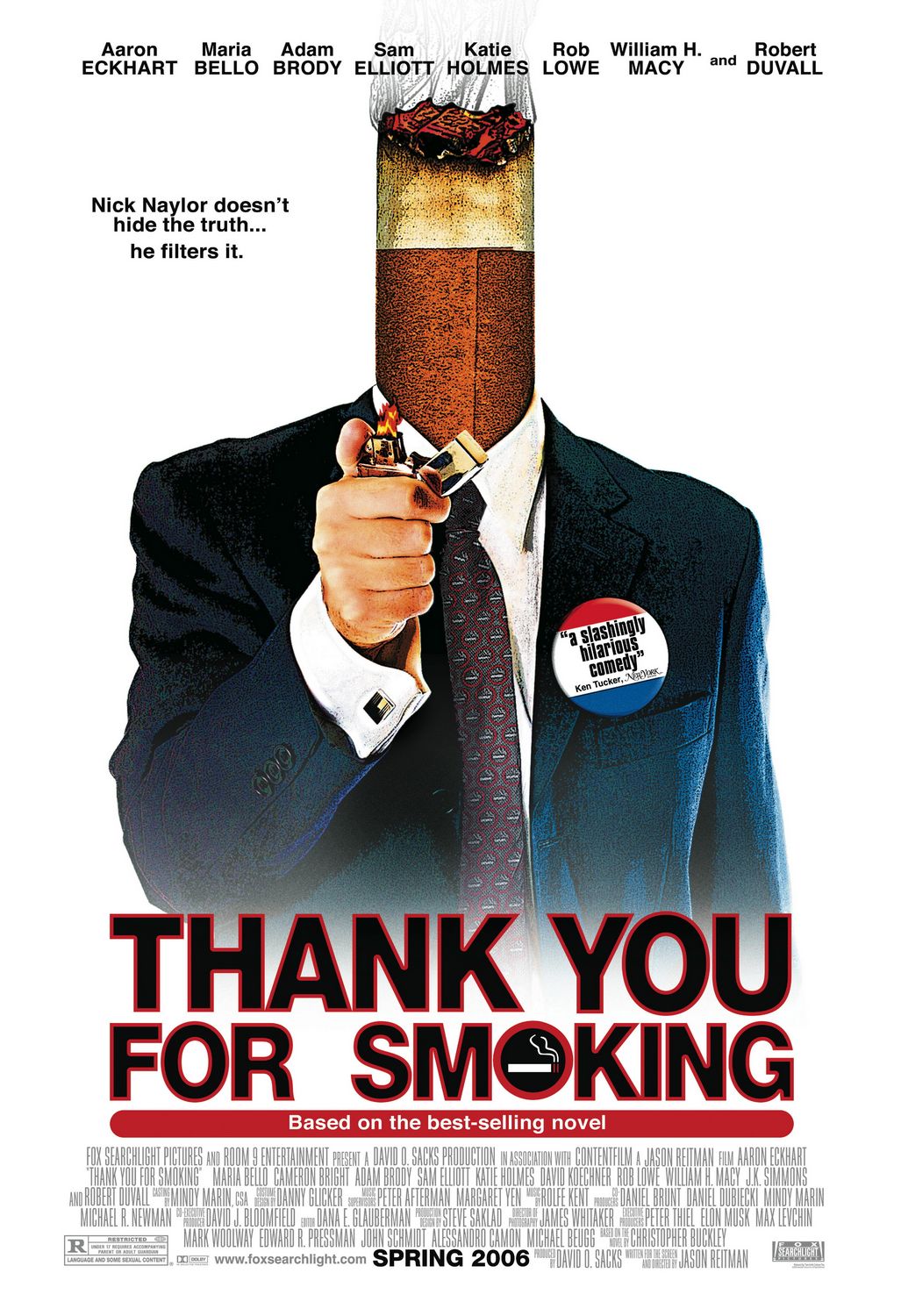
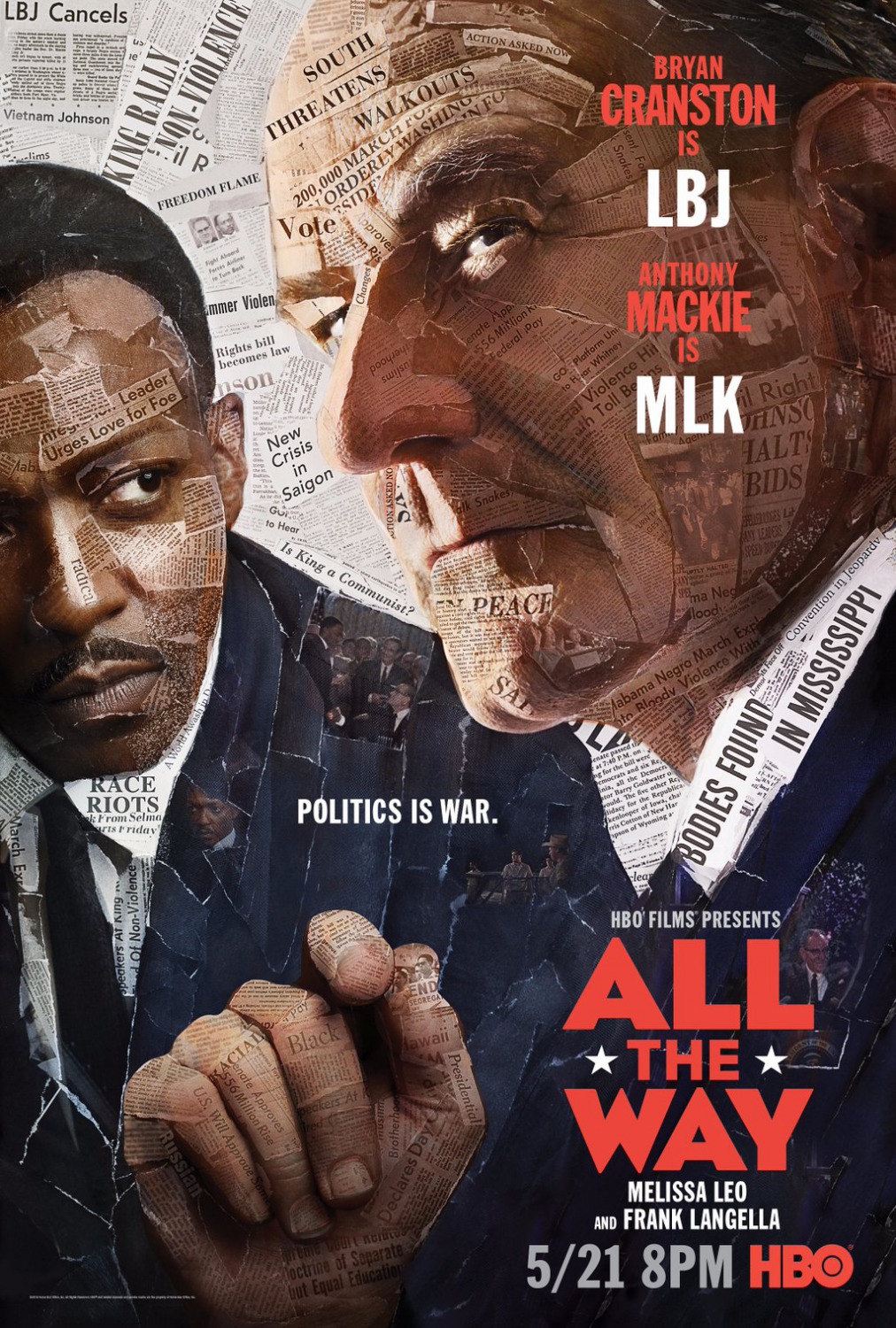

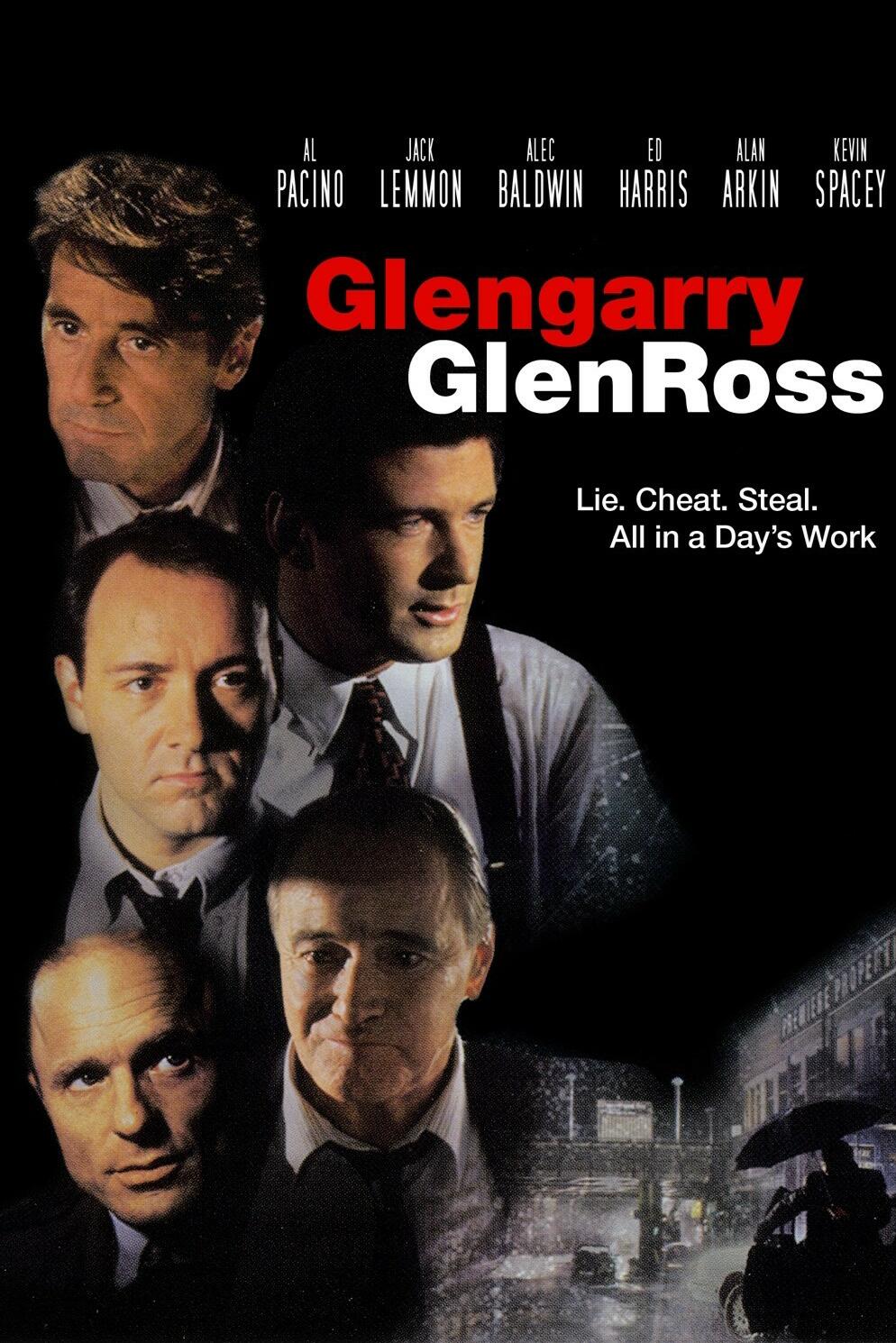
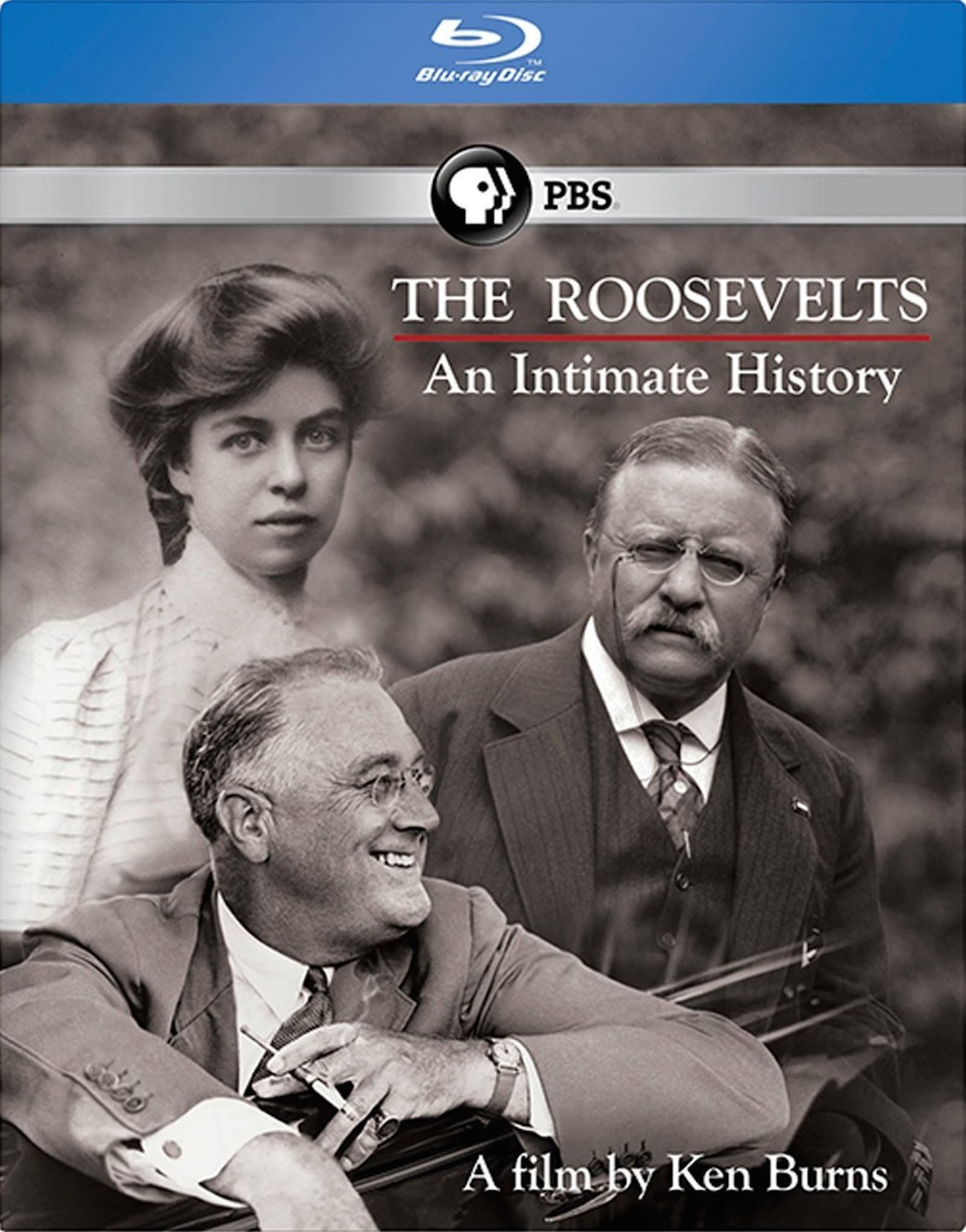


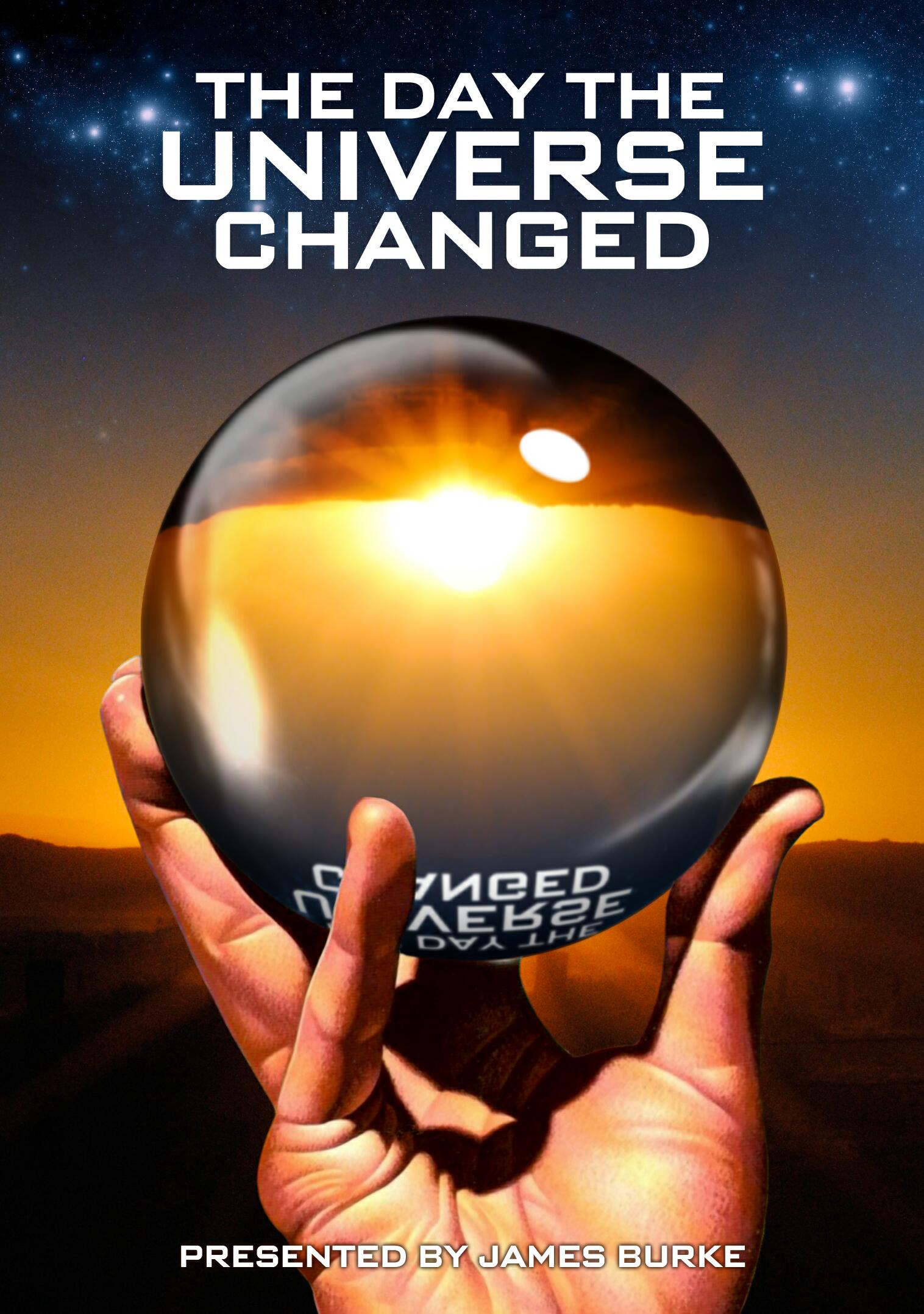
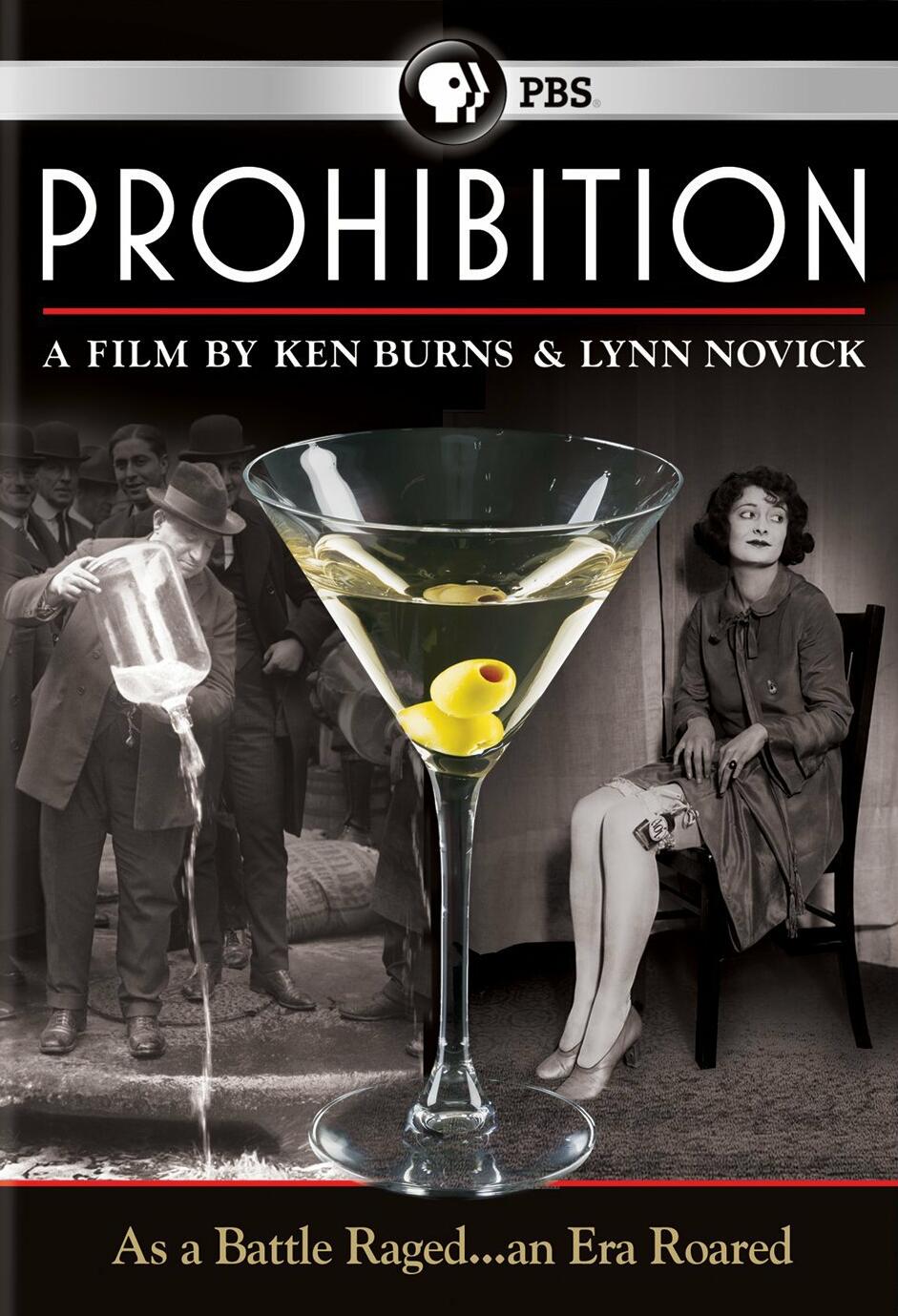
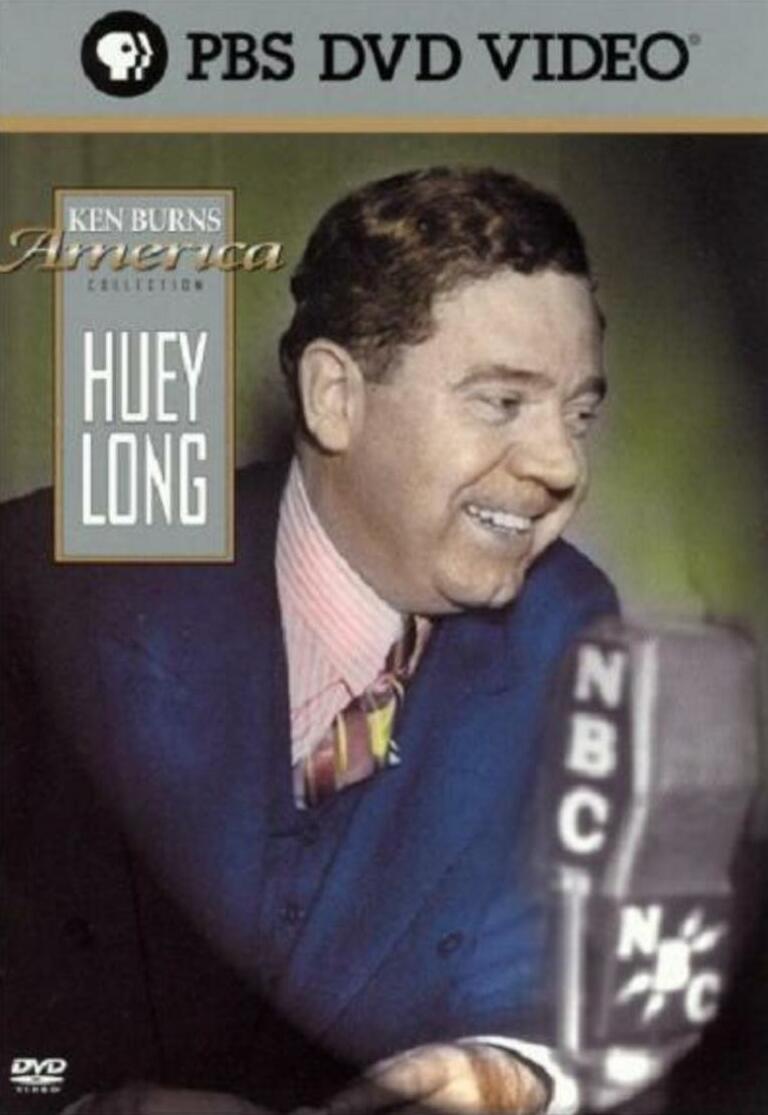
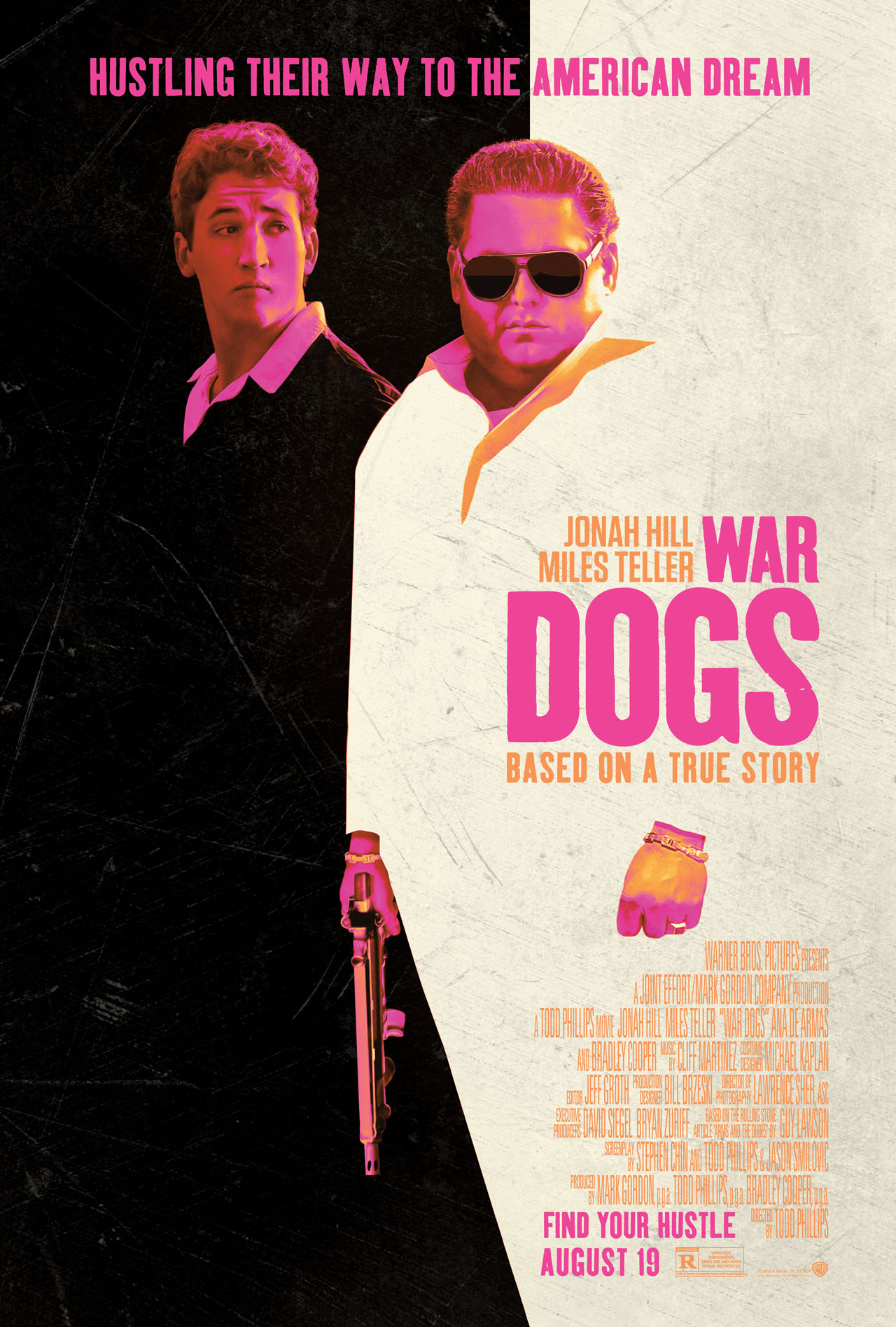
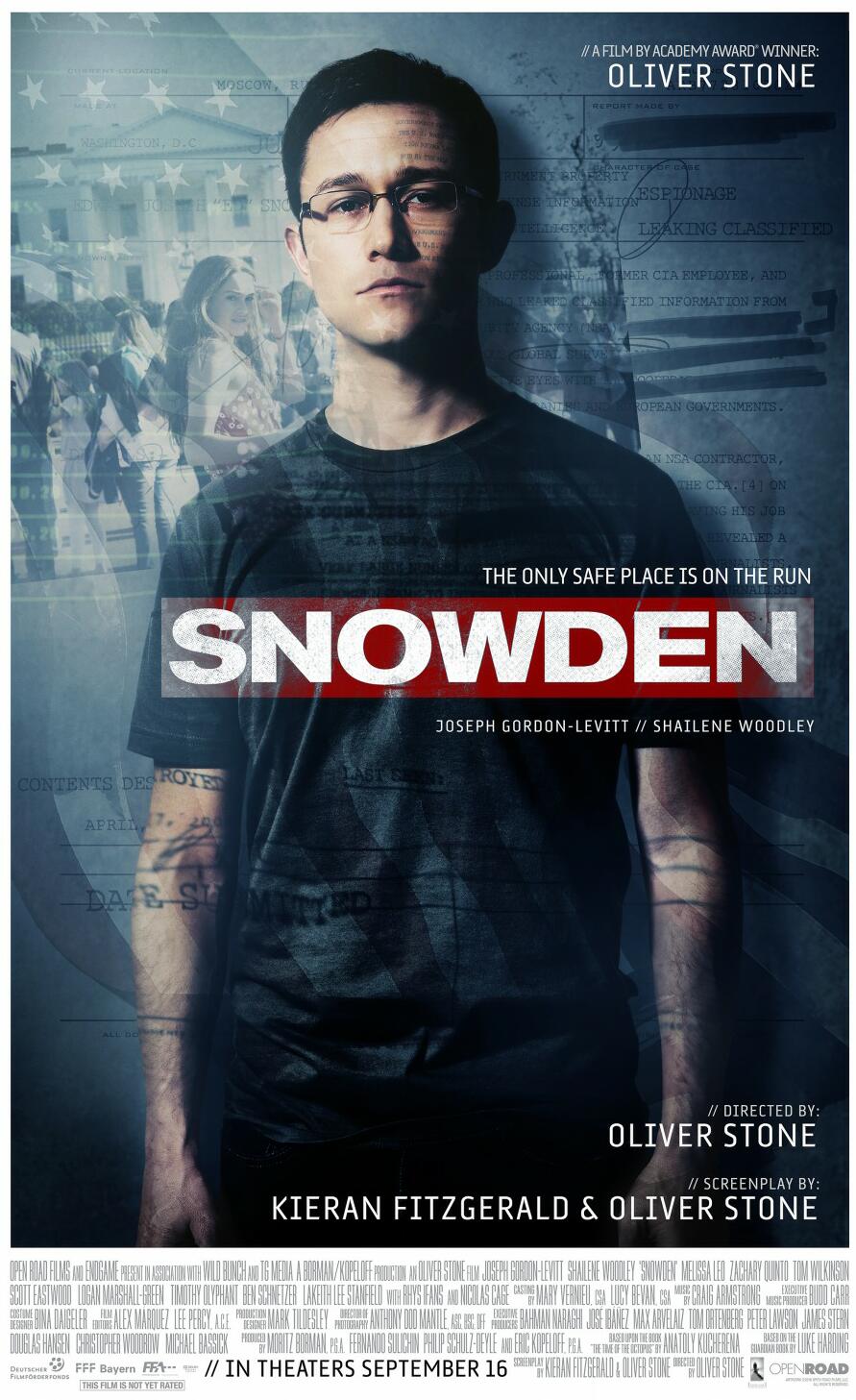


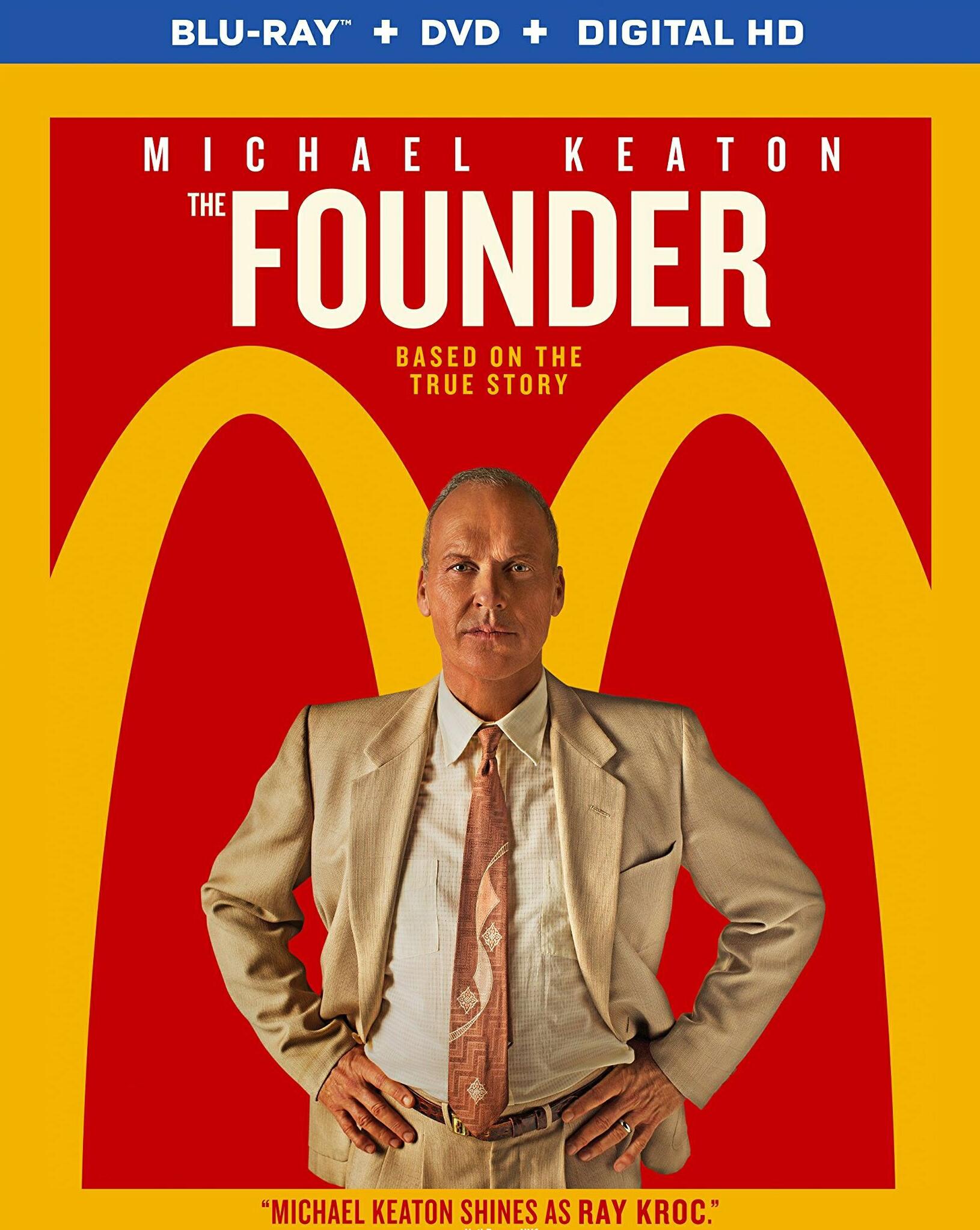
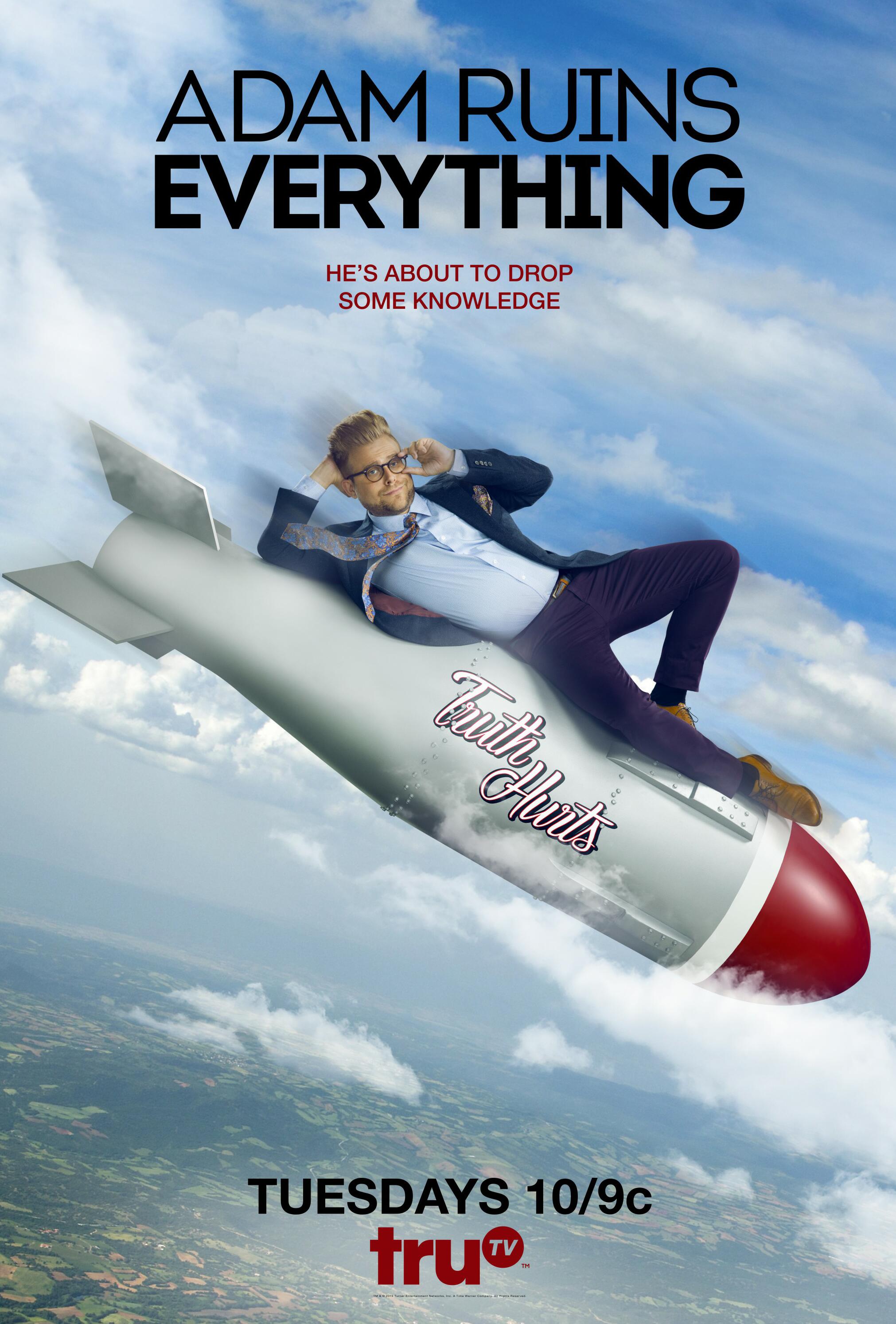
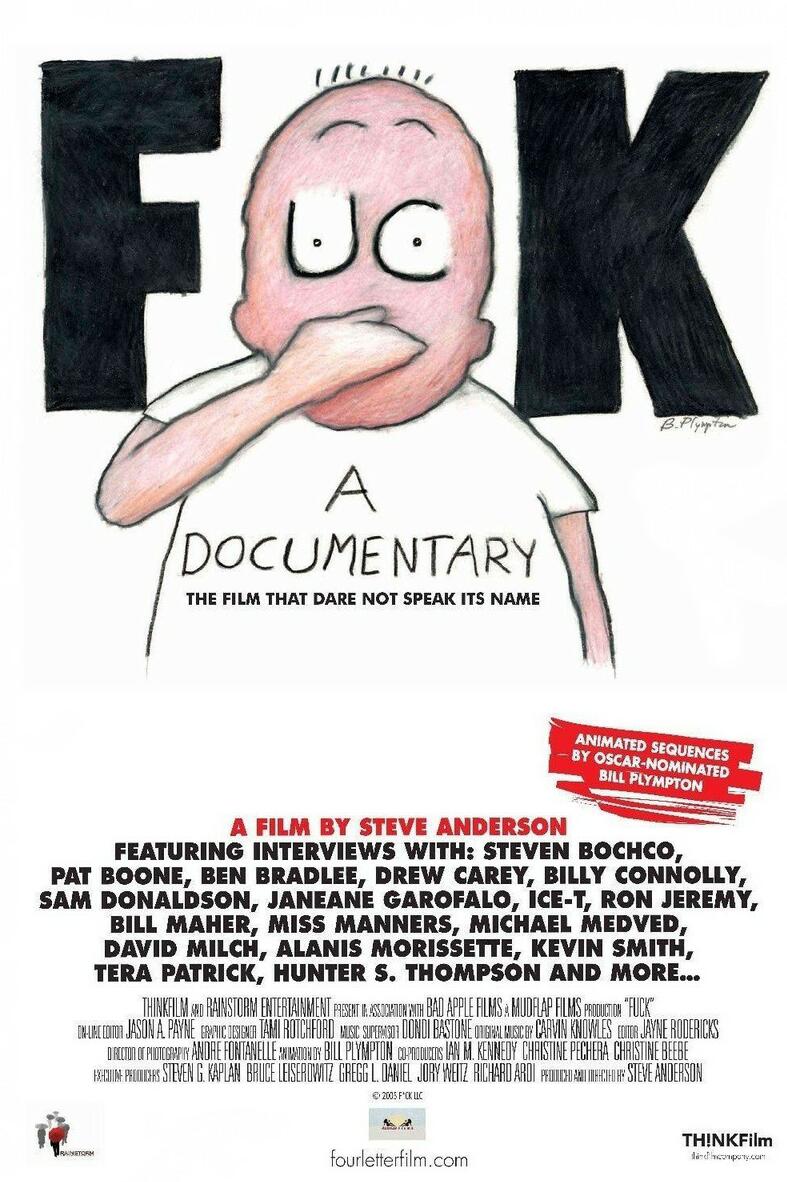
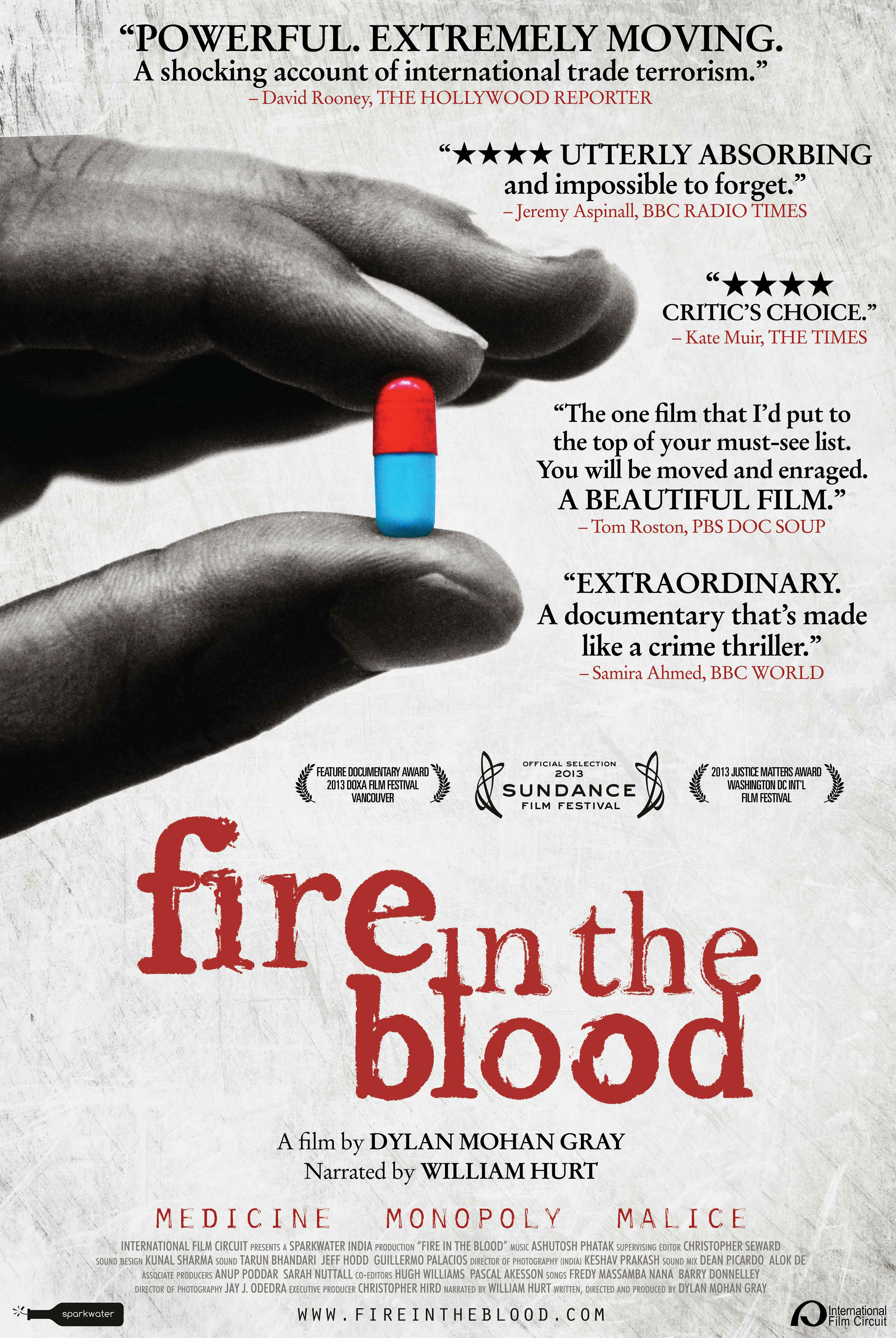
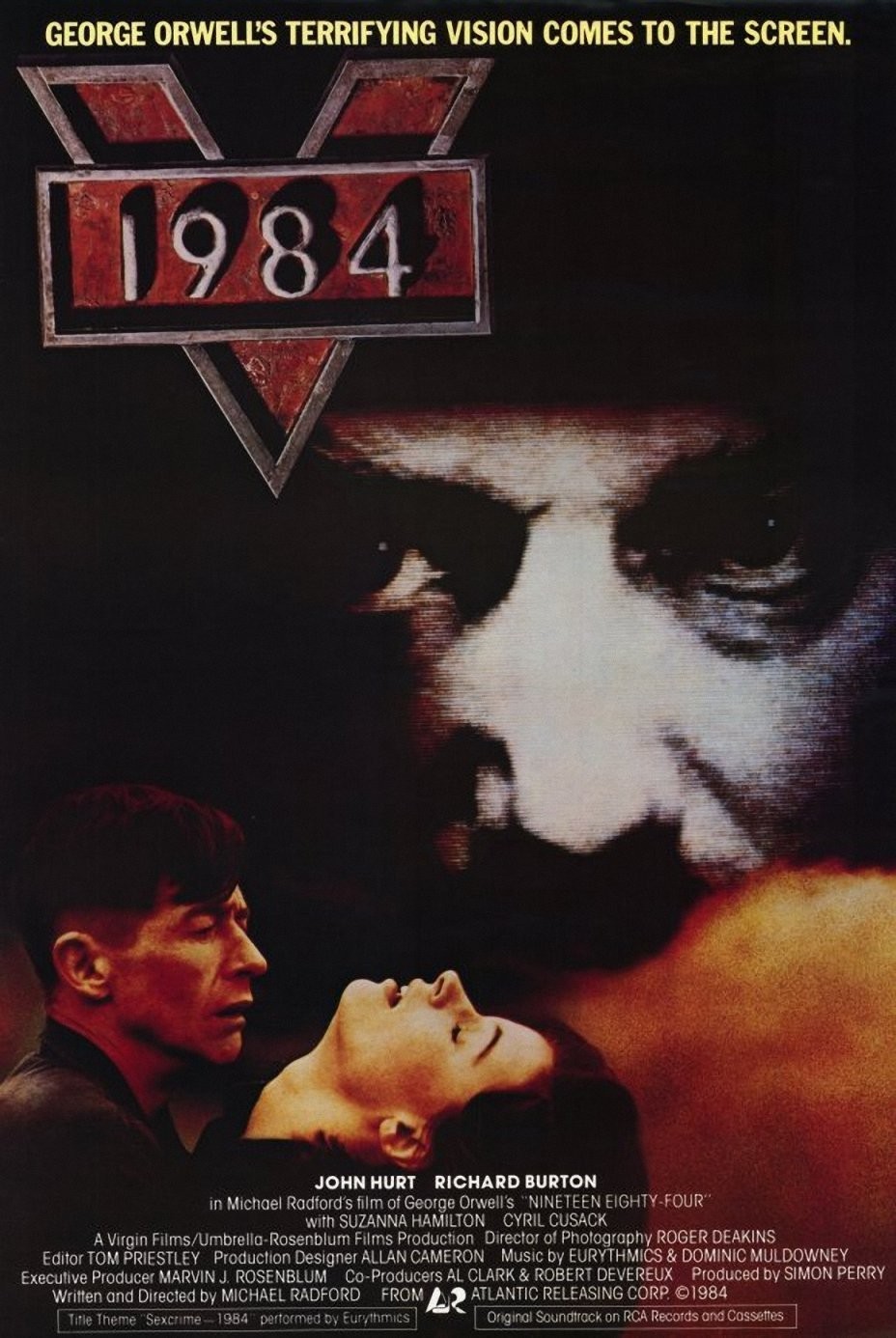




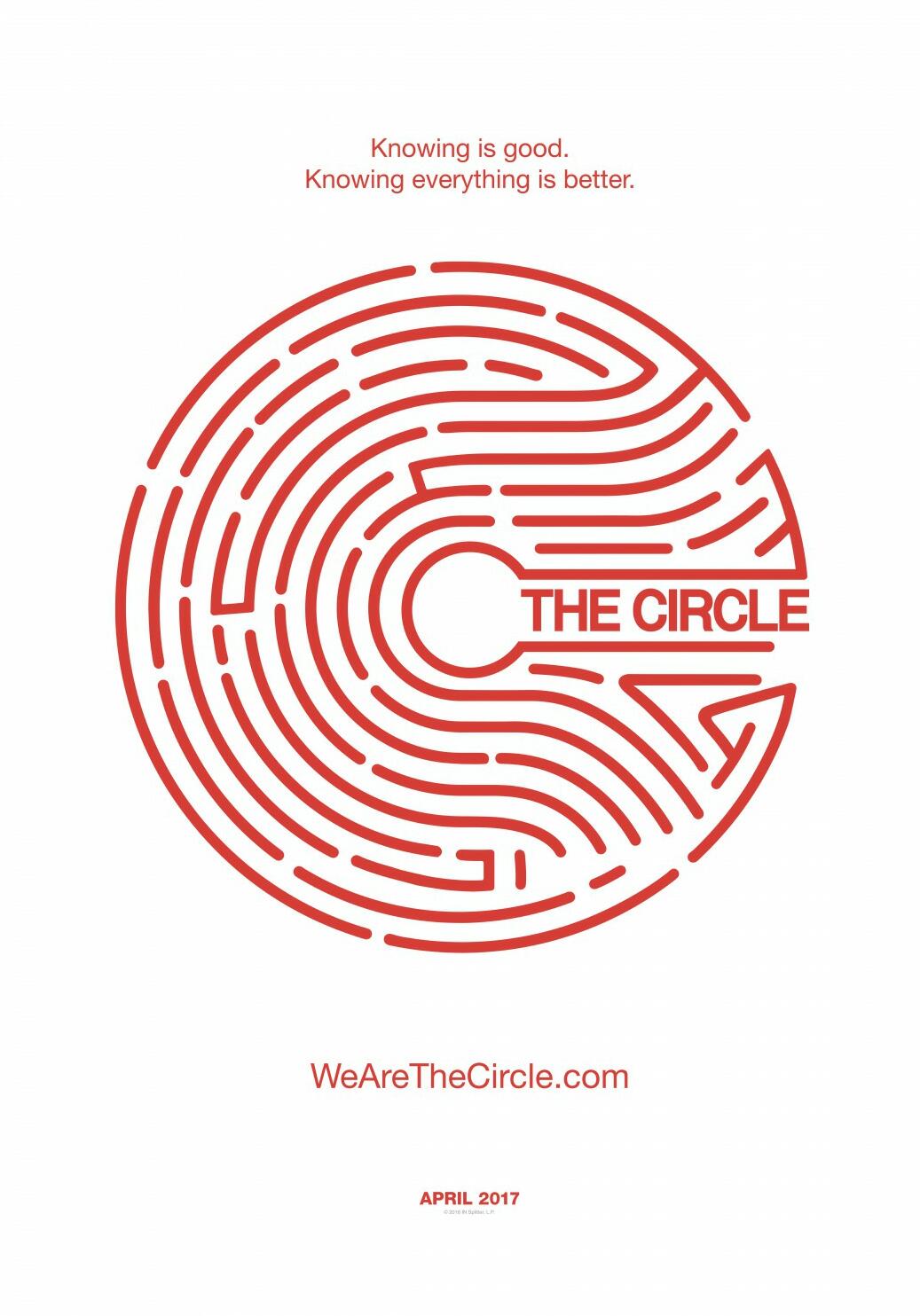
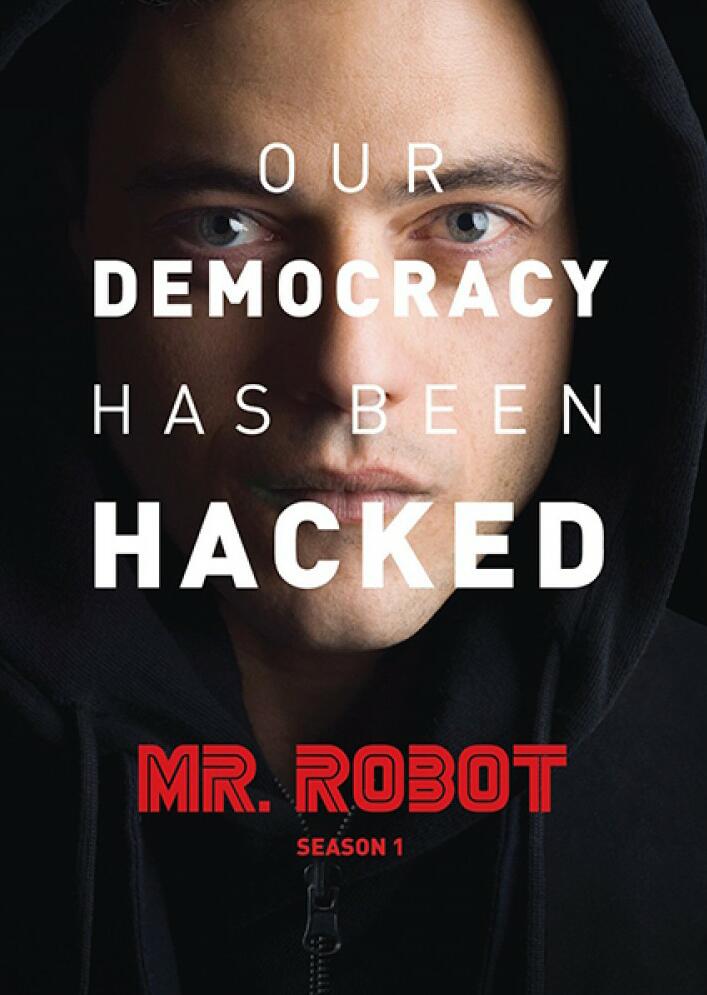
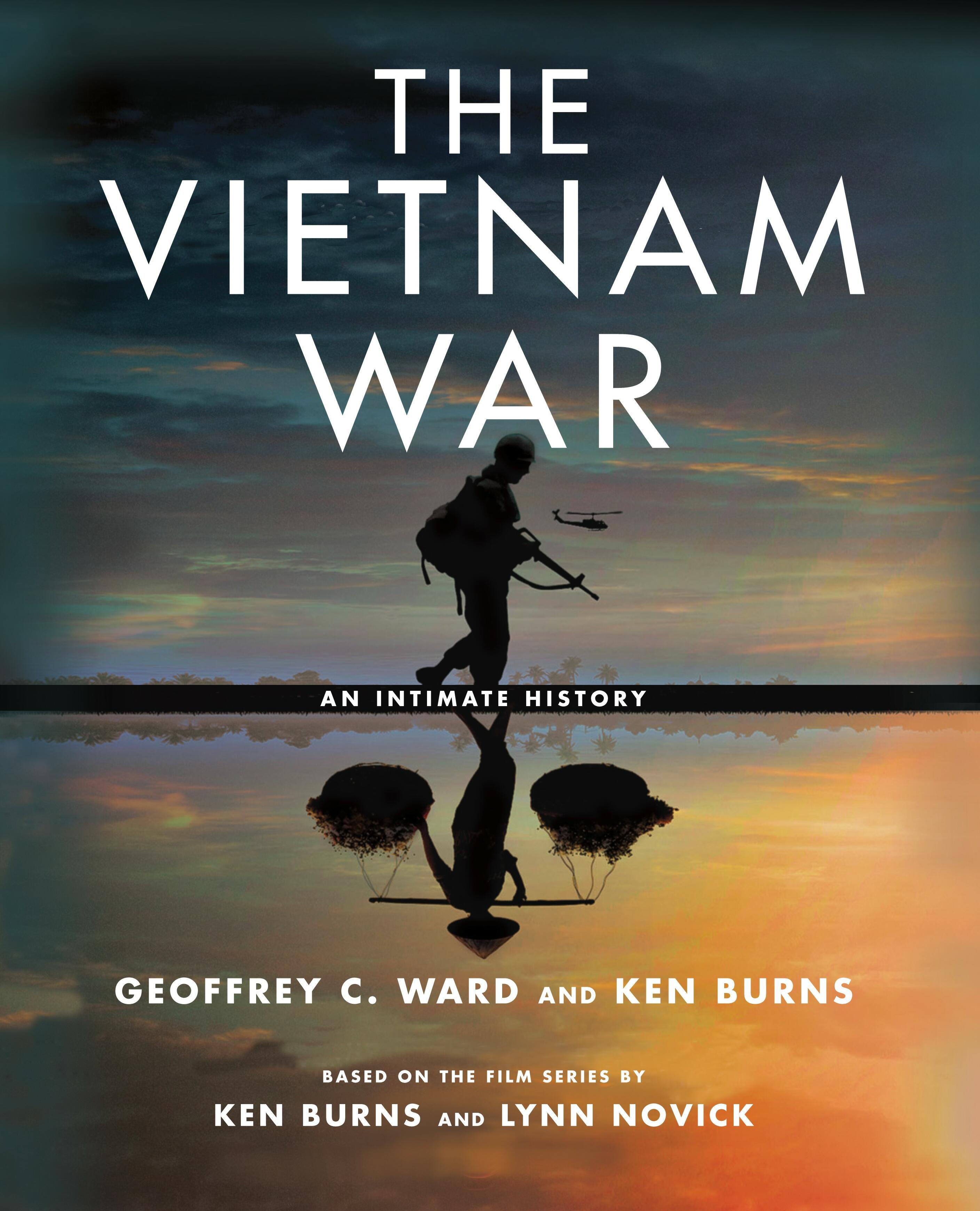
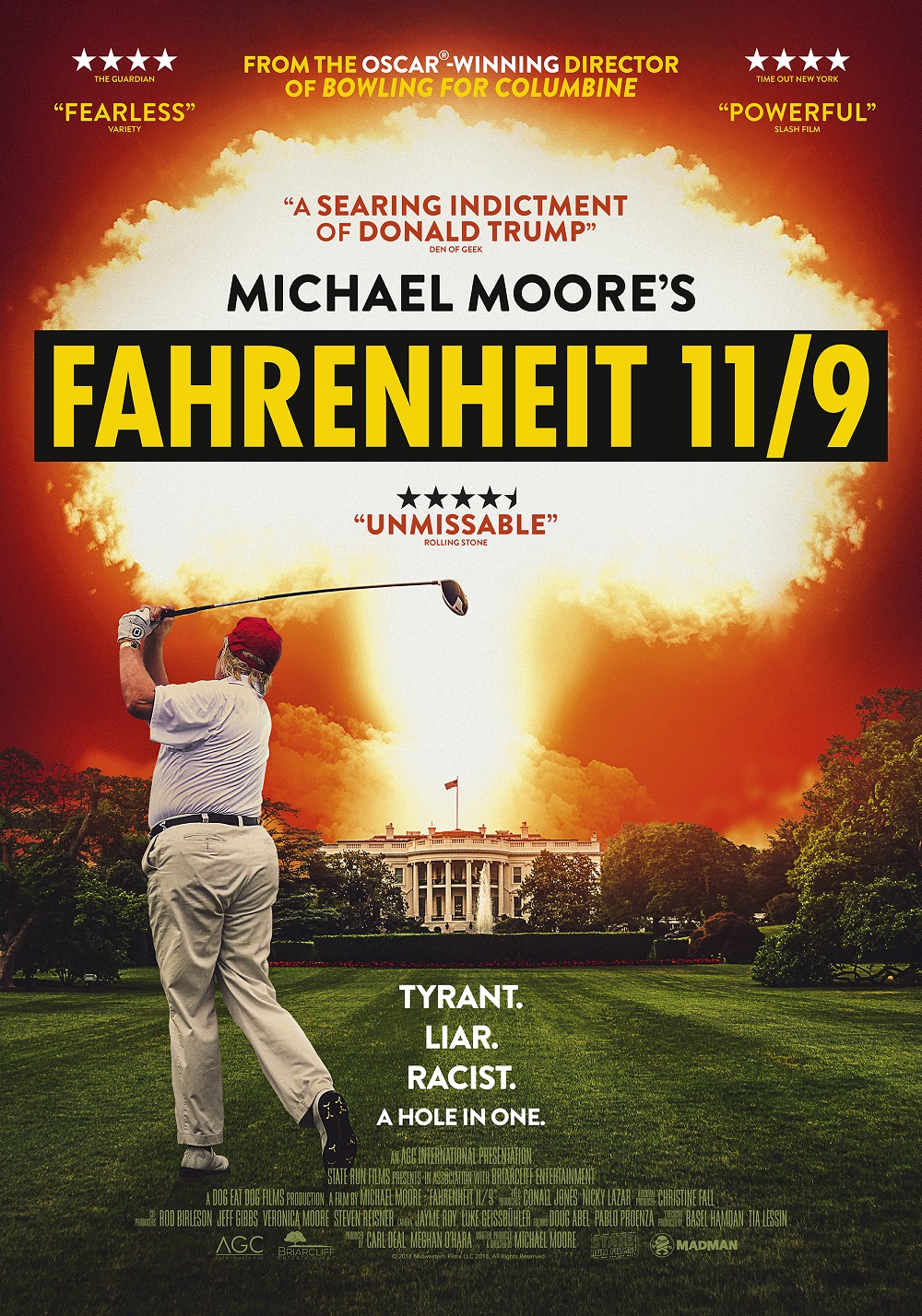
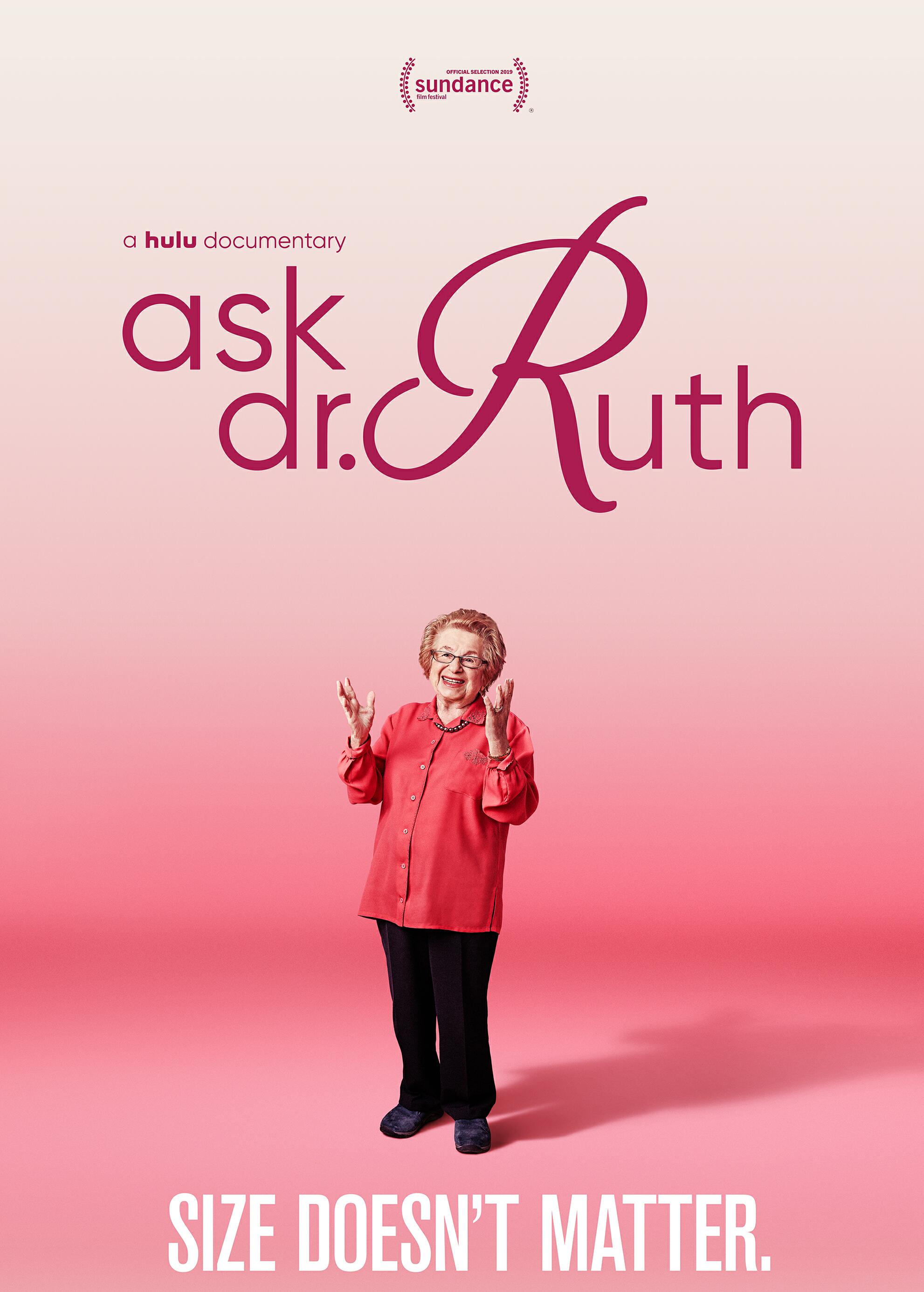
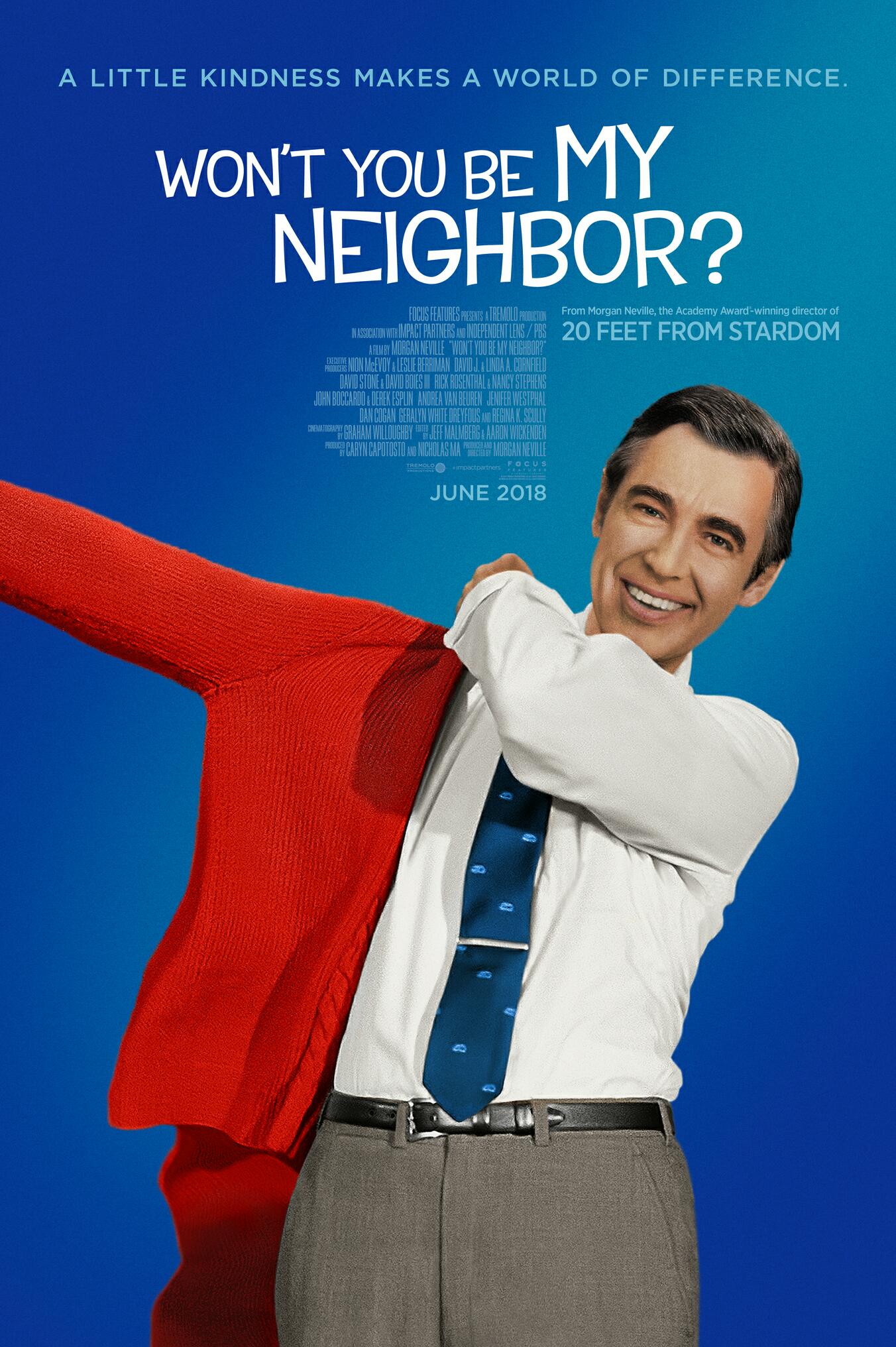
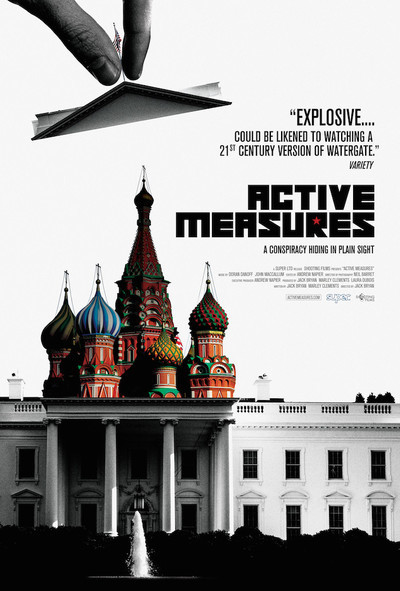
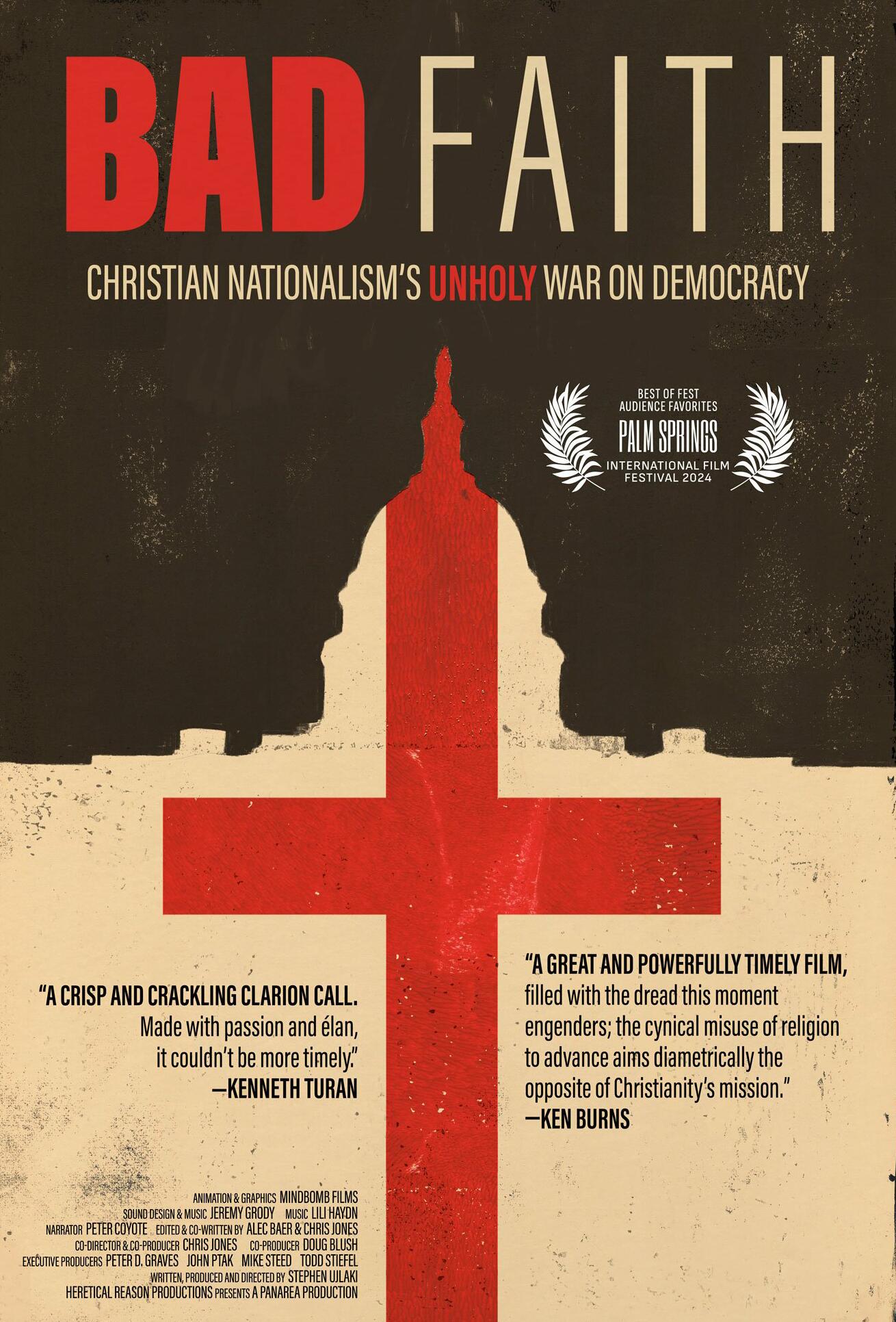
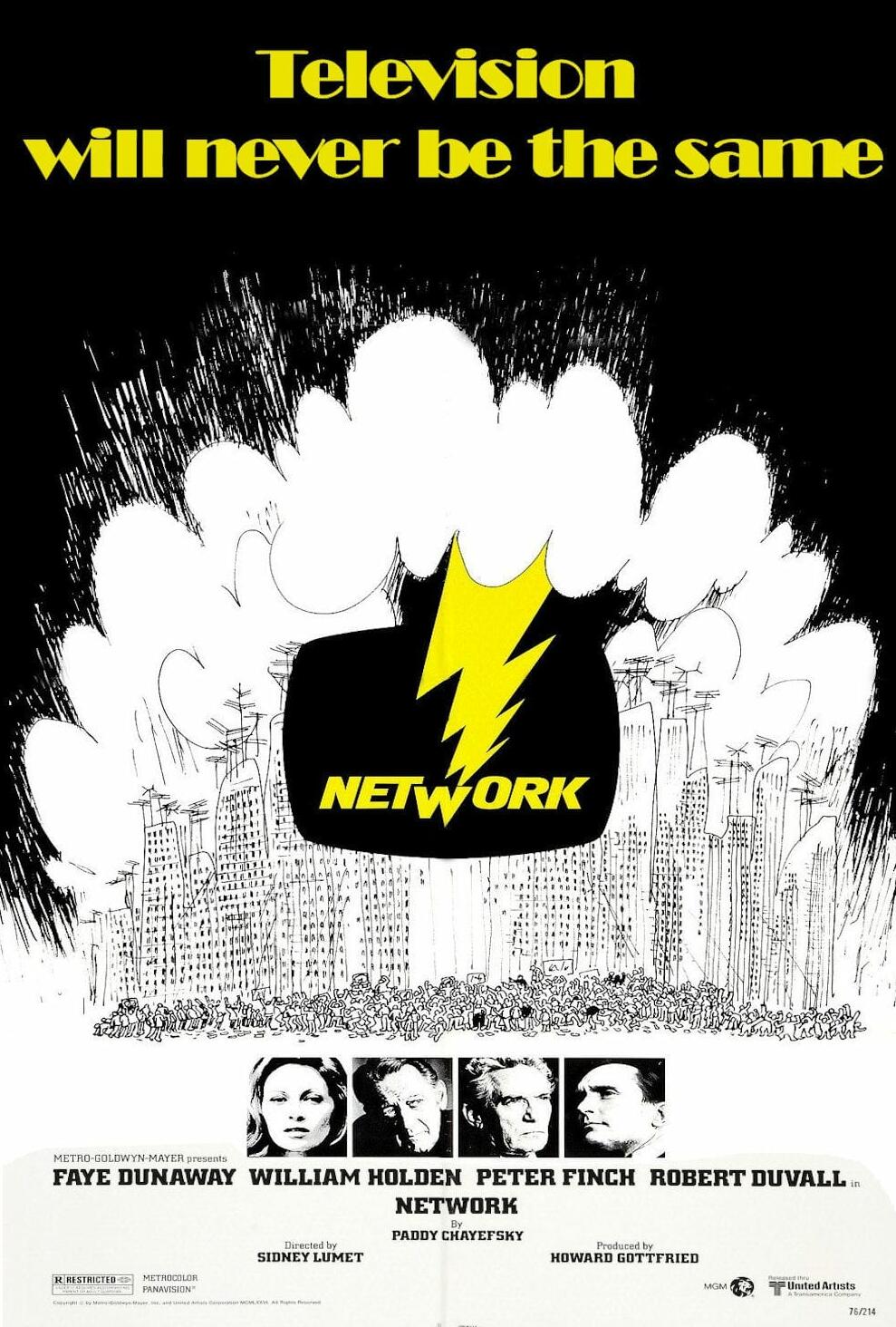
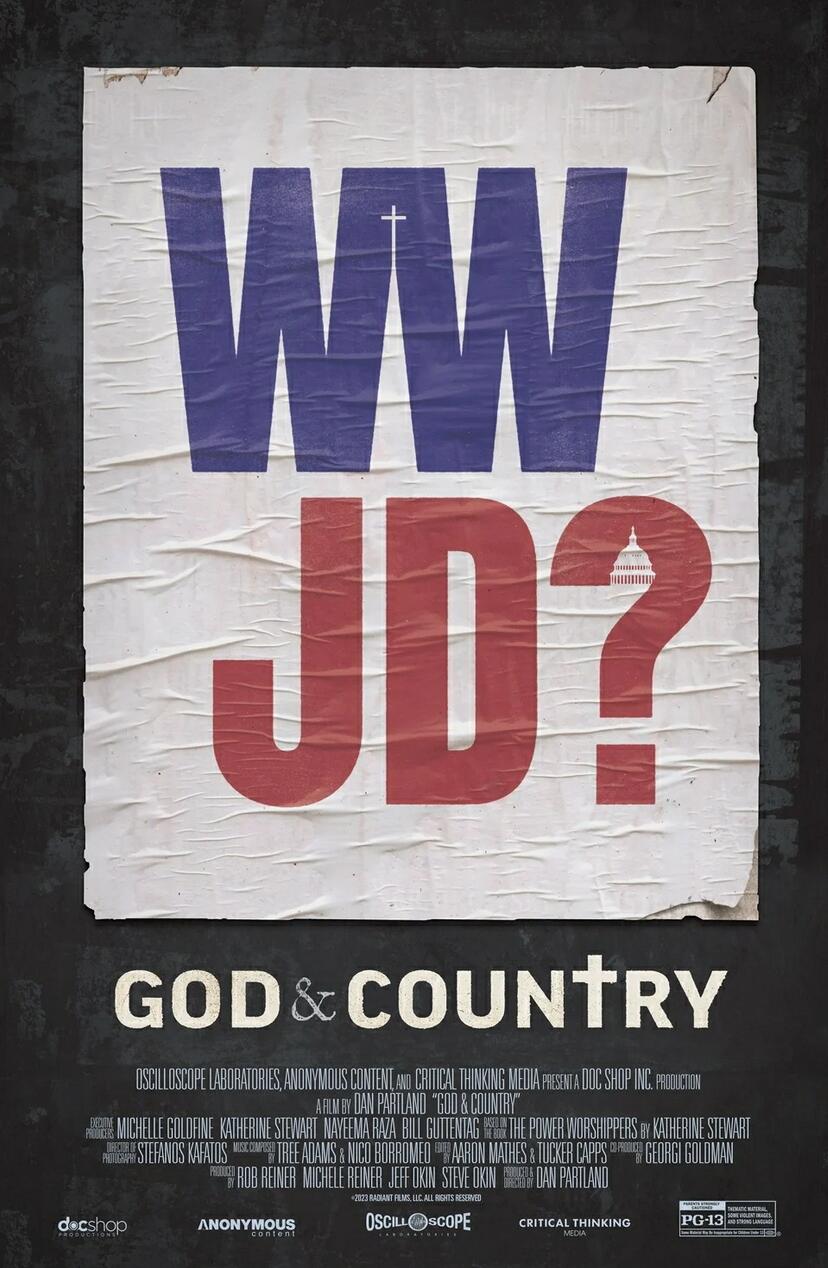
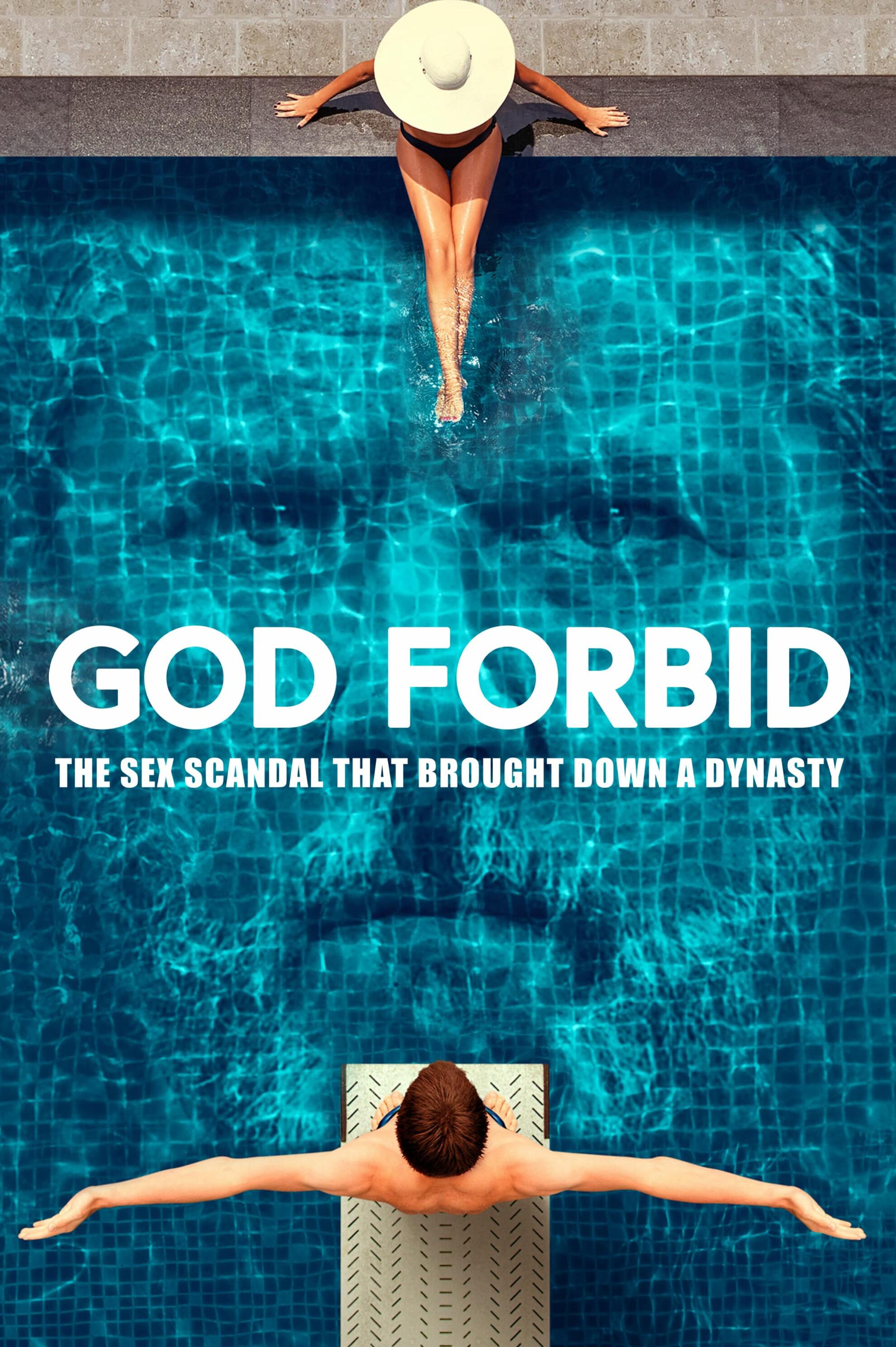
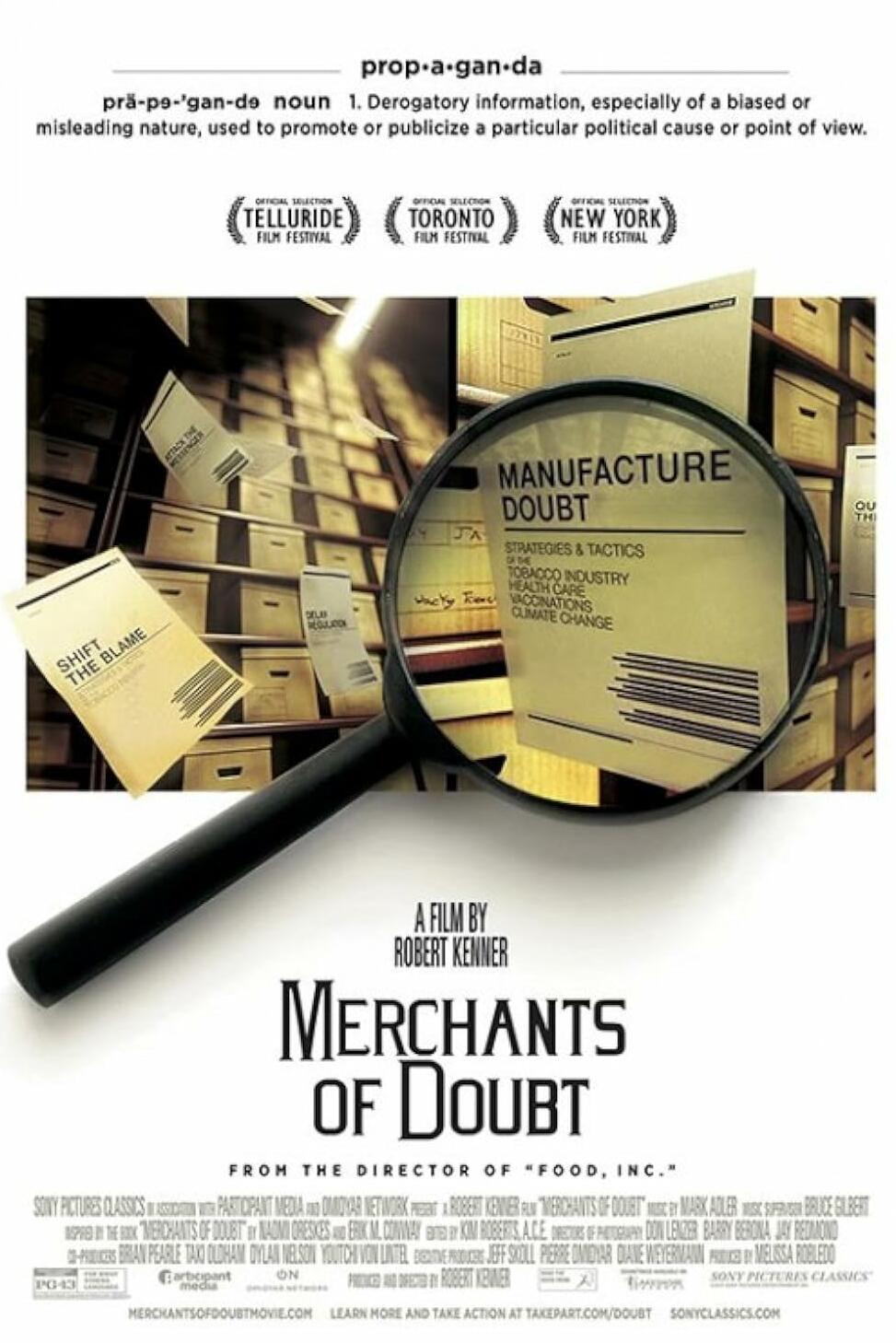
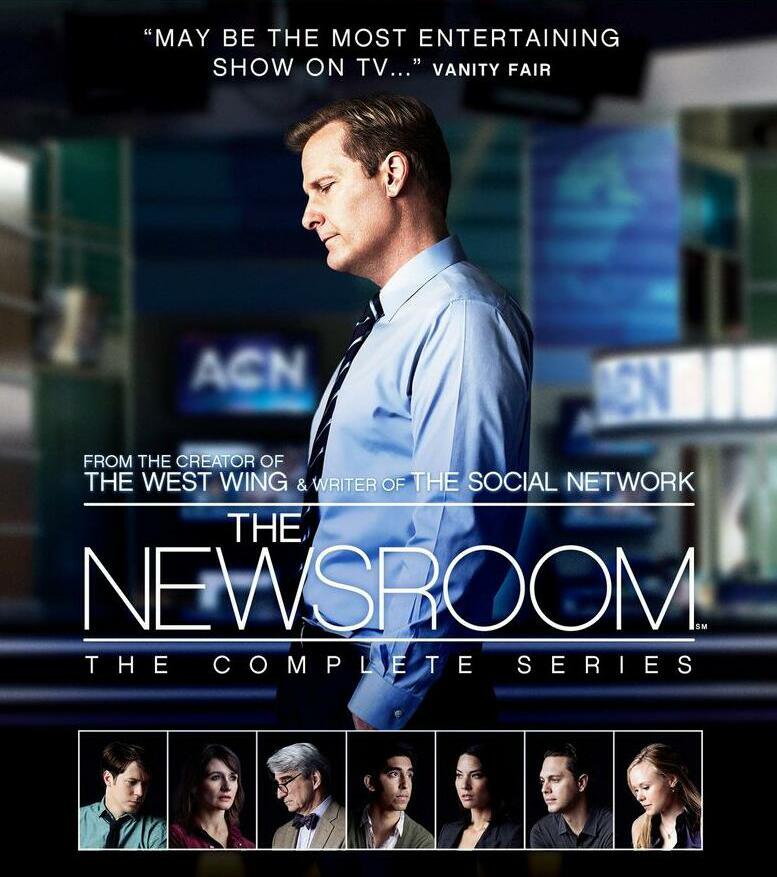
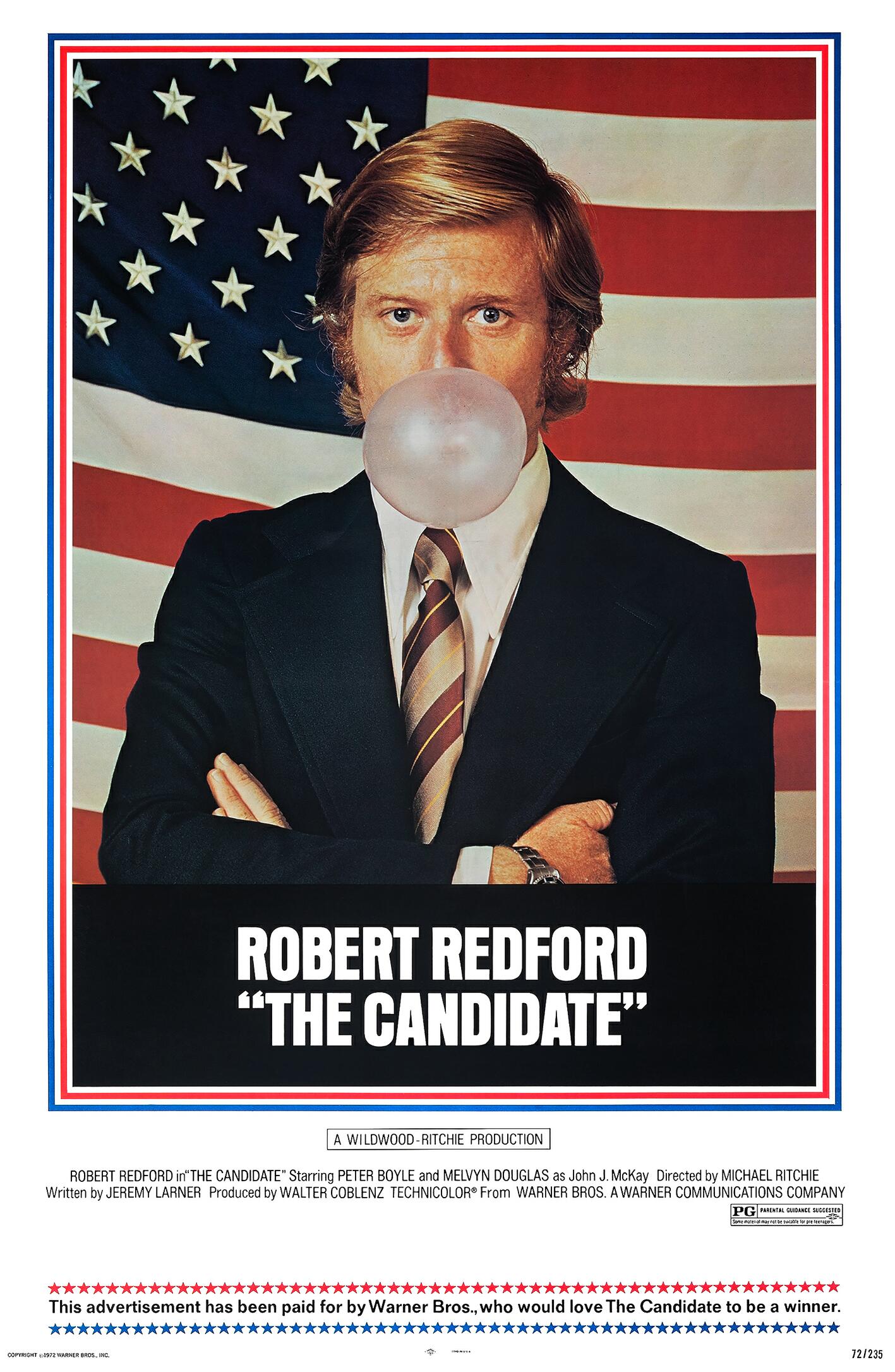
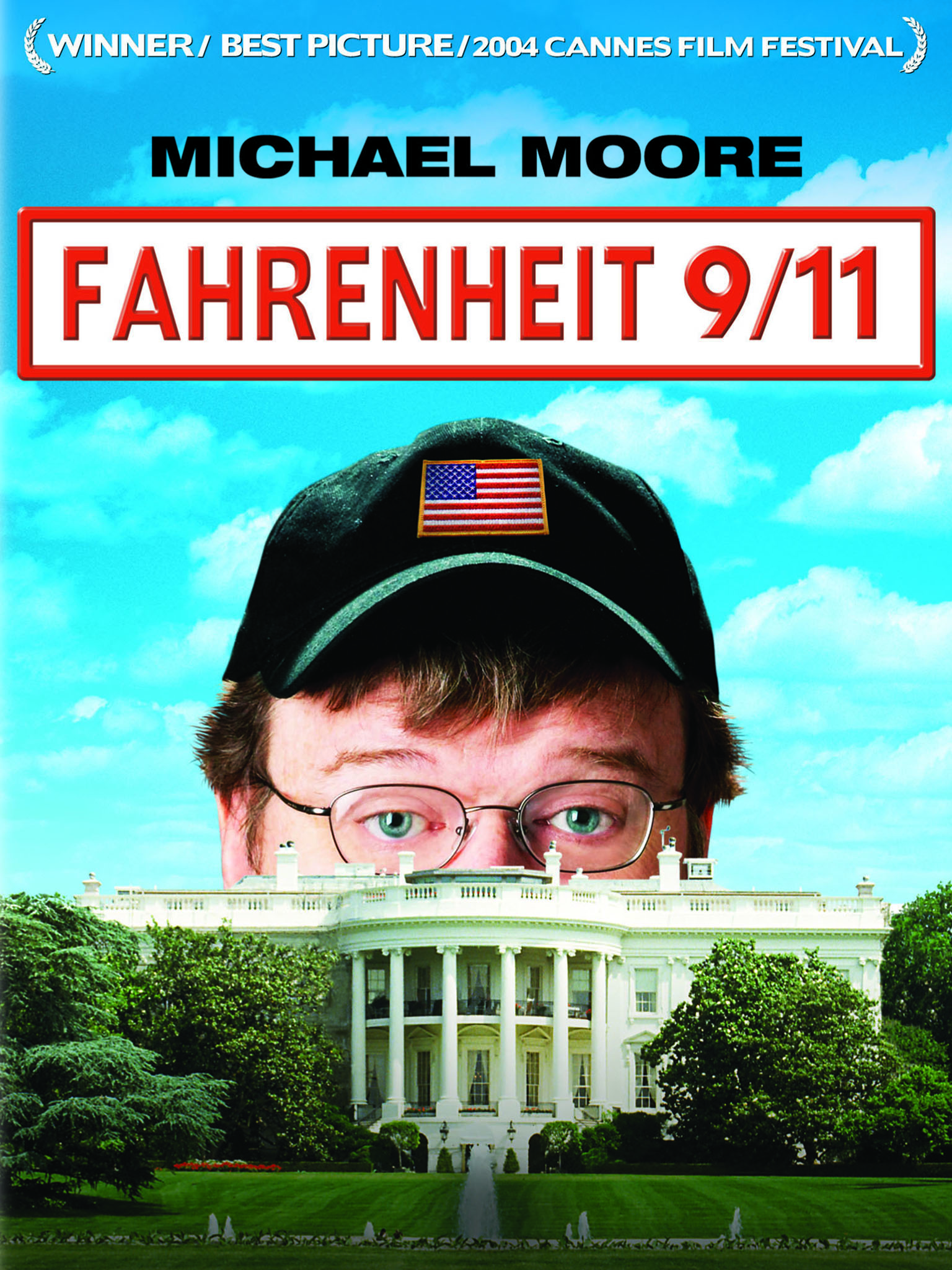
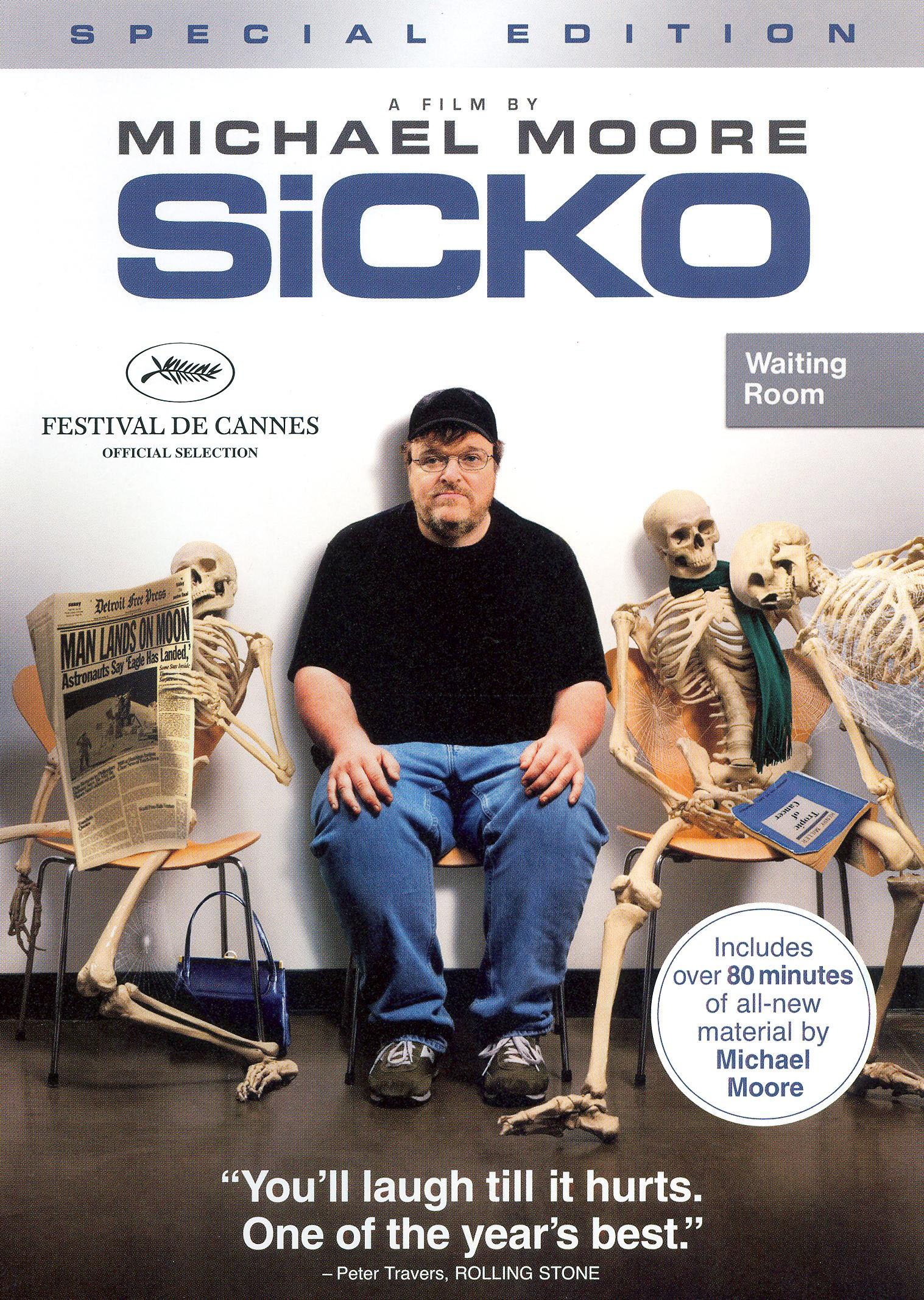
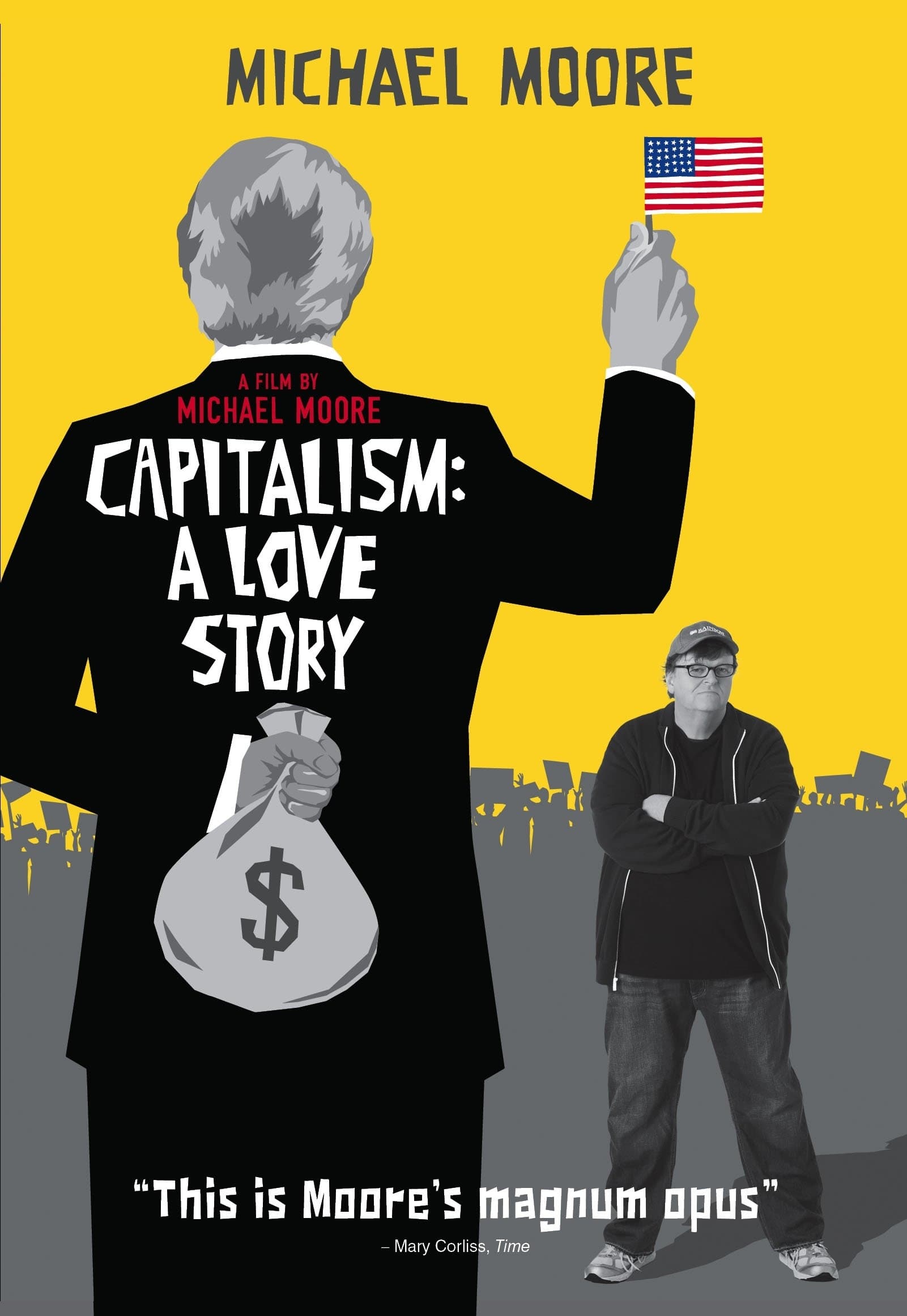
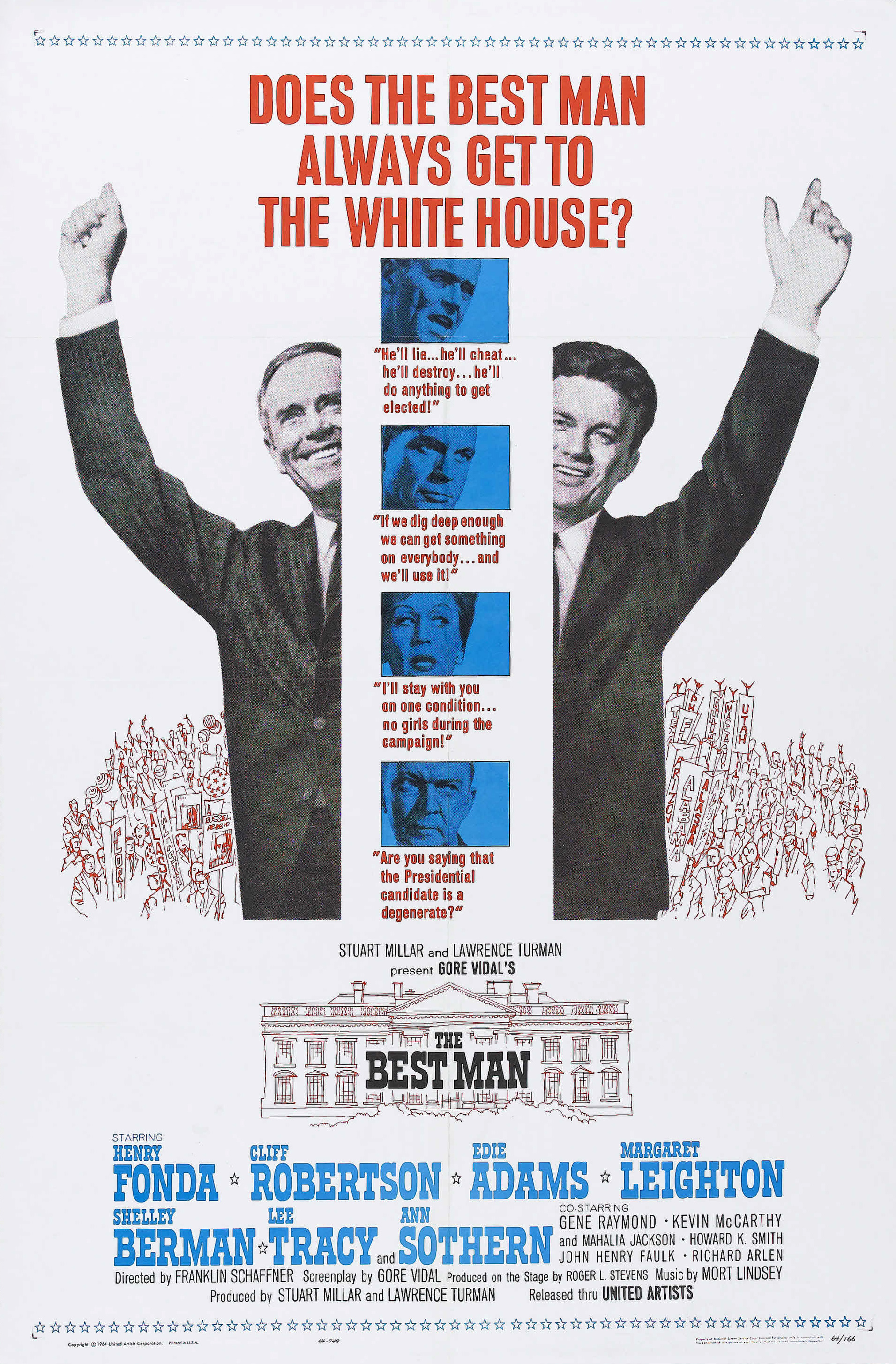
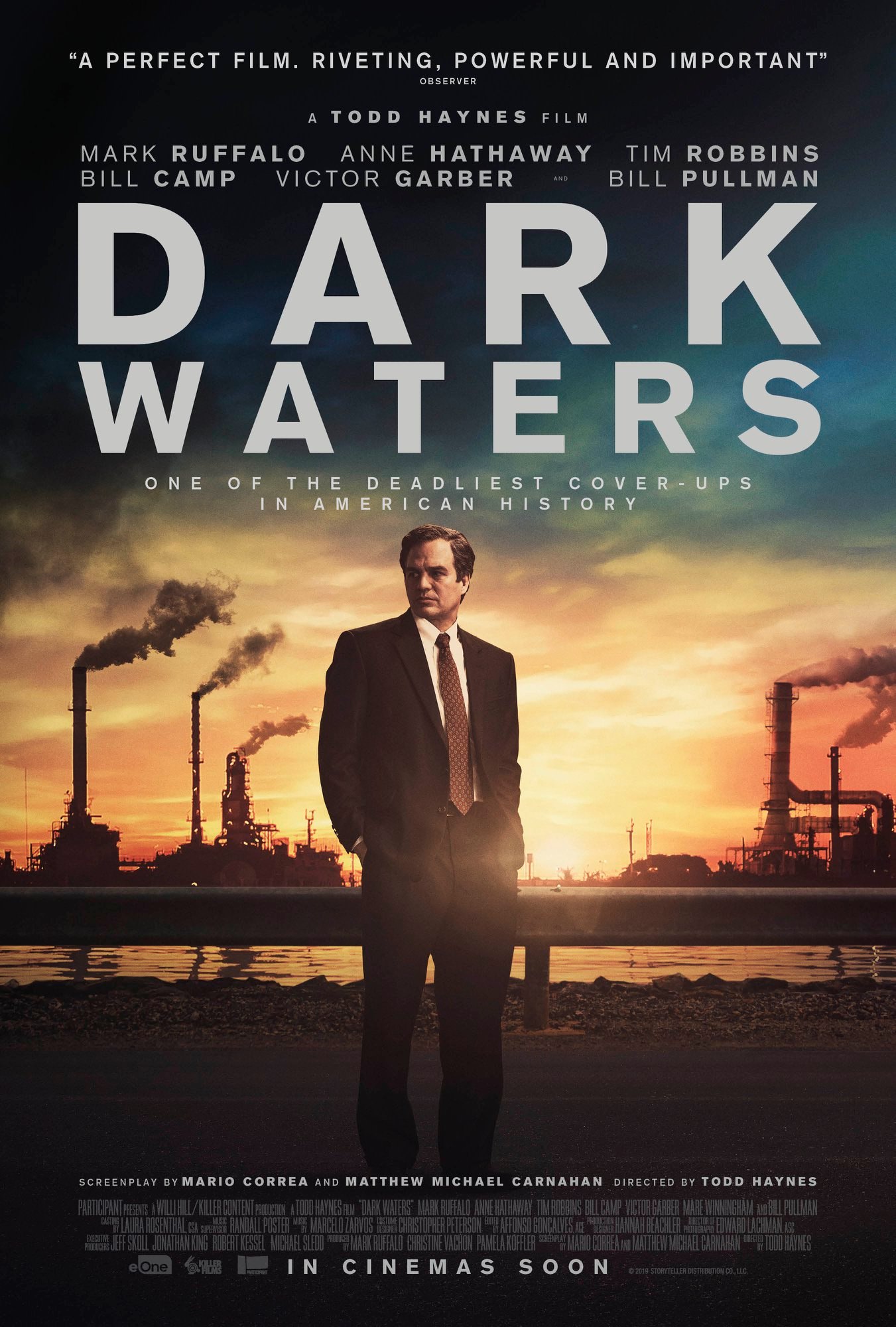
1984 (1984)
For those of you who are too lazy to read George Orwell's doubleplusgood dystopian classic, there is allways the movie.
"...Winston Smith endures a squalid existence in the totalitarian superstate of Oceania under the constant surveillance of the Thought Police.
The story takes place in London, the capital city of the territory of Airstrip One (formerly "either England or Britain").
Winston works in a small office cubicle at the Ministry of Truth, rewriting history in accordance with the dictates of the Party and its supreme figurehead, Big Brother.
A man haunted by painful memories and restless desires, Winston is an everyman who keeps a secret diary of his private thoughts, thus creating evidence of his thoughtcrime."
- Wiki.
Active Measures (2018)
"Russians have learned that there is an asymmetry in conventional warfare. The Russian military
does not match that of the United States by far. How do you then balance out the asymmetry? One way to do that is to invest in much cheaper measures.
These non-conventional "active measures" to try to weaken western institutions, undermine western democracies, versus sending in the tanks."
"Putin realizes that if we're divided as a nation, we cannot protect ourselves from threats within and without.
"From the Russian point of view, political warfare is just part of the art of war."
"What they're driving at over the longer term is to watch democracy crumble from the inside out."
This documentary explains how President Putin is doing.
Adam ruins everything (2015)
"Iconoclastic Adam Conover from CollegeHumor turns life as we know it on its ear by showing us how unnecessary, and sometimes horrible, things we think we know to be real and true really are." - IMDB.
Topics include, but not limited to: the car dealerships monopoly, the myth of forensic science, the industrial mortuary industry, how 'reality' shows are all scripted, and the 40-hour work week, just to name afew.
A complete list of topics can be found by clicking this link.
All the way (2016)
Bryan Cranston plays the 36th President of the United States, Lyndon B. Johnson.
Could you ask for more?
Ask Dr. Ruth (2019)
"Remember, attraction is only one part of a relationship. Loyalty, commitment, responsibility and maturity make up the rest." - Teachers College, Columbia University
Bad Faith (2024)
"“Bad Faith: Christian Nationalism’s Unholy War on Democracy” is the scariest film I’ve seen in a long time. It’s a documentary that explores the rise of Christian Nationalism, and much of what it shows you, about the mutation of the Christian Right into a movement that’s openly abandoned any loyalty to democracy, has been covered in the mass media in recent years. But the film’s directors, Stephen Ujlaki and Chris Jones, go deep into the roots of this movement, and what’s new and disquieting is how the current presidential race changes everything. Viewed against the looming possibility of Donald Trump’s re-election (a scenario that most liberals I know believe is unlikely; I think they may be seriously deluded), the rise of Christian Nationalism takes on a whole new meaning." - Variety, Apr 2, 2024
Boom bust boom (2016)
"Clocking in just over an hour, “Boom Bust Boom” is the most easily digestible educational video about the financial crisis I’ve seen. It’s less muddled than “The Big Short” and less harrowing than “Requiem for the American Dream,” and though it covers much of the same territory, it does so with a playful irreverence typical of its co-writer, co-director and host, Terry Jones. After brilliantly skewering the absurdity of human nature with his Monty Python cohorts, Jones is an ideal person to tackle the delusions and greed that have led mankind into a cyclical string of disasters. In order to illustrate the herd mentality of capitalistic economies, Jones borrows a scene from his 1979 classic, “Life of Brian,” in which a crowd declares, “We are all individuals!” in zombie-like unison." - Matt Fagerholm
Born yesterday (1950)
"...the story of an uneducated young woman [Emma "Billie" Dawn] and an uncouth, older, wealthy mobster [Harry Brock] who comes to Washington to try to "buy" a Congressman [Norval Hedges]."
To keep Billie from embarrassing him, Brock hires Paul Verrall, a well-read journalist, to educate Billie.
With this education, Billie learns just who Harry really is and why he bad for America.
Putting it another way, a romantic comedy that demonstrates how educated women can stop corruption in Washington D.C.
Branded (2012)
NARRATOR: "Today, the biggest fast-food chains were reeling from a record decline in profits.
Their representatives had assembled before this guru of marketing with the hope that he could make a miracle.
GURU: I want to talk to you today...about love.
See, I... I have struggled to find a way to restore the people's love of your products, but it hasn't worked out.
Consumers just no longer wish to buy them.
When it's over, it's over.
They no longer love you.
The era of fast food has passed.
But I do have a proposal...eh, something which exceeds the limits of marketing in its traditional form, a plan which will change the world.
Together, we will make fat beautiful again."
Bulworth (1998)
Bulworth: "News, What, what, what are you talking about?
C'mon, the guys you and I get our money from, they don't want the people to have the news.
They want you to think the corporations are more efficient than government, right?
You want to know why the health care industry's the most profitable business in the United States?
Cause the insurance companies take twenty-four cents out of every dollar that's spent.
You know what it takes the government to do the same thing for Medicare?
Three cents out of every dollar.
Now, what is all this crap they hand you about business being more efficient than government?
These guys need to be regulated. What do you think, that these pigs are going to regulate themselves?"
Capitalism: A Love Story (2009)
What are the social costs of corporate America's never ending pursuing for greater profits? Michael Moore (b. 1954) explores this issue and more.
Capitalism and other kids stuff (2005)
"Now suppose that the nursery supervisor did a very strange thing and introduced a new kind of game.
Except it's not a nice game.
It's a rather sick game with sick rules.
In this new game, the supervisor gives all the toys to one child (let's call him Rex) and all the other children have nothing.
They can't play with any toy unless they get Rex's permission first."
Confirmation (2016)
"Confirmation takes a look behind the curtain of Washington politics, depicting the explosive 1991 Clarence Thomas Supreme Court nomination hearings where Anita Hill accused him of sexual harassment. The hearings brought the country to a standstill and became a pivotal moment in American culture forever changing how we perceive and experience workplace equality and gender politics." -
HBO.com
Connections (1978)
"How did a test of gold's purity in 500 B.C. lead to the invention of the atomic bomb?
James Burke, host of this beloved 1978 TV documentary series, makes this and other beguiling connections between history and science.
Combing through 12,000 years of history, this Sherlock Holmes of science finds clues that led to various modern inventions.
Burke's droll humor, careful reenactments and stirring use of classical music helped to make this a BBC hit."
Dark net (2016)
"... an American documentary television series created by Mati Kochavi that explores the dark web and technology, and themes such as biohacking, cyber-kidnapping, digital warfare, online cults, pornography addiction, and the webcam sex trade."
- Wiki.
For a list of episode topics, follow this link.
Dark Waters (2019)
"- Rob, you need to tell me what in the hell's going on.
We're being poisoned.
- Rob.
What? I'm, I mean it. DuPont is knowingly poisoning us.
- You mean the farmer, his land.
All of us. Please don't look at me like that. They're already poisoning the baby.
- No. No, I'm not listening to this.
Sarah.
- Stop it!
Just stop it, okay?!
Do you hear yourself?
You are acting like a crazy person.
Tearing up our floor, scaring me half to death.
I know it's my job to support you, but that does not mean you get to come into our home, to our family, and tell me that our unborn child is being poisoned. No!
I'm sorry. Can I please explain?
- Explain what?!
All of it.
And if-if you still think I'm crazy, I'll drop it.
I swear to God.
I swear to you.
There is a man-made chemical.
It was invented during the Manhattan Project. It repelled the elements, especially water.
So they used it to make the first ever waterproof coating for tanks.
It was indestructible.
Then some companies thought, 'Hey, why just the battlefield?
Why not bring this chemical into American homes?'
DuPont was one of those companies.
So they took this chemical,
PFOA, they renamed it C-8, and they made their own impenetrable coating, but not for tanks, for pans.
They called it Teflon.
A shining symbol of American ingenuity made right here in the USA in Parkersburg, West Virginia.
But right from the start, something wasn't right.
The men and workers who made Teflon were coming down with nausea, fevers.
DuPont wanted to know why. So they laced cigarettes with Teflon.
They told a group of the workers, 'Hey, smoke these.'
DuPonters did as they were told.
Almost all those men were hospitalized.
That's 1962, one year after Teflon launched, and already DuPont knew.
The dust, they just sent right up the smokestacks, released into the air.
The sludge, tossed it into the Ohio.
Or, uh, packed into drums and and chucked it into the Chesapeake.
But then the drums started washing up.
So DuPont starts digging ditches on the grounds of the Washington Works plant.
And in those pits, they dumped thousands of tons of toxic C-8 sludge and dust.
One of the men that they hired to dig those ditches was Wilbur Tennant's brother Jim."
Death by China (2012)
This documentary explains
(a) what globalization is;
(b) the how China has waged economic war on the American people since it joined the World Trade Organization in 2001; and
(c) how shopping at Walmart causes unemployment.
Denial (2016)
"Acclaimed writer and historian Deborah E. Lipstadt must battle for historical truth to prove the Holocaust actually occurred when David Irving, a renowned denier, sues her for libel."
- IMDB.
Memorable movie quote: "I'm not attacking free speech.
On the contrary, I've been defending it against someone who wanted to abuse it.
Freedom of speech means you can say whatever you want.
What you can't do is lie, and then expect not to be held accountable for it.
Not all opinions are equal and some things happen, just like we say they do.
Slavery happened.
The Black Death happened.
The Earth is round.
The ice caps are melting and Elvis is not alive."
Elmer Gantry (1960)
"Mister, I've been converted five times.
Billy Sunday,
Reverend Biederwolf,
Gypsy Smith, and twice by
Sister Falconer. I get terrible drunk, and then I get good and saved. Both of them done me a powerful lot of good - gettin' drunk and gettin' saved. Well, good night."
Experimenter (2015)
A docudrama about Stanley Milgram (1933-1984) and his world famous experiment - an experiment that demonstrated how anyone can take a normal person and transform them into a killer.
Fahrenheit 9/11 (2004)
Sen. Dorgan: "We had some airplanes authorized at the highest levels of our government to fly to pick up Osama Bin Laden's family members and others from Saudi Arabia and transport them out of this country.
It turns out that the White House [ President Bush (2001-2009) ] approved planes to pick up the Bin Ladens and numerous other Saudis.
At least six private jets and nearly two dozen commercial planes carried the Saudis and the Bin Ladens out of the U.S. after September 13th.
In all, 142 Saudis, including 24 members of the Bin Laden family, were allowed to leave the country."
Fahrenheit 11/9 (2018)
"The good news is that Moore doesn’t exactly take the approach you might expect.
“Fahrenheit 11/9” improves when it settles down in a place that Moore knows very well: Flint, Michigan.
There’s a doc-within-a-doc here about the water crisis in Flint that’s some of Moore’s best work in years.
He presents the case of the downright criminal behavior that went down in Flint in stark, terrifying terms, speaking to a pediatrician about the lead levels in the water and even trying to perform a citizen’s arrest on Governor Rick Snyder.
He ties this to Trump by pointing out that Snyder got away with it, and wondering if that inspired Trump to operate in previously unimaginable ways in plain sight.
Snyder basically allowed citizens of his own state to be poisoned and lied when confronted about it.
It does seem to be out of the Trump playbook.
And Moore doesn’t let Obama off the hook either, pointing out how horrendously he handled the situation when he finally decided to visit Flint.
Moore even points a finger back at himself, showing a great clip during which he was a guest on Roseanne Barr’s show with, believe it or not, Donald Trump.
He played along with the Trump routine then, as so many did in the years before he became President.
Moore’s point is that we all knew who Trump was, we just didn’t seem to care."
- Brian Tallerico, September 7, 2018
Fed up (2014)
Fight club (1999)
Fire in the blood (2013)
Freakonomics (2010)
Fuck: A documentary (2005)
Glengarry GlenRoss (1992)
God and Country (2024)
God bless america (2011)
God forbid: The sex scandal that brought down a dynasty (2022)
How to get ahead in advertising (1989)
Huey Long (1986)
Idiocracy (2006)
Inequality for all (2013)
Inside job (2010)
In time (2011)
Last week tonight with John Oliver (2014)
Lord of war (2005)
Meet John Doe (1941)
Merchants of Doubt (2014)
Money for nothing (2013)
Mr. Robot (2015)
Network (1976)
Pirates of Silicon Valley (1999)
Prohibition (2011)
Putin's way (2015)
Revolver (2005)
Roger & me (1989)
Sicko (2007)
Snowden (2016)
Snowpiercer (2013)
Spotlight (2015)
Statin nation (2013)
Statin nation II: What really causes heart disease? (2015)
Steve Jobs: The man in the machine (2015)
Sugar coated (2015)
Terms and conditions may apply (2013)
Thank you for smoking (2006)
The best man (1964)
The big short (2015)
The Candidate (1972)
The circle (2017)
The Coca-Cola kid (1985)
The corporation (2003)
The day the universe changed (1985)
The emperor's new clothes (2015)
The founder (2016)
The Invention of Lying (2009)
The Newsroom (2012-2014)
The Matrix (1999)
The Red Pill (2016)
The Roosevelts (2014)
The Weight of Chains (2010)
The Vietnam War
The Wolf of Wall Street (2013)
Truth (2015)
United States of Secrets (2014)
V for Vendetta (2005)
Wall Street (1987)
War Dogs (2016)
We Are Many (2014)
Where to Invade Next (2016)
Won't you be my neighbor? (2018)
Zardoz (1974)
Did you ever wonder why, after the fitness craze of the 1980s (remember Jane Fonda in spandex), Americans became, on average, the fattest people in the world?
How, in 2009, Prof. Robert H. Lustig (M.D.) could make the outlandish claim that sugar is poison?
Or, finally, which was more dangerous a NRA lobbyist or a lobbyist for the sugar industry?
Well, Mark Monroe and Stephanie Soechtig have a film for you.
"Listen up, maggots. You are not special. You are not a beautiful or unique snowflake. You're the same decaying organic matter as everything else."
"An intricate tale of 'medicine, monopoly and malice', FIRE IN THE BLOOD tells the story of how Western pharmaceutical companies and governments aggressively blocked access to low-cost AIDS drugs for the countries of Africa and the global south in the years after 1996 - causing ten million or more unnecessary deaths - and the improbable group of people who decided to fight back.
Shot on four continents and including contributions from global figures such as Bill Clinton, Desmond Tutu and Joseph Stiglitz, FIRE IN THE BLOOD is the never-before-told true story of the remarkable coalition which came together to stop 'the Crime of the Century' and save millions of lives in the process.
As the film makes clear, however, this story is by no means over. With dramatic past victories having given way to serious setbacks engineered far from public view, the real fight for access to life-saving medicine is almost certainly just beginning." -
official website
"He quit his post on the Tokyo Police Force when the gap between the 'Honne' (the hidden truth) and the 'Tatemae' (the facet propriety) had grown too wide.
The job of any police force is to help keep crime at low enough levels so that society can properly function.
The 'Tatemae' of the police force is to be seen doing that If the police can tell society, we solved 96% of crimes, they have certainly fulfilled their 'Tatemae' function.
In comforting society, making society feel safe. But to achieve that level of 'Tatemae.'
The police might select only cases for investigation that they think they have an extremely high chance of solving."
"Fuck is a 2005 American documentary film by director Steve Anderson about the word 'fuck'.
The film argues that the word is an integral part of societal discussions about freedom of speech and censorship.
It examines the term from perspectives which include art, linguistics, society and comedy" - Wiki.
Note: This is a very difficult film to buy, so, start with ebay.
"individuals who have an exploitative character will be attracted to ‘game-like’ occupations (e.g., sales, running ‘cons,’ advertising, trial law, criminal law, junk bonds brokers, corporate raiding, etc.) because (1) the trill of ‘game’ (i.e., ‘unloading the merchandise,’ ‘taking the sucker for a ride,’ “Whatever it is, sell it,” ‘beating the system,’ ‘fooling the jury,’ ‘milking the blue haired old ladies,’ etc.); (2) the economic rewards that comes with the ‘win;’ and (3) the ability to brag about the ‘win’ itself is — collectively — what they are looking for. But just like the individuals who lack an authoritarian character and adopt an Authoritarian-SC to work in the administration side of a group or institution or those who lack a receptive character and adopt an Receptive-SC in order to gain charity, the same holds true with those who work in these ‘game-like’ occupations. Putting it another way, individuals who lack the exploitative character will either learn and adopt the Exploitative-SC or find themselves unemployed. A good example of this kind of pressure can be found in Glengarry Glen Ross’ (Foley 1992) seven minute “A loser is a loser” speech, a motion picture based on the 1984 Pulitzer Prize winner Broadway play by David Mamet (b. 1947) about the ‘world’ of real estate sales." -
Walter A. Jensen, pg. 90
"“God & Country” describes the growing threat to democracy posed by voters who subscribe to the belief that the United States is above all a Christian nation and that this should influence policies on abortion, public education, immigration, and so on. The film’s insights about the role of religion in politics feel especially well-informed because many of its commentators draw on their own personal and professional experiences with the Christian church. They’re believers, too, and they’re worried."
- Nicolas Rapold, New York Times, Feb. 15, 2024
"Why have a civilization anymore if we no longer are interested in being civilized?"
Corben: "Absolutely.
I mean, you may recall, as I'm sure your listeners will, that Jerry Falwell Jr. was the very first evangelical leader to endorse Donald Trump in the Republican primary of 2016 - Donald Trump, a man who would not fit the traditional profile of an evangelical candidate.
And so Michael Cohen, who maintained a relationship with the Falwells since they met in 2012 at that convocation - well, there was a bit of a dispute in 2014 involving the Falwells, Giancarlo Granda and some folks down perhaps on the seedier side of Miami real estate.
Some guys claimed they were owed some money, and they were making some threats that they were going to go public with the true nature of the relationship between Granda and the Falwells.
And so the Falwells called the best person they could think of to take care of this, and Michael Cohen intervened and made some phone calls and this dispute and those photos magically disappear.
And then it was maybe about six to nine months later that Michael Cohen describes it in his own book that he called in that favor on behalf of the boss, as he refers to him, and made that ask of Jerry Falwell Jr. to endorse Trump.
And he did."
- NPR' Weekend Edition Sunday, Oct. 30, 2022
Denis Dimbleby Bagley:
"I don't need to look at the market research.
I've lived with 13 and a half million housewives for 15 years and I know everything about them.
She's 37 years old, she has 2.3 children, 1.6 of which will be girls, she uses 16 feet 6 inches of toilet tissue a week and fucks no more than 4.2 times a month.
She has 7 radiators and is worried about her weight, which is why we have her on a diet, and because we have her on a diet we also encourage her to reward herself with the little treats.
And she deserves them, because anyone existing on 1200 calories of artificial synthetic orange-flavoured waffle a day deserves a little treat.
We know it's naughty but you do deserve it, go on, darling, swallow a bun!
And she does, and the instant she does, the guilt cuts in.
So here we are again with our diet.
It's a vicious, but quite wonderful circle, and it adheres to only one rule: whatever it is, sell it.
And if you want to stay in advertising, by God, you'd better learn that!"
"He was a populist hero and a corrupt demagogue, hailed as a champion of the poor and reviled as a dictator.
Louisiana’s Huey Long built his remarkable career as Governor and U.S. Senator on a platform of social reform and justice, all the while employing graft and corruption to get what he wanted.
Long’s spellbinding personality and political machine might have taken him to the White House had he not been assassinated in 1935.
Huey Long is a complex and comprehensive portrait of the man and the era, his politics and the power he so obsessively sought."
NARRATOR: "As the 21st century began, human evolution was at a turning point.
Natural selection, the process by which the strongest, the smartest, the fastest, reproduced in greater numbers than the rest, a process which had once favored the noblest traits of man, now began to favor different traits.
Most science fiction of the day predicted a future that was more civilized and more intelligent.
But as time went on, things seemed to be heading in the opposite direction.
A dumbing down. How did this happen?
Evolution does not necessarily reward intelligence.
With no natural predators to thin the herd, it began to simply reward those who reproduced the most, and left the intelligent to become an endangered species."
This documentary explains
(a) why US wages have stagnated since the 1970s and
(b) how the middle class (those who make between 25,000 and 75,000 a year) have been forced to make ends meet by
(1) working longer hours for less pay, while at the same time doing the job of two or more people,
(2) putting their children in daycare so both parents can work, and
(3) buying anything they can't afford with their credit cards.
"For decades the American financial system was stable and safe.
But then something changed.
The financial industry turned it's back on society, corrupted our political system and plunged the world economy into crisis.
At enormous cost, we've avoided disaster and are recovering.
But the men and institutions that caused the crisis are still in power and that needs to change.
They will tell us that we need them and that what they do is too complicated for us to understand.
They will tell us it won't happen again.
They will spend billions fighting reform.
It won't be easy.
But somethings are worth fighting for."
Andrew Sheng: "Why should a financial engineer be paid four times to 100 times more than a real engineer? A real engineer build bridges. A financial engineer build dreams. And, you know, when those dreams turn out to be nightmares, other people pay for it."
Henry Hamilton: "For a few to be immortal, many must die."
Will Salas: "What the hell is that supposed to mean?"
Henry Hamilton: "You really don't know, do you? Everyone can't live forever.
Where would we put them? Why do you think there are time zones?
Why do you think taxes and prices go up [e.g. gas, food, prescription drugs] the same day in the ghetto?
The cost of living keeps rising to make sure people keep dying. How else could there be men with a million years while most live day to day?
But the truth is... there's more than enough. No one has to die before their time."
"With his insightful wit and fearless candor, comedian John Oliver, formerly of the The Daily Show (1996), reviews the crazy current affairs happening in America and around the world.
In doing so, he provides a wry perspective that punctures pomposity and cuts through all pretensions with comically outrageous audacity. In doing so, he can get to the heart of the matter of the world's most serious and absurd problems with plenty of laughs along the way." Kenneth Chisholm.
For a list of episode topics, follow this link.
"There are over 550 million firearms in worldwide circulation.
That's one firearm for every twelve people on the planet.
The only question is: How do we arm the other eleven?"
COLONEL: "I seen plenty of fellers start out with fifty bucks and wind up with a bank account!"
BEANY: "Hey, whatsa matter with a bank account, anyway?"
COLONEL: (ignoring BEANY) "And let me tell you, Long John. When you become a guy with a bank account, they got you. Yessir, they got you!"
BEANY: "Who's got him?"
COLONEL: "The heelots!"
"What do the deniers of climate change and apologists for big tobacco have in common? Spokespeople sent into the media to sow doubt.
Director Robert Kenner (“Food, Inc.”) and his cowriter Kim Roberts lay it all out for us in “Merchants of Doubt,” a compendium of public deceptions based on the same-titled book by science historians Naomi Oreskes and Erik Conway.
The story begins in the 1950s with the tobacco industry’s strategy for staving off government regulation, then moves on through the decades.
The film shows how public relations strategies devised to make the public doubt that cigarettes caused cancer were refined into a template that would be used by industries selling all sorts of materials and products, including food and food additives,
pharmaceuticals, oil, coal, asbestos, and flame retardant chemicals used on furniture coverings.
The latter is the focus of the movie’s strongest section, which shows how the tobacco industry’s obscuring tactics were applied to another industry’s PR problems."
- Matt Zoller Seitz, March 6, 2015
"Milton Friedman once said that every crisis was an opportunity.
The financial crisis of 2008 should have been a chance to reform the system for the benefit of everyone.
But instead, austerity for everyone throughout Britain and Europe was the price to be paid for supporting the financial sector, with £131 billion spent by UK tax payers to keep the financial system afloat, while $30 trillion in support and subsidies went to Wall Street in the US.
Using a mixture of documentary, interviews, archive footage and comedy, Russell Brand takes us from his hometown Grays in Essex, to the heart of London 'City' and on to the Big Apple.
This daring film will shake up the world by revealing the bewildering truth about how the people at the bottom are paying for the luxuries of those at the top."
"Is any of it real?
Look at this.
Look at it!
A world built on fantasy!
Synthetic emotions in the form of pills, psychological warfare in the form of advertising, mind-altering chemicals in the form of food, brainwashing seminars in the form of media, controlled isolated bubbles in the form of social networks.
Real?
You want to talk about reality?
We haven't lived in anything remotely close to it since the turn of the century."
"I'm as mad as hell, and I'm not going to take this anymore!!!"
Bill Gates talking to Steve Jobs:
Gates: "Get real will ya.
You and I, are both like guys, that had this rich neighbor, Xerox.
Who left the door open all the time.
And you go sneaking in to steal a tv set, only when you get there, you realize, that I got there first.
GOT THE LOOT, Steve!
And you're yelling, that's not fair.
I wanted to try and steal it first."
"The culmination of nearly a century of activism, Prohibition was intended to improve, even to ennoble, the lives of all Americans, to protect individuals, families, and society at large from the devastating effects of alcohol abuse.
But the enshrining of a faith-driven moral code in the Constitution paradoxically caused millions of Americans to rethink their definition of morality.
Thugs became celebrities, responsible authority was rendered impotent.
Social mores in place for a century were obliterated.
Especially among the young, and most especially among young women, liquor consumption rocketed, propelling the rest of the culture with it: skirts shortened.
Music heated up.
America’s Sweetheart morphed into The Vamp.
Prohibition turned law-abiding citizens into criminals, made a mockery of the justice system, caused illicit drinking to seem glamorous and fun, encouraged neighborhood gangs to become national crime syndicates, permitted government officials to bend and sometimes even break the law, and fostered cynicism and hypocrisy that corroded the social contract all across the country.
With Prohibition in place, but ineffectively enforced, one observer noted, America had hardly freed itself from the scourge of alcohol abuse – instead, the “drys” had their law, while the “wets” had their liquor."
- PBS.
This documentary attempts to answer a very strange question: Is President Putin a billionaire in communist clothing?
Mr. Gold is ego.
Michael Moore: Well, the million tourists never came to Flint.
The Hyatt went bankrupt and was put up for sale, Waterstreet Pavillion saw most of its stores go out of business, and only six months after opening, Autoworld closed due to a lack of visitors.
I guess it was like expecting a million people a year to go to New Jersey to Chemicalworld, or a million people going to Valdez, Alaska for Exxonworld.
Some people just don't like to celebrate human tragedy while on vacation.
"The film not only exposes America's health care weaknesses, but explores the strengths of other countries' systems, including those in Canada, England and France.
While the contrast alone is enough to make one consider relocating to a foreign country (the footnoted five weeks of vacation per year in France is of particular interest), Moore's centerpiece “stunt” -- really the only overt one in the film -- becomes a final vindication of his argument that our current system needs to be thrown out.
After being refused from taking a group of 9/11 volunteers to Guantanamo Bay to seek aid, Moore lands in Cuba where he finds free care for many of his ailing companions, and even takes a detour to a firehouse where the local firemen pay tribute to the people who tried to help on 9/11.
Moore's indirect point in going to Guantanamo is to expose the hypocrisy he perceives between an American government that claims to have comprehensive care for detainees or prisoners of war, but allows a hospital to charge a man $60,000 to reattach the end of his index finger.
But in being redirected to Cuba, a country whose reputation is dubious in the eyes of the American public, he suggests that there is greater commonality between our country and others, and as one of his interviewees says, “If we can come up with money to kill people, then surely we can come up with money to help them.”"
- Todd Gilchrist, Oct. 23, 2020
"So, this is data collection for the month of March worldwide, emails and Skype calls.
So France, 70 million.
Germany, 500 million.
Brazil, two billion.
Inside the U.S., 3.1 billion emails and calls.
That's not including any of the telecom company data."
Okay, so what's the collection in Russia?
Russia is 1.5 billion.
Wait, so we're collecting twice as much in the U.S. as we are in Russia?"
Mason's pro fascist speech expounding on the need for the 'aristocratic law of nature' -
"Order is the barrier that holds back the frozen death.
We must all of us, on this train of life, remain in our allotted station.
We must each of us, occupy, our preordained, particular position.
Would you wear a shoe on your head?
Of course you wouldn't wear a shoe on your head.
A shoe doesn't belong on your head.
A shoe belongs on your foot.
A hat belongs on your head.
I am a hat.
You are a shoe.
I belong on the head.
You belong on the foot.
Yes?
So it is.
In the beginning, order was proscribed by your ticket: first class, economy, and freeloaders like you.
Eternal order is prescribed by the Sacred Engine:
all things flow from the Sacred Engine;
all things in their place;
all passengers in their section;
all water flowing;
all heat rising;
pays homage to the Sacred Engine, in its own particular, preordained position.
So it is.
Now, as in the beginning, I.. belong to the front.
You belong to the tail.
When the foot seeks the place of the head, the Sacred line is crossed.
Know your place.
Keep your place.
Be a shoe!"
"The true story of how the Boston Globe uncovered the massive scandal of child molestation and cover-up within the local Catholic Archdiocese, shaking the entire Catholic Church to its core."
The pre-credits at the end of the docudrama state:
"249 priests and brothers were publicly accused of sexual abuse within the Boston Archdiocese.
The number of survivors in Boston is estimated to be well over 1,000.
In december 2002, Cardinal Law resigned from the Boston Archdiocese.
He was reassigned to the Basilica di Santa Maria Marggiore in Rome, one of the highest ranking Roman Catholic churches in the world."
The pre-credits end with a list where the major abuse scandals have been uncovered: 105 U.S. cities and 50 cities around the world.
If you want to know 'Where is Cardinal Bernard Law now?,' follow this link.
"We are told that cholesterol is a major cause of heart disease.
At least 40 million people are currently taking cholesterol-lowering medications, known as statins [(e.g. Mevacor™, Zocor™, Lipitor™, Crestor™, Baycol™, etc.)], and millions more people are avoiding foods that contain saturated fat and cholesterol.
The basic idea is that dietary saturated fat raises cholesterol levels, and these two substances somehow clog-up our arteries, causing a heart attack. This idea is often referred to as the diet-heart hypothesis.
However, a number of doctors and researchers have been challenging this hypothesis for decades, and the latest heart disease statistics reveal some alarming facts. Such as:
* People with high cholesterol tend to live longer
* People with heart disease tend to have low levels of cholesterol
* Cholesterol-lowering of a population does not reduce the rate of heart disease
In addition, despite their widespread use, and description as “wonder drugs” statin medications do not extend life for the majority of people who take them.
Cholesterol-lowering has become a huge global industry, generating at least $29 billion each year."
"The film points out that research shows statins promote calcification of your arteries, and even though arterial calcification increases heart disease, these studies seem to be largely ignored by mainstream health professionals.
Sherif Sultan, a professor of Vascular and Endovascular surgery who is featured in the film, notes that many people have in fact improved their health by getting off statins.
That certainly doesn’t surprise me, considering the fact that studies have discovered a wide variety of problems associated with statin use, and virtually all of these problems are being downplayed or ignored altogether by conventional medicine.
Odds are actually very high — greater than 100 to one — that if you’re currently taking a statin, you probably don’t need it.
Based on my own review of the evidence, the ONLY subgroup that might benefit from statins are those born with a genetic defect called familial hypercholesterolemia.
Dr. Sinatra believes males with obstructions in their left anterior descending coronary artery might also benefit.
For all others, statins are more likely to do you harm than good." - Dr. Mercola.
Statin Nation II explains why statins depletes your body of CoQ10, increases insulin resistance, increases the risk of diabetes, inhibits synthesis of vitamin K2, reduces squalene, interferes with the mevalonate pathways, damages mitochondria, interferes with selenium-containing proteins, and how sugars - NOT cholesterol - is the chief ingredient for heart disease.
"There’s Steve Jobs the man who made computers usable for normal people, and there’s Steve Jobs the sociopath who could be an asshole to even his family and closest friends." -
Mario Aguilar
"IS SUGAR THE NEW TOBACCO?
How did the food industry get us to stop asking the question: is sugar toxic?
It all starts with a secret PR campaign dating back to the 1970s.
For forty years, Big Sugar deflected all threats to its multi-billion dollar empire, while sweetening the world’s food supply.
As obesity, diabetes, and heart disease rates skyrocket, doctors are now treating the first generation of children suffering from fatty liver disease.
The sugar industry is once again under siege. They dodged the bullet once. Can they do it again?"
Why are you working for Google, for free? No, seriously.
"Satirical comedy follows the machinations of Big Tobacco's chief spokesman, Nick Naylor, who spins on behalf of cigarettes while trying to remain a role model for his twelve-year-old son."
- IMDB.
Memorable movie quote:
"[Son] So, what happens when you're wrong?
[Father] Well, Joey, I'm never wrong.
[Son] But you can't always be right.
[Father] Well, if it's your job to be right, then you're never wrong.
[Son] But what if you are wrong?
[Father] Okay, let's say that you're defending chocolate and I'm defending vanilla.
Now, if I were to say to you, Vanilla's the best flavor ice cream, you'd say...?
[Son] No, chocolate is.
[Father] Exactly. But you can't win that argument.
So, I'll ask you - So you think chocolate is the end-all and be-all of ice cream, do you?
[Son] It's the best ice cream; I wouldn't order any other.
[Father] Oh. So it's all chocolate for you, is it?
[Son] Yes, chocolate is all I need.
[Father] Well, I need more than chocolate.
And for that matter, I need more than vanilla.
I believe that we need freedom and choice when it comes to our ice cream, and that, Joey Naylor, that is the definition of liberty.
[Son] But that's not what we're talking about.
[Father] Ah, but that's what I'm talking about.
[Son] But... you didn't prove that vanilla's the best.
[Father] I didn't have to.
I proved that you're wrong - and if you're wrong, I'm right.
[Son] But you still didn't convince me.
[Father] Cause I'm not after you. I'm after them."
"Anyone watching this film today might look at it and wonder if there really are any politicians as noble and spirited as Russell as most have made themselves to be cutthroats like Cantwell.
And it’s almost impossible to tell these days.
The times of Mr. Smith going to Washington [(1939)] are probably long gone, but ideals can still mean something in the right hands.
But would we recognize them if we saw them?" - Wesley Lovell, November 8, 2010
Allegory: Let's say your neighbor's 5-year old son likes to set fires but his parents are in denial of this fact.
You know that eventually the 5-year old will burn his parent's house down.
Can you buy a fire insurance policy on your neighbor’s house in order to make money off their misfortune?
In other words, can you make a bet with an insurance company that your neighbor’s house will burn down.
Legally, no.
However, as explained in the 2015 docudrama The Big Short, you can - so long as you 'think big.'
The Big Short was directed and co-written by Adam McKay.
It is based on the non-fiction 2010 book by Michael Lewis detailing the financial crisis of 2007-08 and the U.S. housing bubble that followed.
In essence, several individuals saw how 'big banks' purposely lent money to people who had bad FICO scores.
These 'bad loans' were called "subprime loans."
What many people don't know is that mortgages are bundled together – called Mortgage-backed securities (MBS) - by banks and then sold, speculated, and traded upon in order to make banks even more money.
Before the housing bubble popped, "subprime loans" were bundled with 'good loans' in these so-called MBS.
When the home owners who bought their home with a "subprime loans" started to default on their loans (due to wage cuts, job losses,
'Balloon' payments, divorce, a death in the family, etc.), the value of MBS fell.
Companies that owned MBS watched helplessly as their very company's stock become worthless.
However, those who took out 'MBS insurance policies' against the MBS lossing their value, made billions.
"Not only is it not melodramatic; it has very little in terms of conventional drama.
Its primary conflicts are not with external forces of good and evil, but the inner conflicts of a decent man torn between ambition and his innate sense of right and wrong.
Essentially, it is a character study, fascinating and dynamic in its exposition of the political arena in which this character moves, but lacking the tensions that would normally arise from political skullduggery and backroom chicanery."
- Arthur Knight, June 20, 1972
Mix "surveillance capitalism," a social media billionair, budding media whore, and what do you think you will get?
Or, for you Starwars fans, Did you ever wonder what would happen if Anakin (a.k.a. Darth Vader; who slaughtered all the children at the Jedi Temple; the most imfamus genocidal puppet in film history) was played by a women in the 'world' of social media?
Just one more reason why you shouldn't drink Coca-Cola products.
If you need a review of some of these reasons, watch the Coca-Cola Case trailer.
NARRATOR: "...When Bolivia sought to refinance the public water services of its third largest city, the World Bank required that it be privatised, which is how the Bechtel Corporation of San Francisco gained control over all Cochabamba's water, even that which fell from the sky.
Oscar Olivera: "All these laws and contracts also prohibited people from gathering rainwater. So rainwater was also privatised. Unpaid bills gave the company rights to repossess debtors' homes and to auction them off. People had to make choices: from eating less and paying for water and basic services, to not sending their children to school, or not going to the hospital and treating illnesses at home; or, in the case of retired people who have very low incomes, they had to go out and work on the streets. Then, with the slogan: "The Water is Ours, Damn it!" People took to the streets to protest."
"Author and historian James Burke produces and hosts this 10-part BBC series that explores the impact that scientific advancement and discovery has had on humankind's philosophical perception of the universe." -
DVD.com
"We may think we don't need Russell Brand to tell us that the rich in Britain are getting richer and that inequality is soaring.
Much of what the comedian and activist has to say in Winterbottom's new documentary seems very old-hat.
That doesn't mean it isn't true.
This is a film made with the same crusading zeal and humour as Michael Moore's best docs.
Brand puts across a familiar message in a very lucid and entertaining fashion.
He enlists primary school kids to help explain the sheer unfairness of it all while also doing his best to embarrass the bankers during his 'shop a banker campaign.'
The film makes excellent use of archival material and presents its arguments with passion and coherence.
It certainly makes far better viewing than most of what the British public is being forced to endure from its mainstream politicians during the current election campaign." - Geoffrey Macnab"
Just one more reason why you shouldn't eat at McDonald's.
If you need a review of these reasons, click this line.
"Hi, I'm Bob I'm the spokesperson for the Coca-Cola company.
I'm here today to ask you to continue buying coke.
Sure it's a drink you've been drinking for years, and if you still enjoy it, I'd like to remind you to buy it again sometime soon.
It's basically just brown sugar water, we haven't changed the ingredients much lately, so there's nothing new I can tell you about that.
We changed the can around a little bit though.
See, the colors here are different there, and we added a polar bear so the kids like us.
Coke is very high in sugar and like any high calorie soda it can lead to obesity in children and adults who don't sustain a very healthy diet.
So that's it, it's coke.
It's very famous, everyone knows it.
I'm Bob, I work for coke, and I'm asking you to not stop buying coke.
That's all.
It's a bit sweet.
Thank you."
"The first step in solving any problem is recognizing there is one - America is not the greatest country in the world anymore,"
but it could be.
"What is the Matrix? Control. The Matrix is a computer-generated dream world built to keep us under control in order to change a human being into this," then Morpheus holds up a battery.
Now, think of it this way, the 'blue pill,' what creates the Matrix, is the ideology of the high-bourgeois.
Has feminism become sacrosanct?
Former feminist Cassie Jaye doesn't think so and that's what the movie is all about.
"THE ROOSEVELTS: AN INTIMATE HISTORY chronicles the lives of Theodore, Franklin and Eleanor Roosevelt, three members of the most prominent and influential family in American politics.
It is the first time in a major documentary television series that their individual stories have been interwoven into a single narrative.
This seven-part, fourteen hour film follows the Roosevelts for more than a century, from Theodore’s birth in 1858 to Eleanor’s death in 1962.
Over the course of those years, Theodore would become the 26th President of the United States and his beloved niece, Eleanor, would marry his fifth cousin, Franklin, who became the 32nd President of the United States.
Together, these three individuals not only redefined the relationship Americans had with their government and with each other, but also redefined the role of the United States within the wider world.
The series encompasses the history the Roosevelts helped to shape: the creation of National Parks, the digging of the Panama Canal, the passage of innovative New Deal programs, the defeat of Hitler, and the postwar struggles for civil rights at home and human rights abroad.
It is also an intimate human story about love, betrayal, family loyalty, personal courage and the conquest of fear."
"The Weight of Chains is a Canadian documentary film that takes a critical look at the role that the, NATO and the EU played in the tragic breakup of a once peaceful and prosperous European state Yugoslavia. The film, bursting with rare stock footage never before seen by Western audiences, is a creative firsthand look at why the West intervened in the Yugoslav conflict, with an impressive roster of interviews with academics, diplomats, media personalities and ordinary citizens of the former Yugoslav republics."
NARRATOR: But on October 31, [1968] just five days before the election, the president himself made a surprise announcement.
He was stopping all bombing of North Vietnam.
There had been real progress in Paris, he said.
Hanoi had agreed for the first time to talk with Saigon, and the United States had agreed to include the Viet Cong.
It suddenly looked as if peace were possible.
Humphrey was jubilant.
His poll numbers rose overnight.
He was confident he would now be able to overtake Nixon.
But then, on November 2, with just three days to go until Americans went to the polls, President Thieu suddenly announced that the South Vietnamese government would not attend the proposed [peace] talks after all.
A representative of the Nixon campaign, at the candidate's personal direction, had secretly contacted the Saigon government urging Thieu to stay away from the talks, promising that once Nixon was elected, he would drive a harder bargain with Hanoi than Humphrey would.
Thanks to a CIA bug planted in Thieu's Saigon office and an FBI wiretap on the South Vietnamese embassy in Washington, Johnson got wind of what had happened and called his friend Everett Dirksen, the Republican Senate minority leader, to warn him that the Nixon people were committing treason.
[U.S. White House recording begins to play.]
PRESIDENT JOHNSON: I'm reading their hand, Everett.
I don't want to get this in the campaign.
DIRKSEN: That's right.
And they oughtn't to be doing this.
This is treason.
DIRKSEN: I know.
And I think it would shock America if a principal candidate was playing with a source like this on a matter this important.
DIRKSEN: Yeah.
PRESIDENT JOHNSON: I know this that they're contacting a foreign power in the middle of a war.
DIRKSEN: That's a mistake.
PRESIDENT JOHNSON: And it's a damn bad mistake.
[U.S. White House recording begins to play, again.]
NIXON: Mr. President?
PRESIDENT JOHNSON: Yes.
NIXON: This is Dick Nixon.
PRESIDENT JOHNSON: Yes, Dick.
NIXON: I just went on Meet the Press and said that I had given you my personal assurance that I would do everything possible to cooperate both before the election and if elected, after the election.
I just wanted you to know that I feel very, very strongly about this and any rumblings around about somebody trying to sabotage the Saigon government's attitude certainly has no, absolutely no credibility as far as I am concerned.
PRESIDENT JOHNSON: That's, that's... I'm very happy to hear that, Dick, because that is taking place.
NIXON: My God, I would never do anything to encourage Saigon not to come to the table because basically, that was what you got.
PRESIDENT JOHNSON: Well, that's good, Dick.
NIXON: We've got to get this goddamned war off the plate, the quicker the better, and the hell with the political credit. Believe me.
PRESIDENT JOHNSON: Thank you, Dick.
[The recording stops.]
NARRATOR: Nixon was lying and Johnson knew it.
But to go public with the information, the president would have to reveal the methods by which he had learned of the Republican candidate's duplicity.
He was unwilling to do so.
Nixon's secret was safe.
The American public was never told that the regime for which 35,000 Americans had died had been willing to boycott peace talks to help elect Richard Nixon or that he had been willing to delay an end to the bloodshed in order to get elected.
REPORTER: At 10:45 this morning, Eastern Standard Time CBS News...
NARRATOR: On Election Day, Richard Milhous Nixon won the presidency
with 43.4 percent of the vote.
Hubert Humphrey received 42.7 percent.
The Nixon campaign's secret maneuvering may have helped him win the election, but the president-elect's fear that maneuvering might someday be exposed would be part of his undoing.
Episode 7, "The Veneer of Civilization" (June 1968 – May 1969), about 50 minutes into the documentary.
The story of Jordan R. Belfort life (so far).
He spent 22 months in prison for crimes related to fraud, stock market manipulation, and running a penny stock boiler room.
However, he has yet to pay back the court order sum of $110 million that he scammed from his investors.
YET is still free to wander the planet.
LAWYER LANPHER: Where exactly does politics not enter into this?
Or are you just that bad at your job?
MARY MAPES: Do you know what it would take to fake these memos?
MAPES' LAWYER: Mary..
MARY MAPES: No, this is important.
It would require the forger to have an in-depth knowledge of the 1971 Air Force manual, including rules and regulations and abbreviations.
He'd have to know [George W.] Bush's official record front to back, to make sure none of these memos conficted with it.
He'd have to know all the players in the Texas Air National Guard at the time.
Not just their names, but their attitudes, their opinions, including how they related to one another.
He'd have to know Colonel Killian kept personal memos like this for himself, in the first place.
He'd have to know how Killian felt, at the time, particularly about his superiors and then First Lieutenant Bush.
He would have to know, or learn, all of this in order to fool us, as you assume he did.
Now, do you really think that a man who takes this kind of time and precision then goes and types these up on Microsoft Word?
Our story was about whether Bush fulfilled his service.
Nobody wants to talk about that.
They wanna talk about fonts and forgeries and conspiracy theories because that's what people do these days if they don't like a story:
they point and scream;
they question your politics;
your objectivity;
Hell, your basic humanity;
and they hope to God the truth gets lost in the scrum.
And when it is finally over, and they have kicked and shouted so loud, we can't even remember what the point was.
LAWYER THORNBURGH: But you didn't prove it.
You didn't prove Ben Barnes got the president into the Guard.
You didn't prove the memos are real.
The BURDEN of PROOF is on you.
MARY MAPES: By that standard, The Times would never have run the Pentagon Papers;
the Post wouldn't have listened to Deep Throat...
LAWYER THORNBURGH: Ben Barnes is hardly Deep Throat.
MARY MAPES: Ben Barnes has confessed to abusing his power to keep some of the richest, privileged sons of Texas from getting their asses blown off in Vietnam.
LAWYER THORNBURGH: Ms. Mapes, Don't you think it's possible, just possible, that some of those fine, young privileged men, as you call them, got into the National Guard on their own merit?
MARY MAPES: No, sir. No, I do not.
"FRONTLINE (PBS) goes behind the headlines to reveal the dramatic inside story of the U.S. government's massive and controversial secret surveillance program -- and the lengths they went to trying to keep it hidden from the public.
Part one goes inside Washington to piece together the secret political history of "The Program," which began in the wake of Sept. 11 and continues today -- even after the revelations of its existence by Edward Snowden.
Part two explores the secret relationship between Silicon Valley and the National Security Agency: How have the government and tech companies worked together to gather and warehouse your data?"
V: "There are of course those who do not want us to speak. Why? Because while the truncheon may be used in lieu of conversation, words will always retain their power. Words offer the means to meaning, and for those who will listen, the enunciation of truth. And the truth is, there is something terribly wrong with this country, isn’t there?! Cruelty and injustice, intolerance and oppression. And where once you had the freedom to object, to think and speak as you saw fit, you now have censors and systems of surveillance coercing your conformity and soliciting your submission. How did this happen? Who’s to blame? Well certainly there are those more responsible than others, and they will be held accountable, but again truth be told, if you’re looking for the guilty, you need only look into a mirror."
Gordon Gekko: "The richest one percent of this country owns half our country's wealth, five trillion dollars. One third of that comes from hard work, two thirds comes from inheritance, interest on interest accumulating to widows and idiot sons and what I do, stock and real estate speculation. It's bullshit. You got ninety percent of the American public out there with little or no net worth. I create nothing. I own. We make the rules, pal. The news, war, peace, famine, upheaval, the price per paper clip. We pick that rabbit out of the hat while everybody sits out there wondering how the hell we did it. Now you're not naive enough to think we're living in a democracy, are you buddy? It's the free market. And you're a part of it. You've got that killer instinct. Stick around pal, I've still got a lot to teach you."
"War Dogs is a 2016 American biographical black comedy-drama film directed by Todd Phillips and written by Phillips, Jason Smilovic and Stephen Chin, based on a Rolling Stone article by Guy Lawson" -
Wiki.
If you would like to read Lawson's 2011 Rolling Stone article, click this line.
The story of the biggest demonstration in human history (02-15-2003) and its utter failure to stop the war on Iraq.
A brilliant example of how demonstrations and/or protest movements which lack economic boycott component are doomed to failure.
This movie attacks the myth that United States of America is the greatest country in the world.
Take Italy for example,
"ITALIAN WOMAN: In December, we have an additional salary in Italy. Most, I think everybody.
MOORE: What's additional mean?
ITALIAN WOMAN: We call it 13th because 12 months. So we have the 13th salary in December.
MOORE: Wait a minute. Wait a minute. You get this 13th month, this imaginary month that you didn't work...
ITALIAN WOMAN: Yes.
MOORE: and then you get...
ITALIAN WOMAN: another month, another salary during the month of December.
MOORE: Like, what, 10% more?
ITALIAN WOMAN: No, no,
MOORE: 20?
ITALIAN WOMAN: No, a full salary.
MOORE: So you get two months' pay for one month of work?
ITALIAN WOMAN: Yes."
"In 1967, when “Won’t You Be My Neighbor?” begins, Fred Rogers had been working in local Pittsburgh television and had attended the Presbyterian seminary when he began to conceptualize children’s programming that spoke thoughtfully and usefully to the emotional needs of a young audience.
In a black-and-white clip of Rogers playing the piano, he compares musical modulations to the developmental stages of infants, toddlers and youngsters who, up until that point, had mostly been targeted by producers as a market to be molded and manipulated.
“Maybe this is too philosophical,” he muses while he plays and thinks out loud.
But he was convinced that, “what we see and hear on the screen becomes who we are.”
Anyone who came of age or reared children in the 1960s and 1970s knows what came next:
“Mister Rogers’ Neighborhood” [ (1968 to 2001); including specials, 912 episodes ] became an enormous success and cultural force,
offering kids a safe refuge while the outside world — and sometimes their own families — were buffeted by strife and social change.
With his singsong voice and reassuring demeanor, Fred Rogers presented a benign, maybe even milquetoasty figure in his cardigan and lace-up sneakers.
Underneath the bland exterior, he was acting as an ambassador for groundbreaking work in child psychology and what we now call media literacy, simply by acknowledging children’s fears and insecurities,
and gently prodding them to question the values they were being sold elsewhere on the TV dial."
- Ann Hornaday, June 6, 2018
"Zardoz: Zardoz speaks to you, His chosen ones.
Exterminators: We are the chosen ones!
Zardoz: You have been raised up from Brutality, to kill the Brutals who multiply, and are legion.
To this end, Zardoz your God gave you the gift of the GUN. The GUN is good!
Exterminators: The GUN is good!
Zardoz: The penis is evil! The penis shoots seeds, and makes new life to poison the Earth with a plague of men, as once it was.
But the Gun shoots Death and purifies the Earth of the filth of Brutals.
Go forth, and kill!
Zardoz has spoken."
Last Update: 09-25-2024
Number of unique visitors as of 07/21/2017: